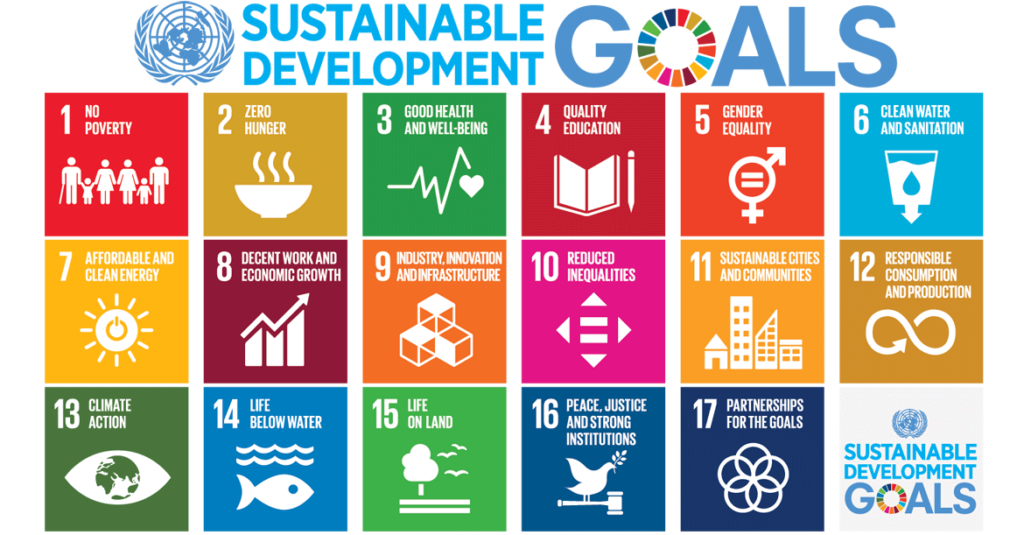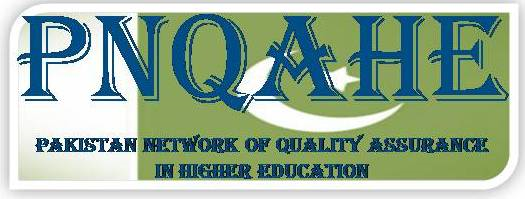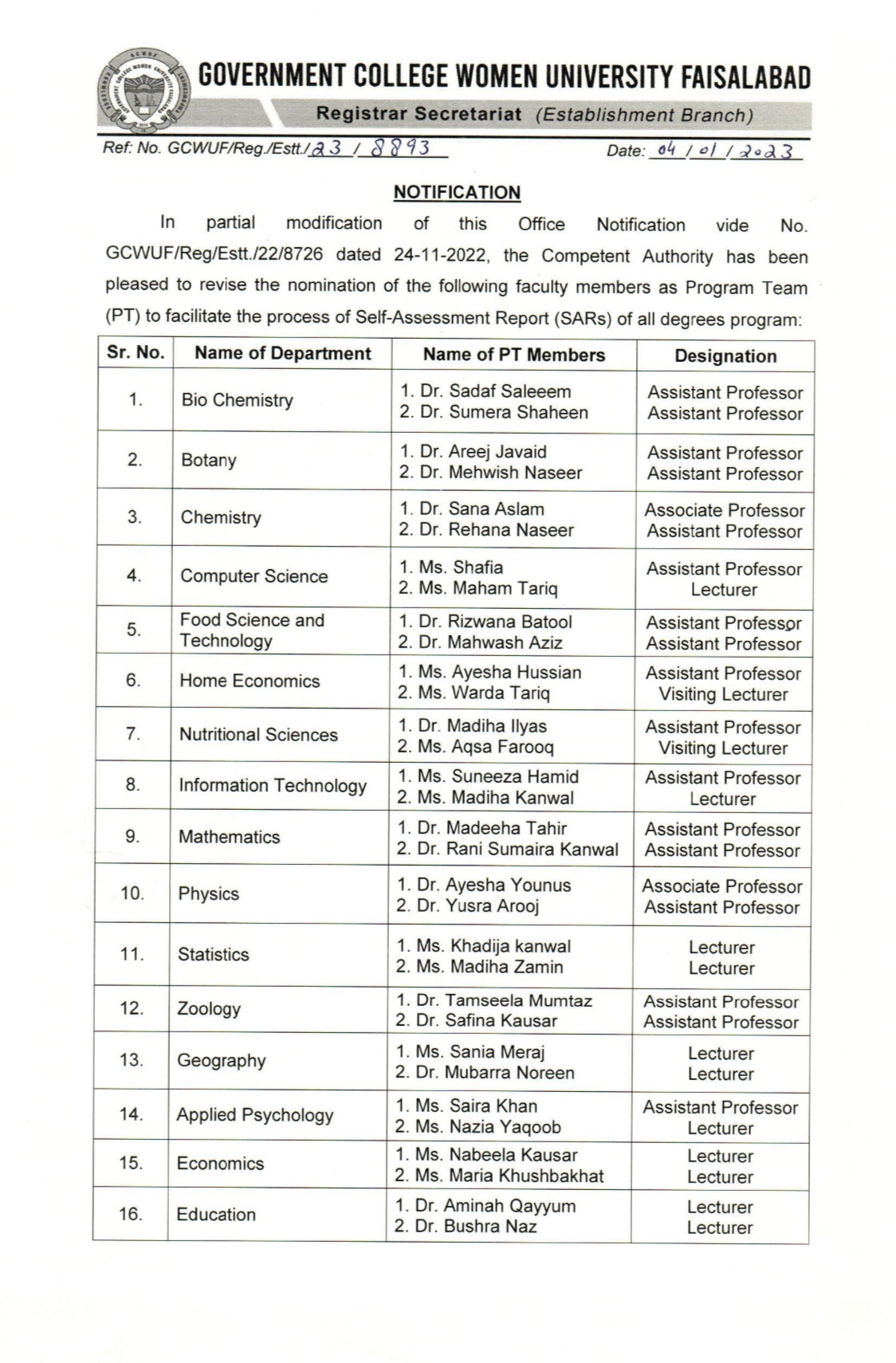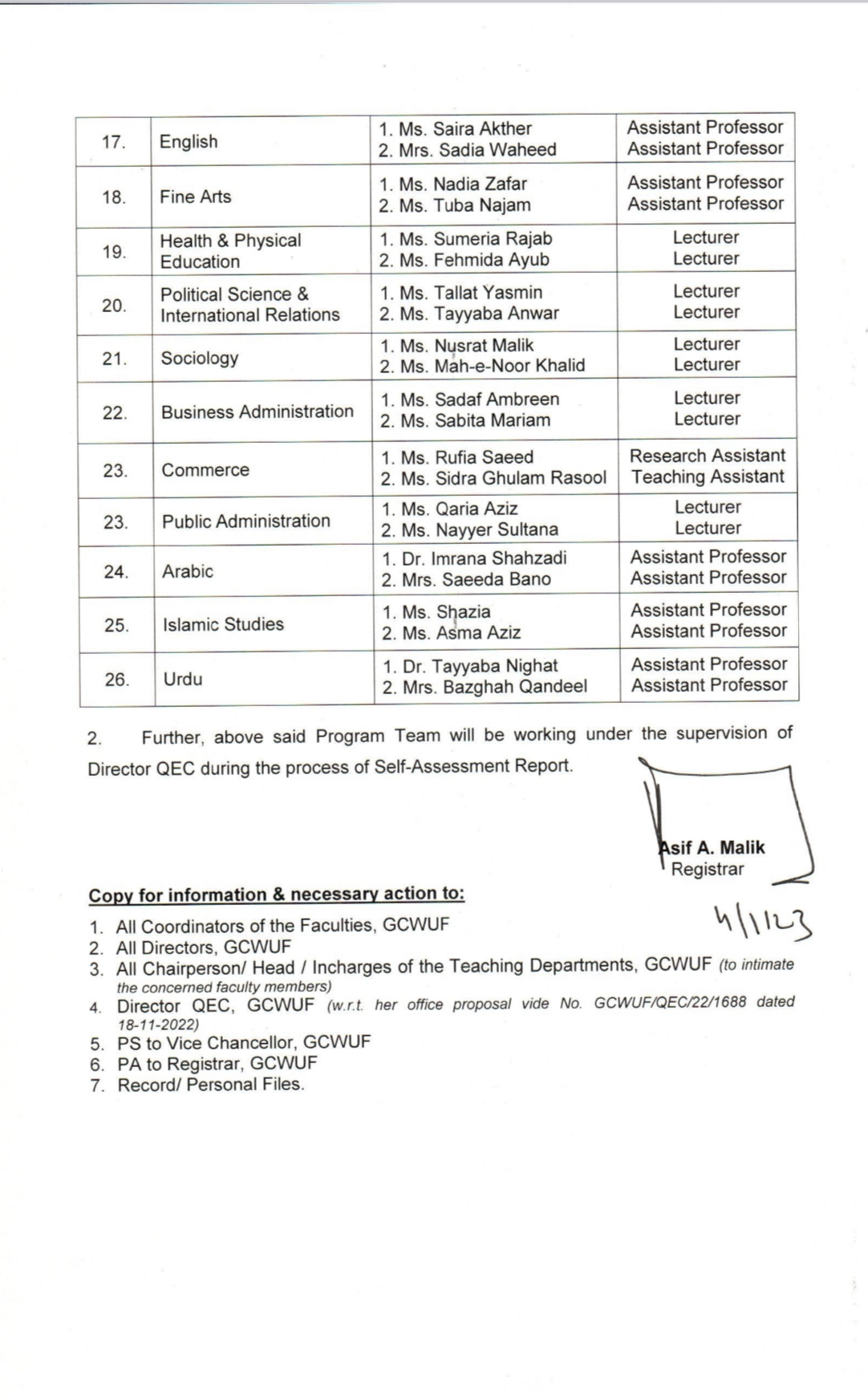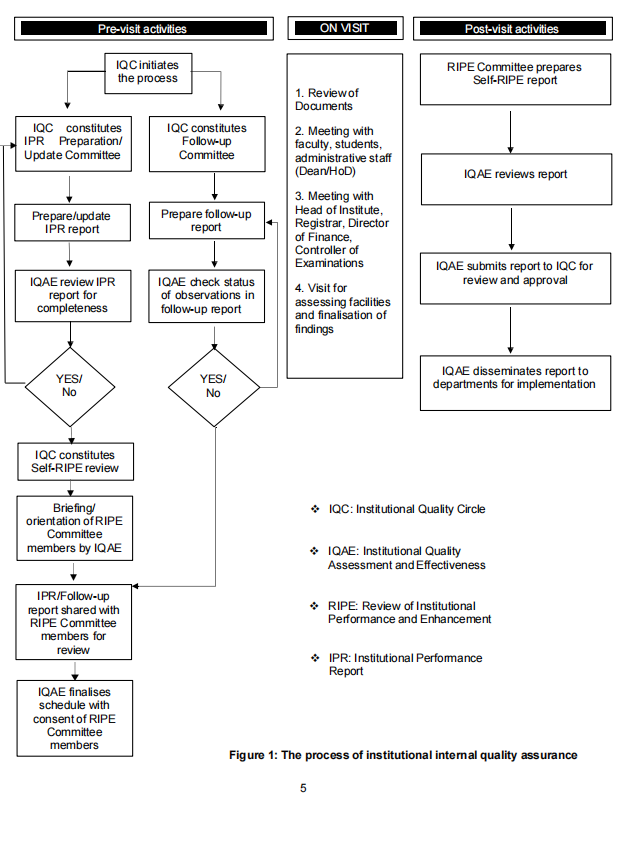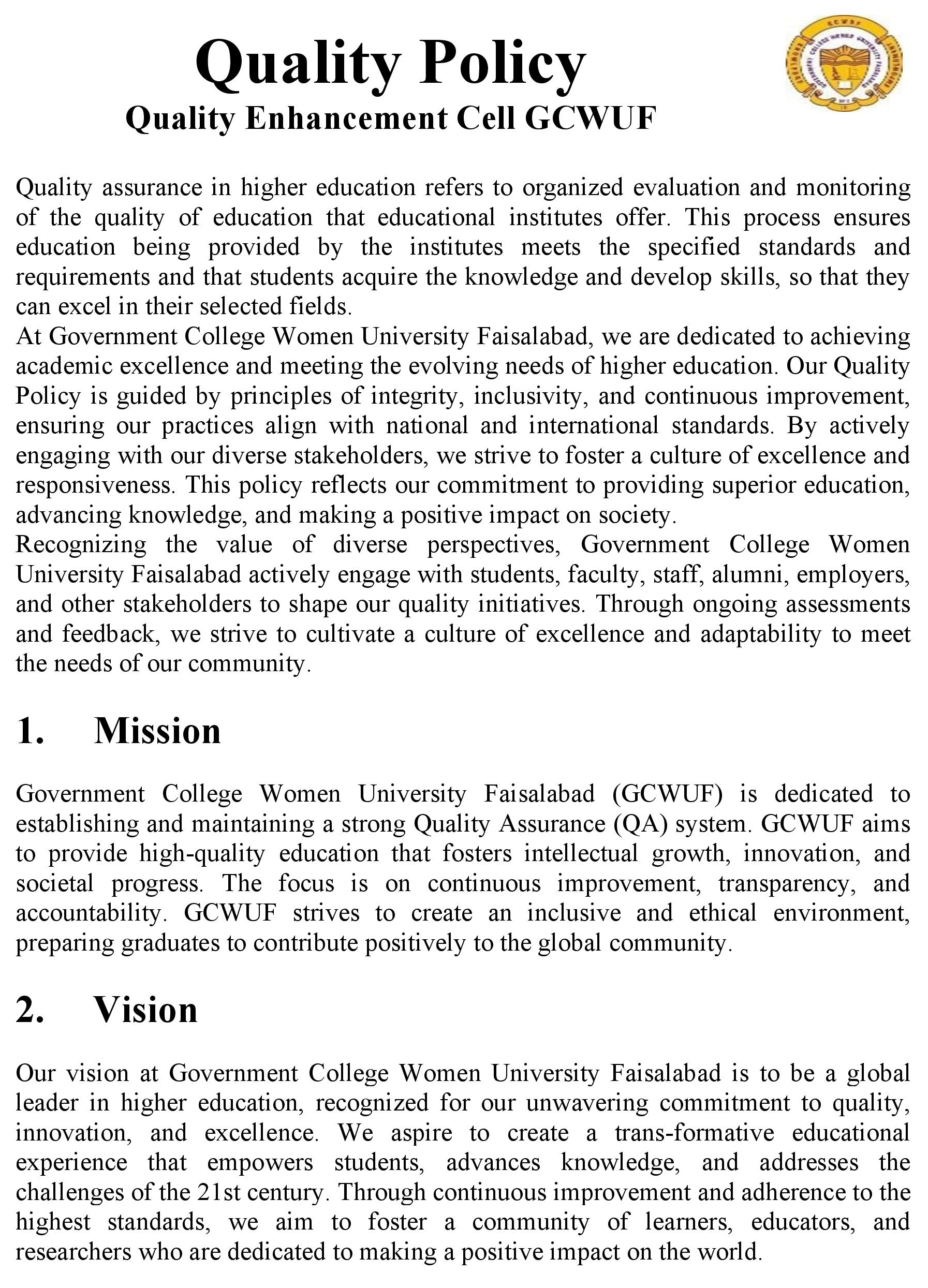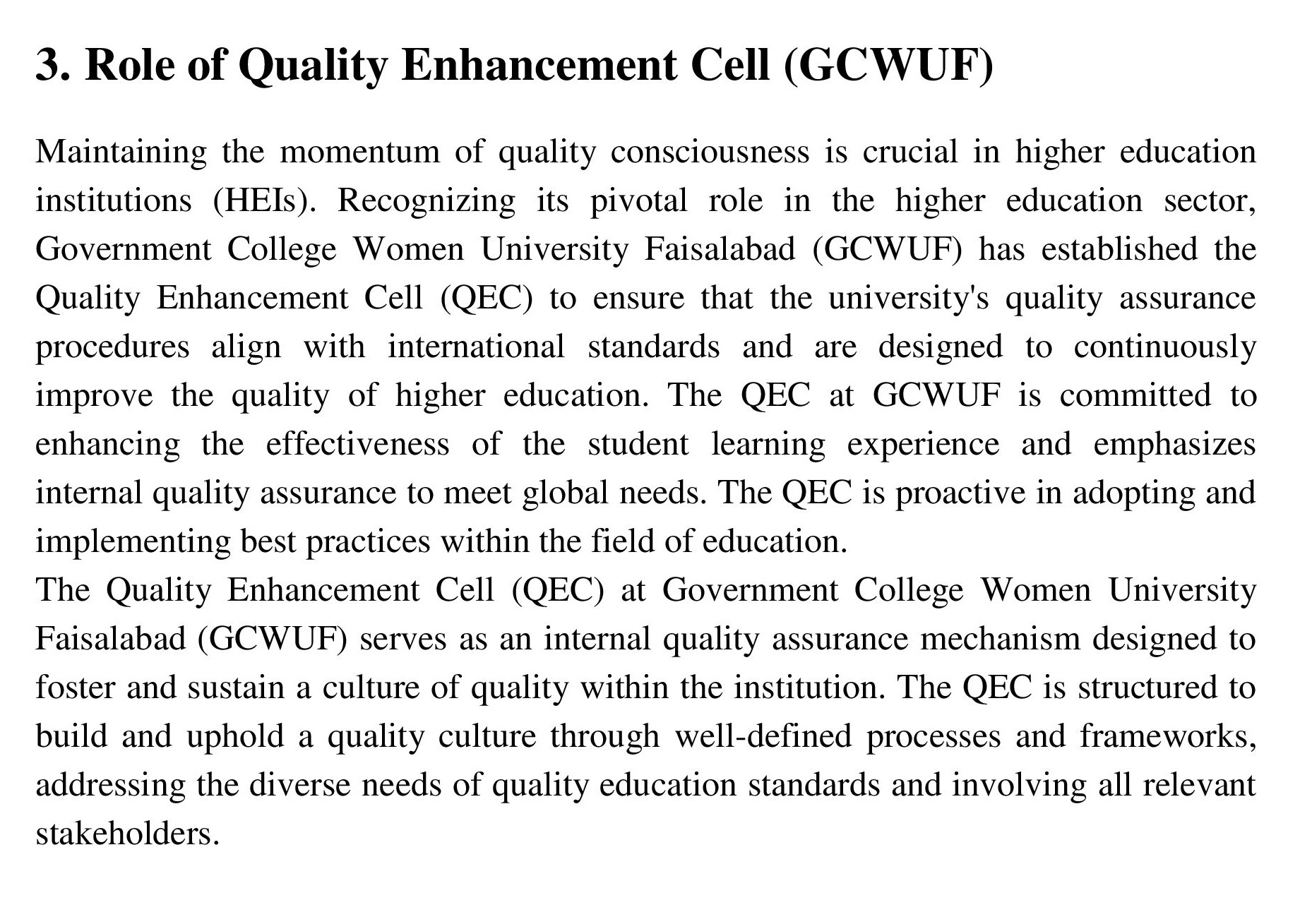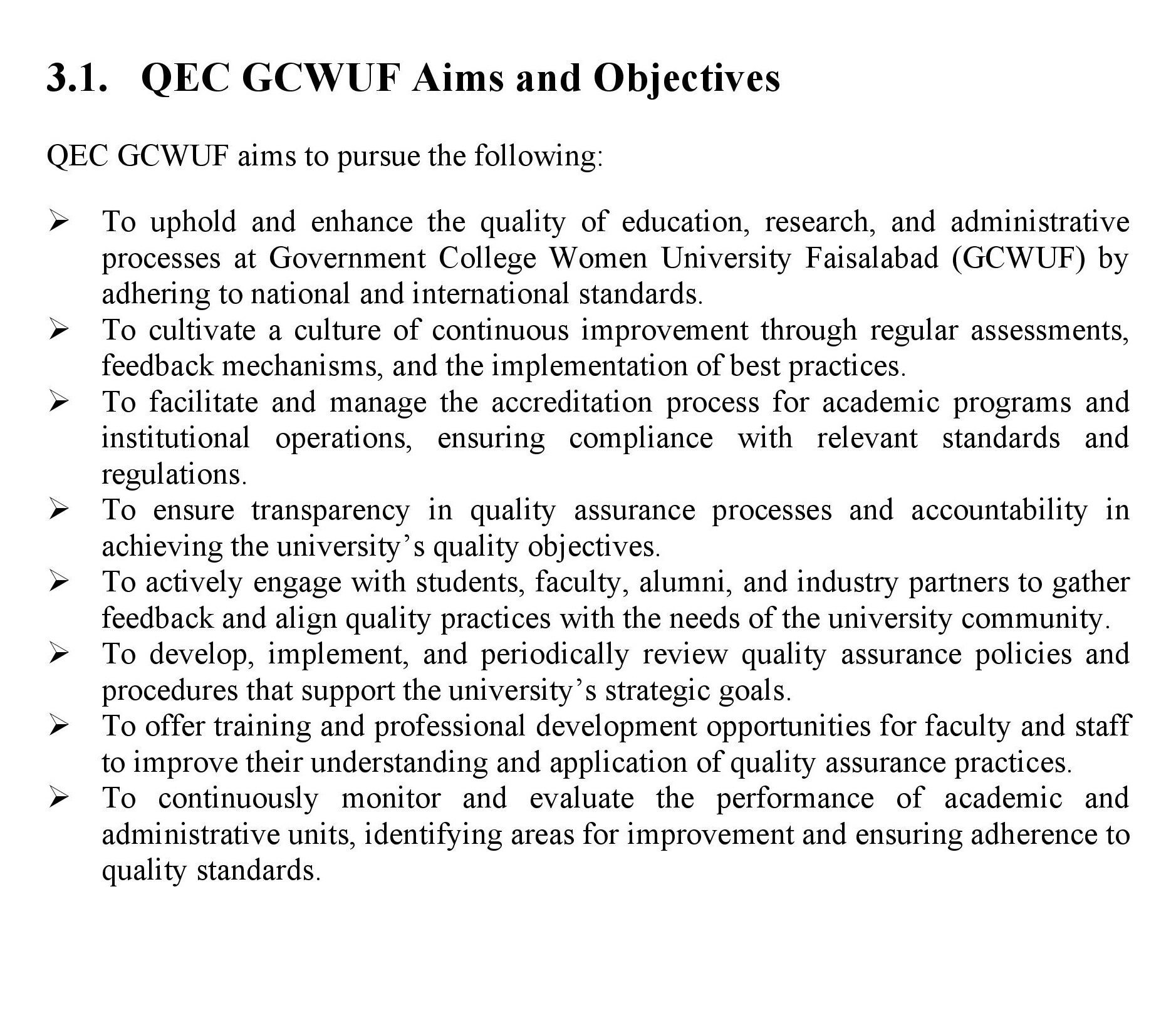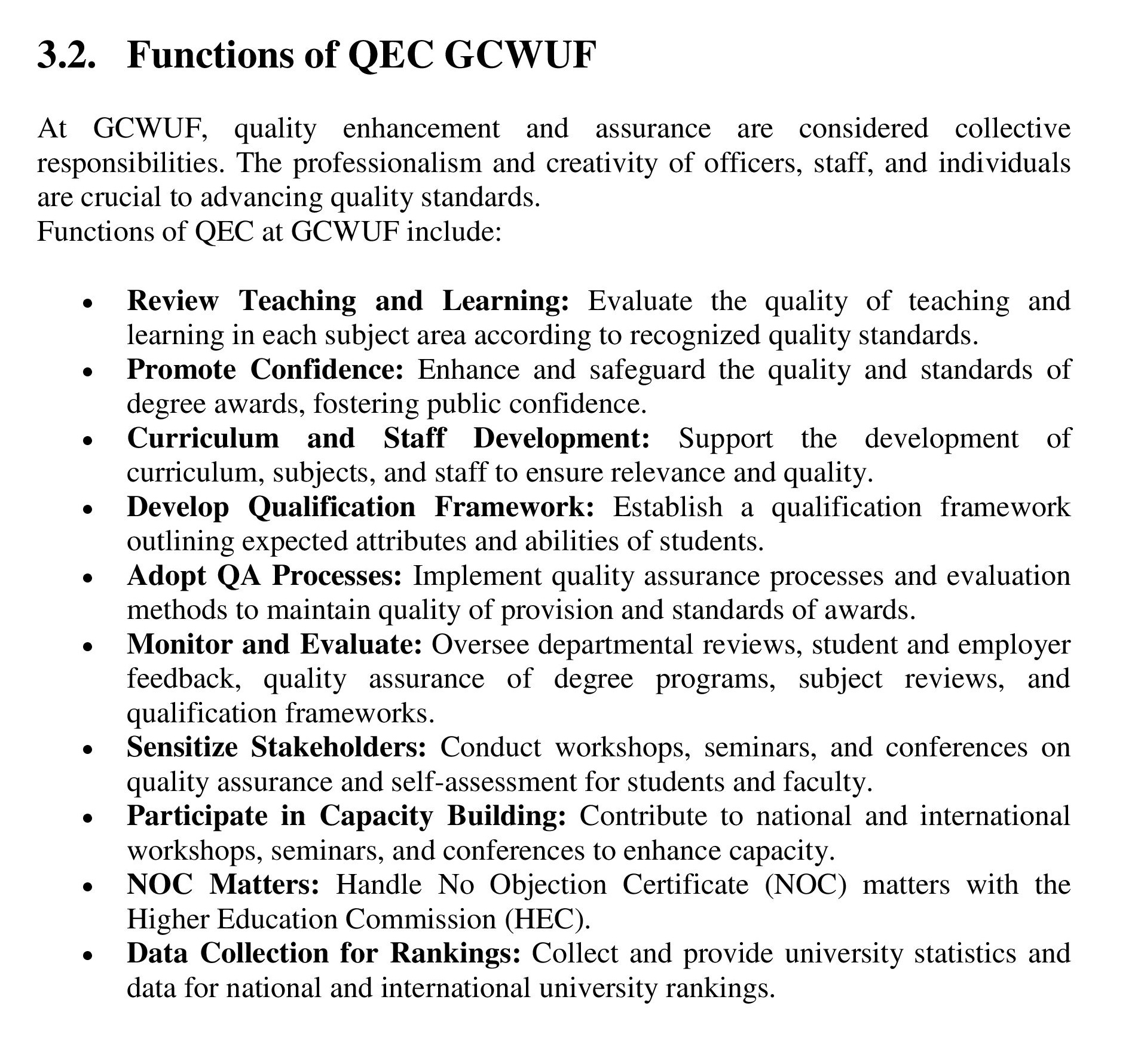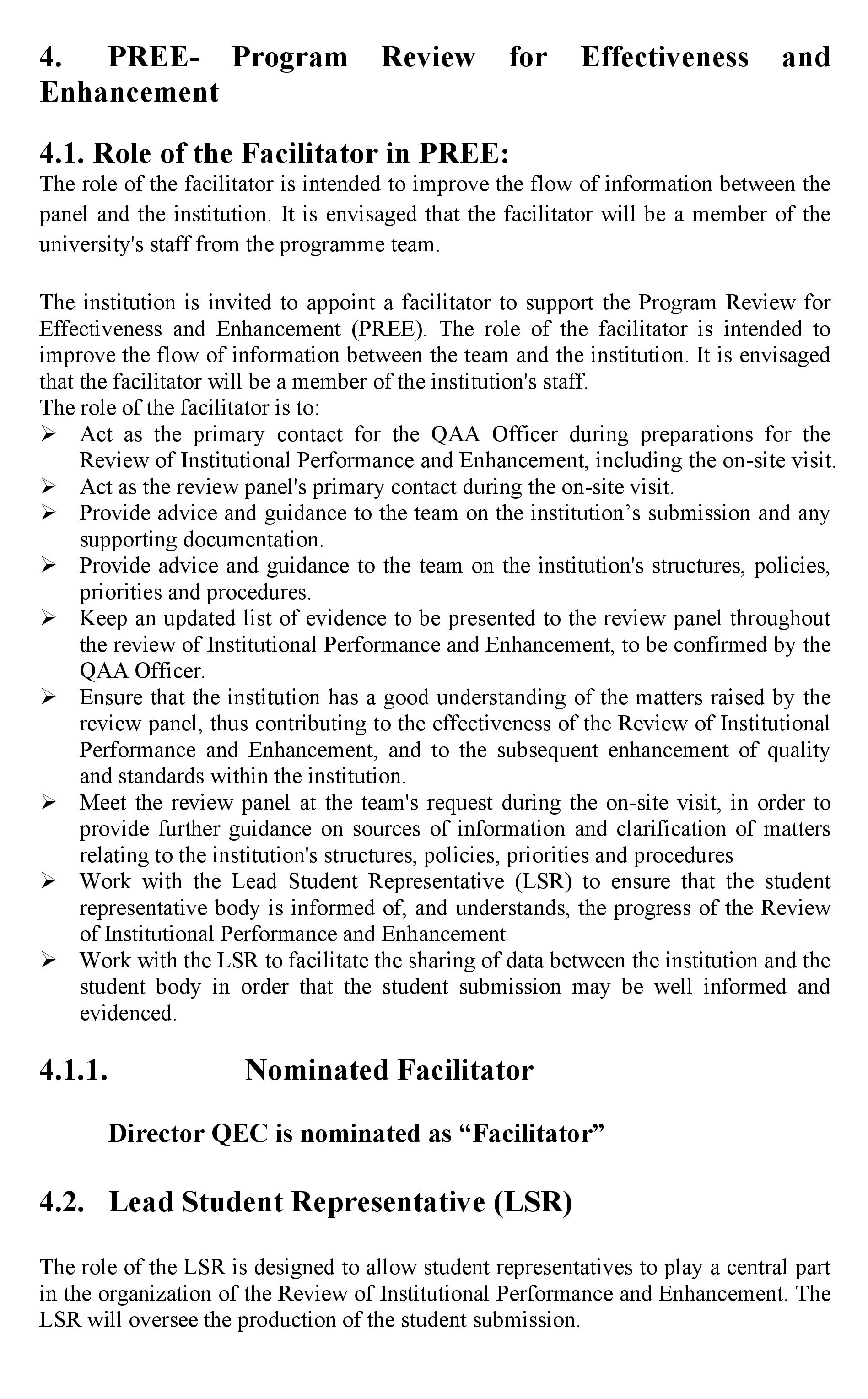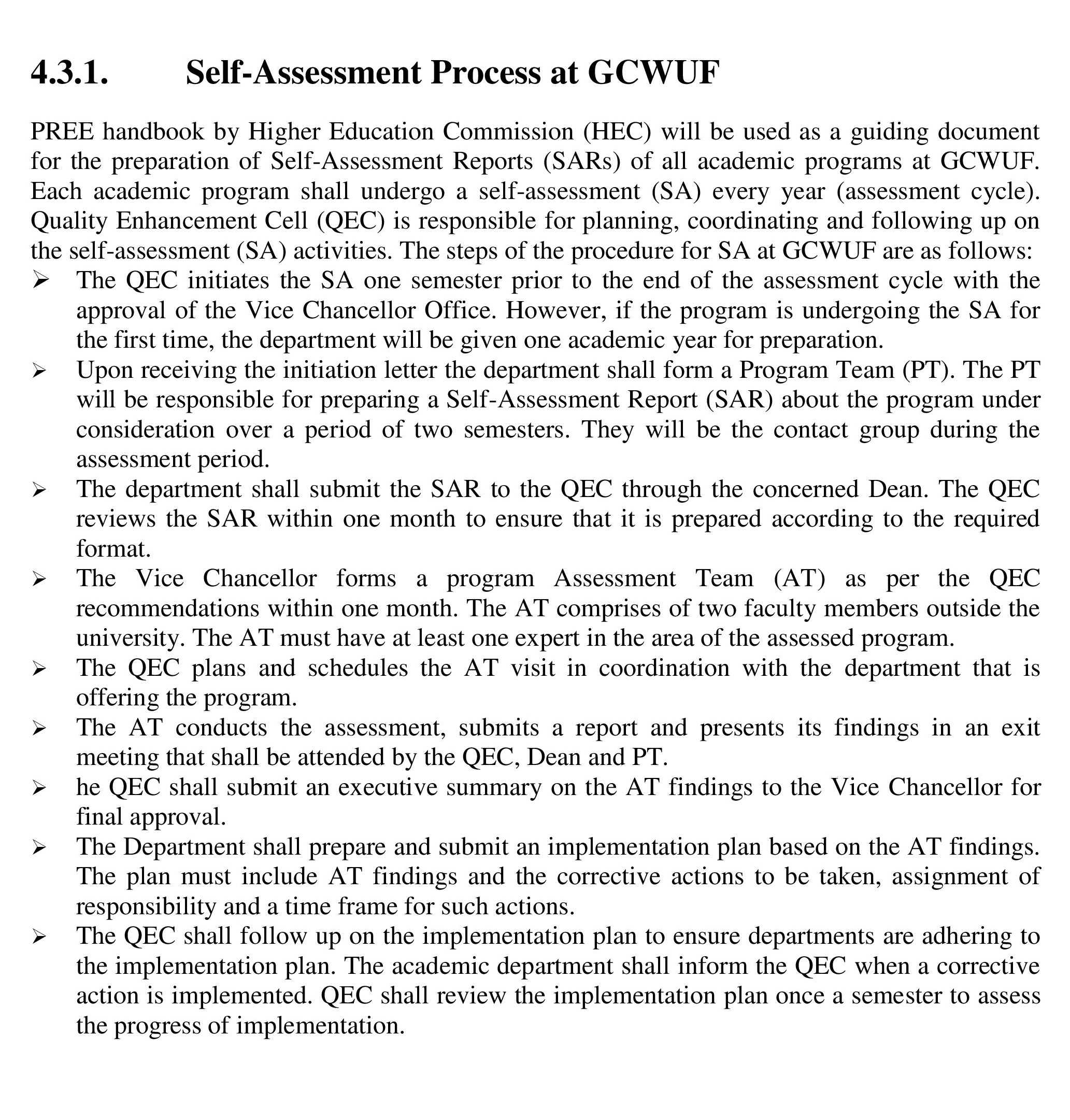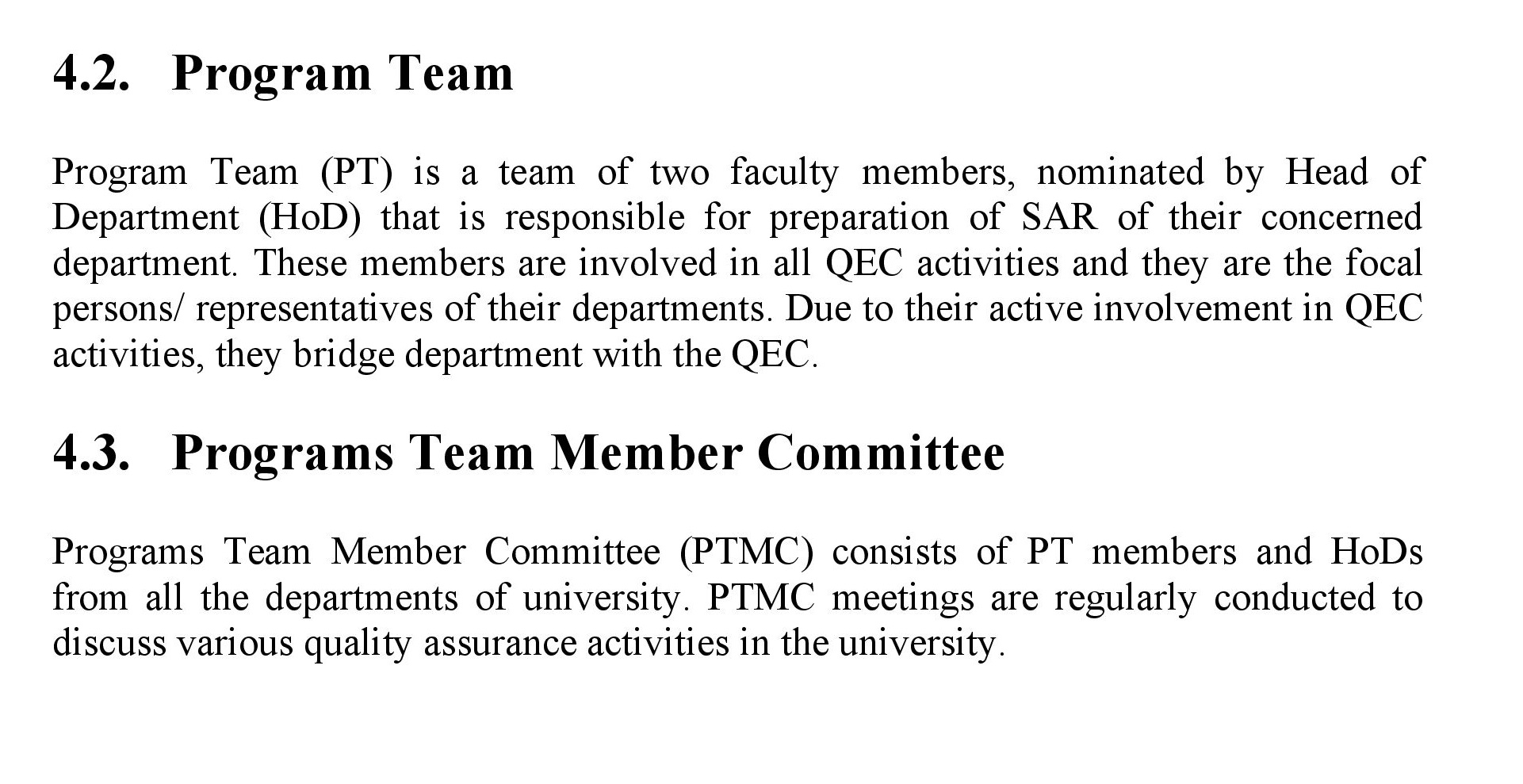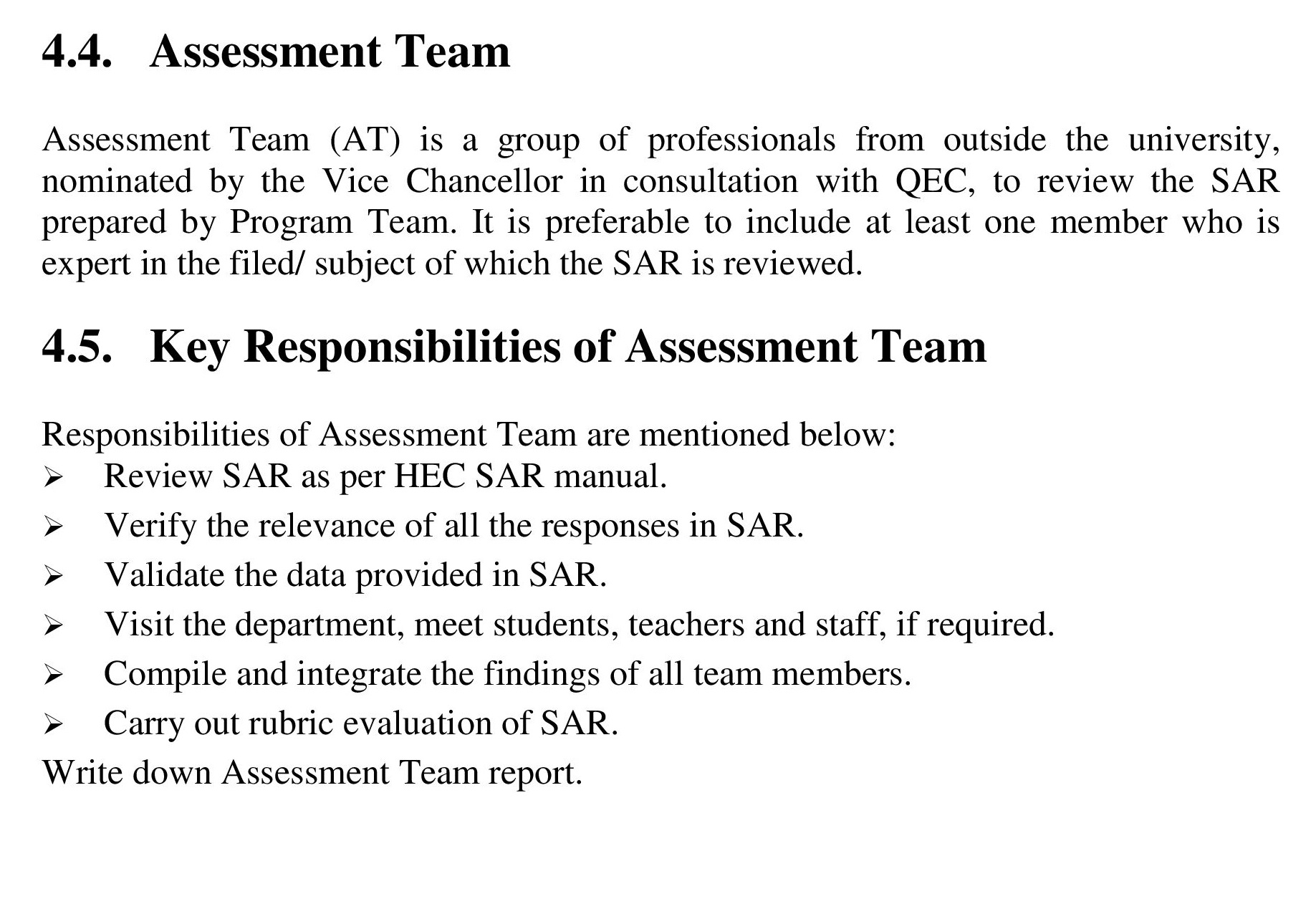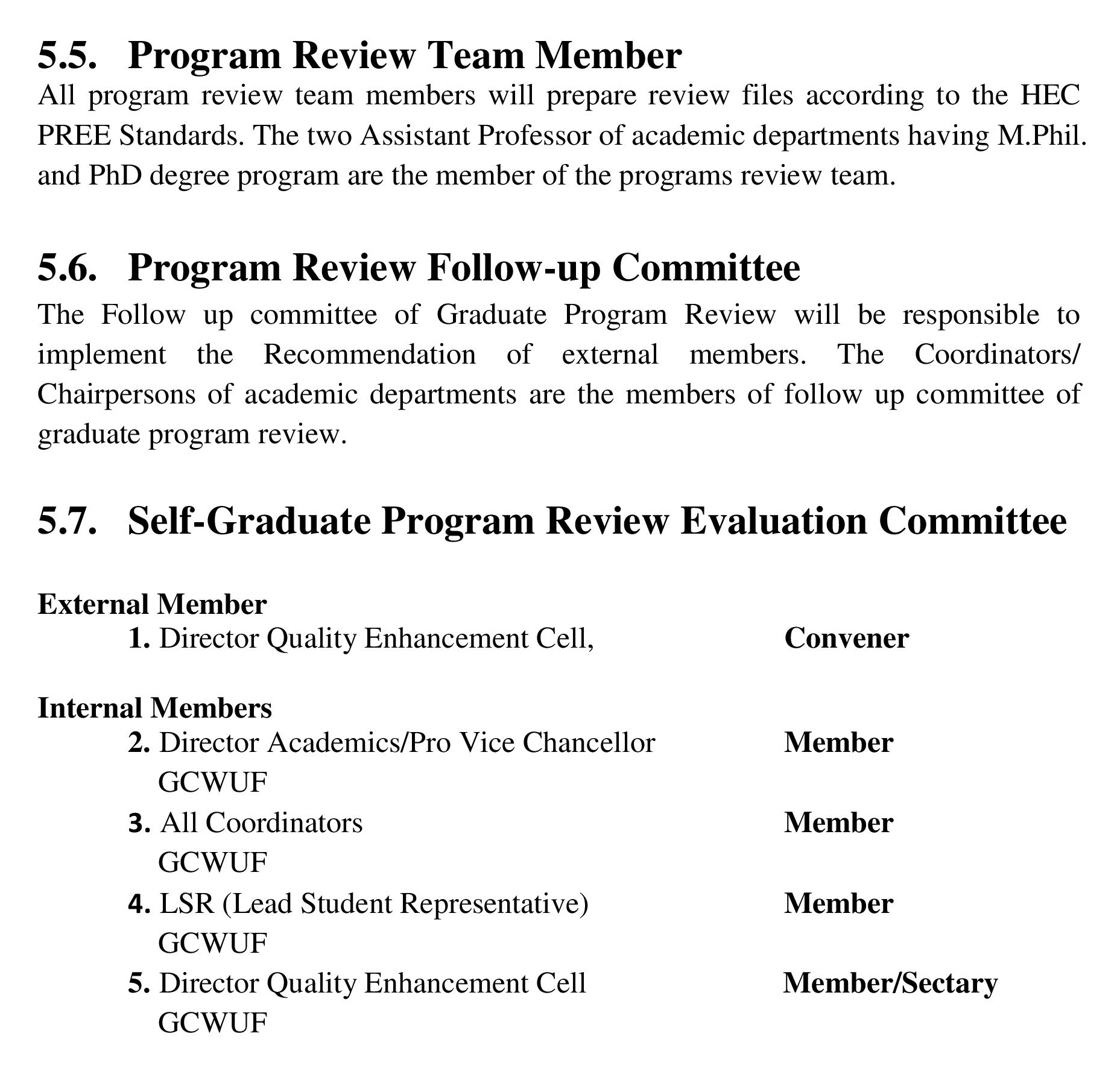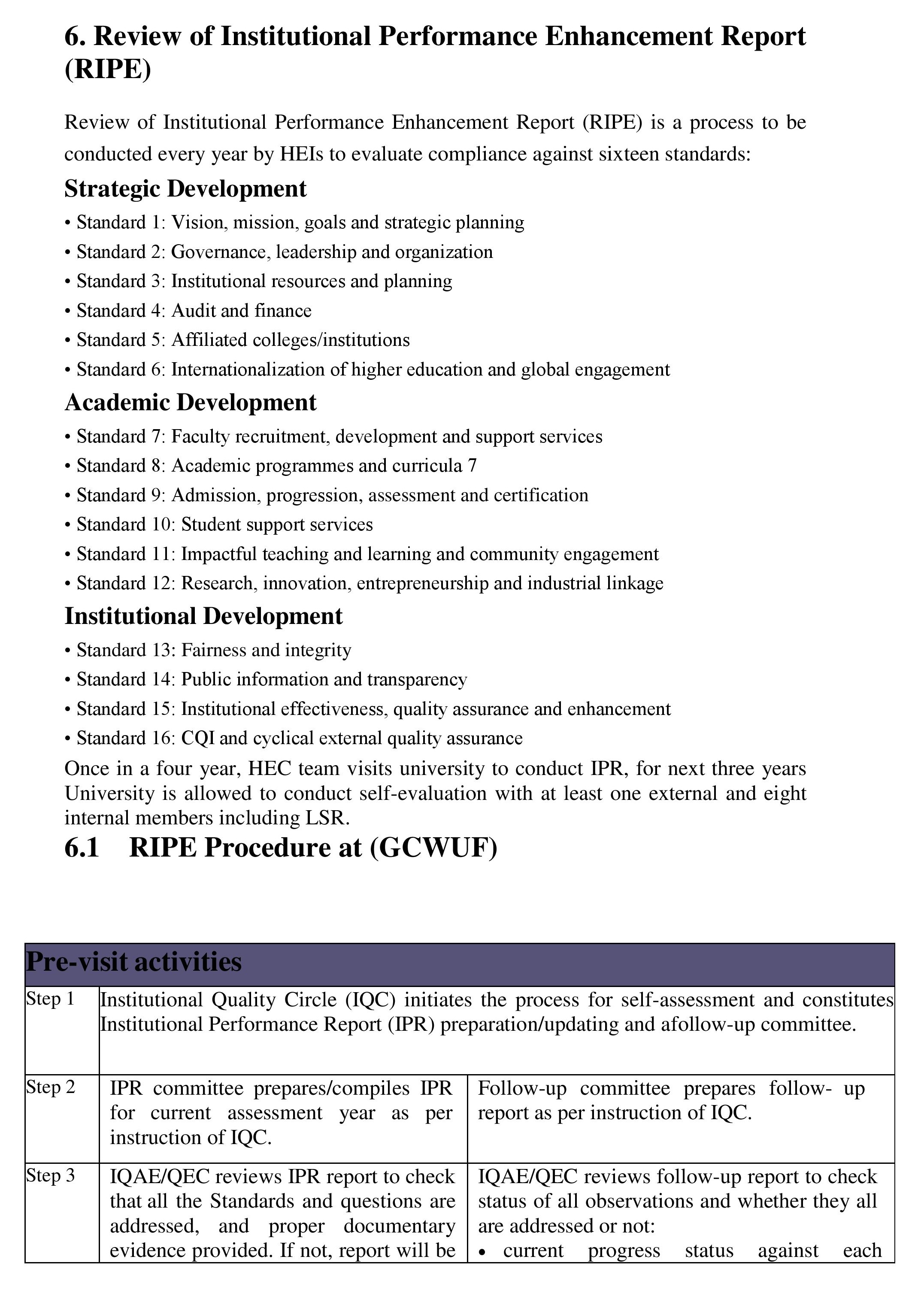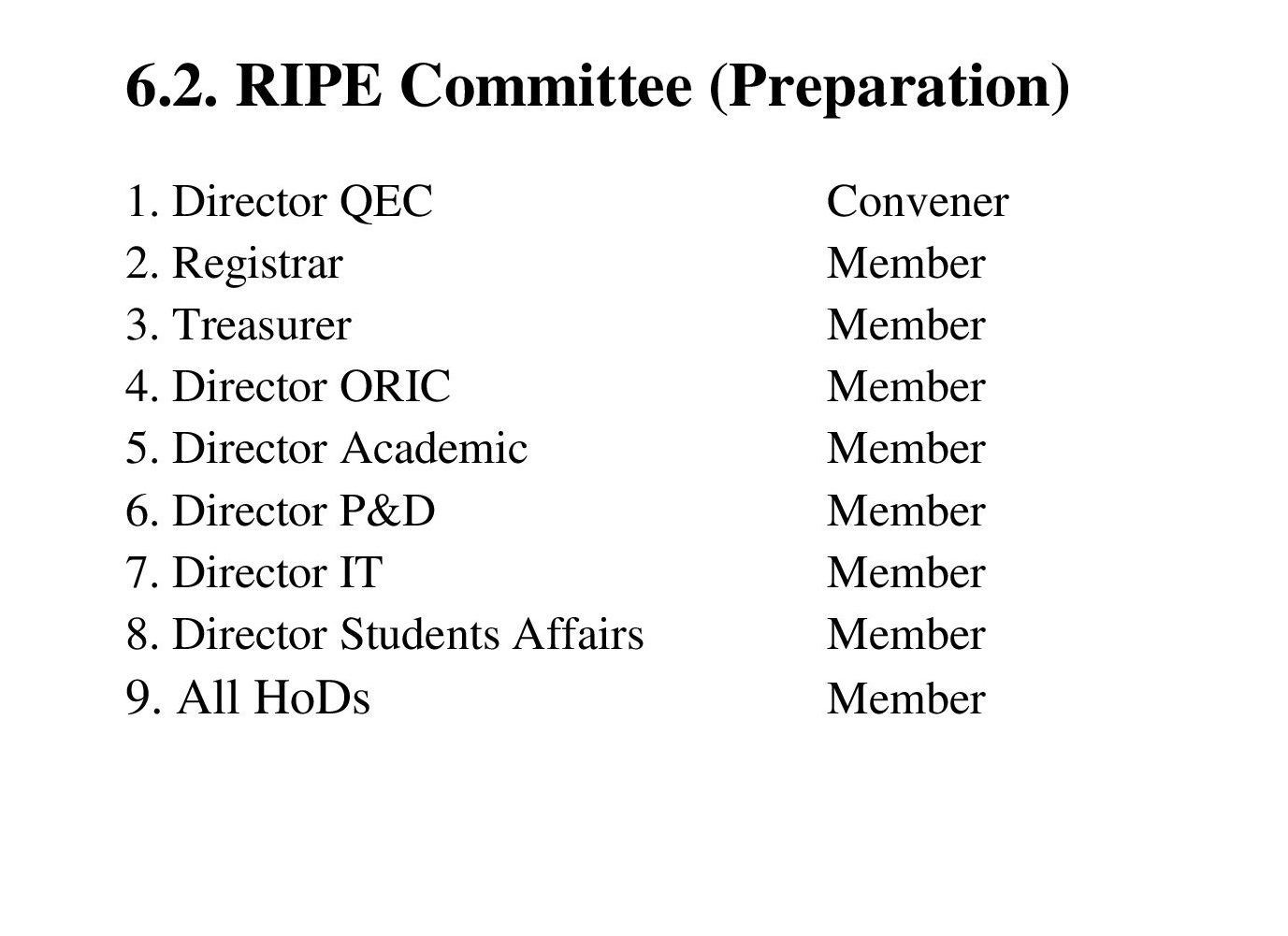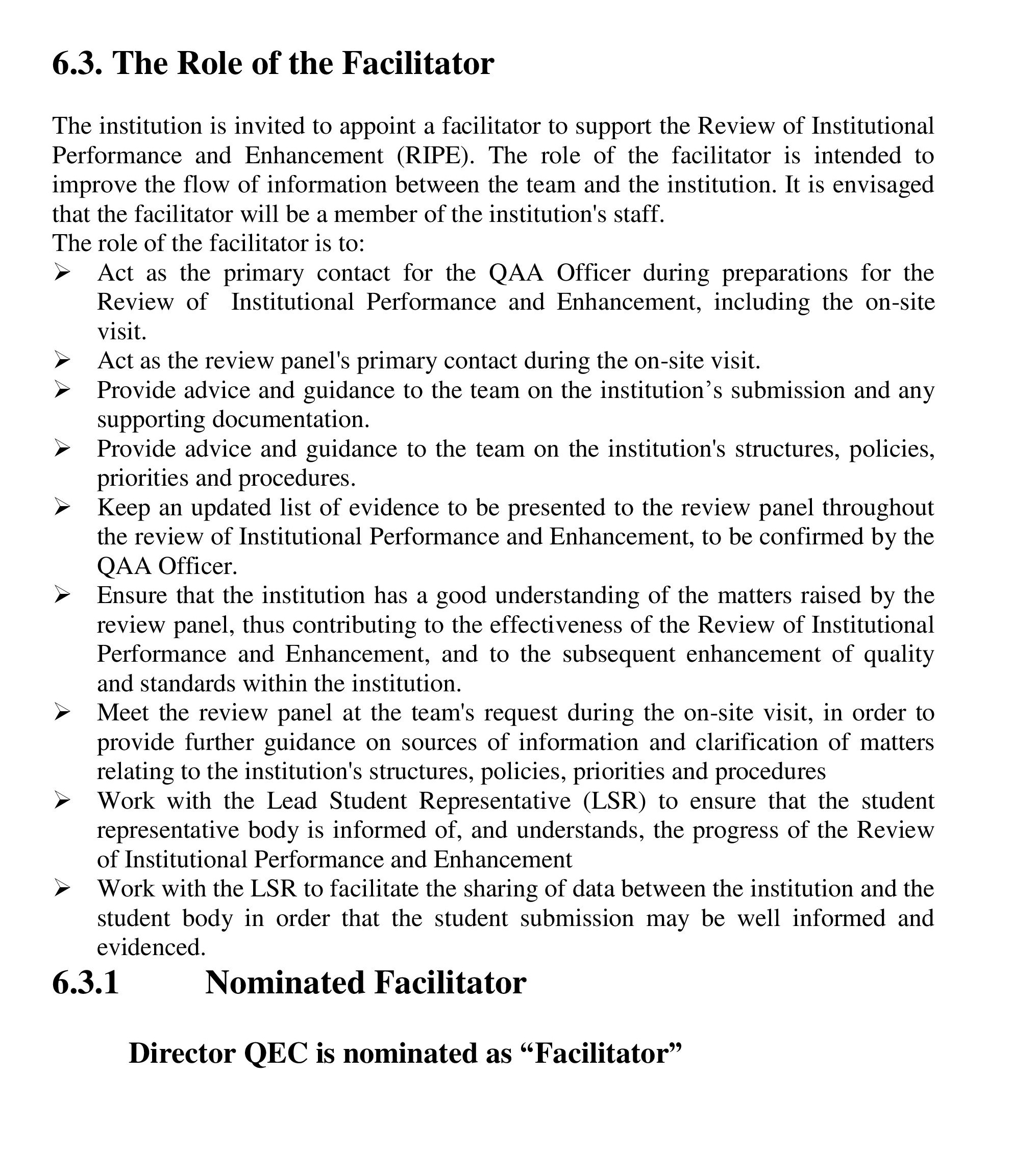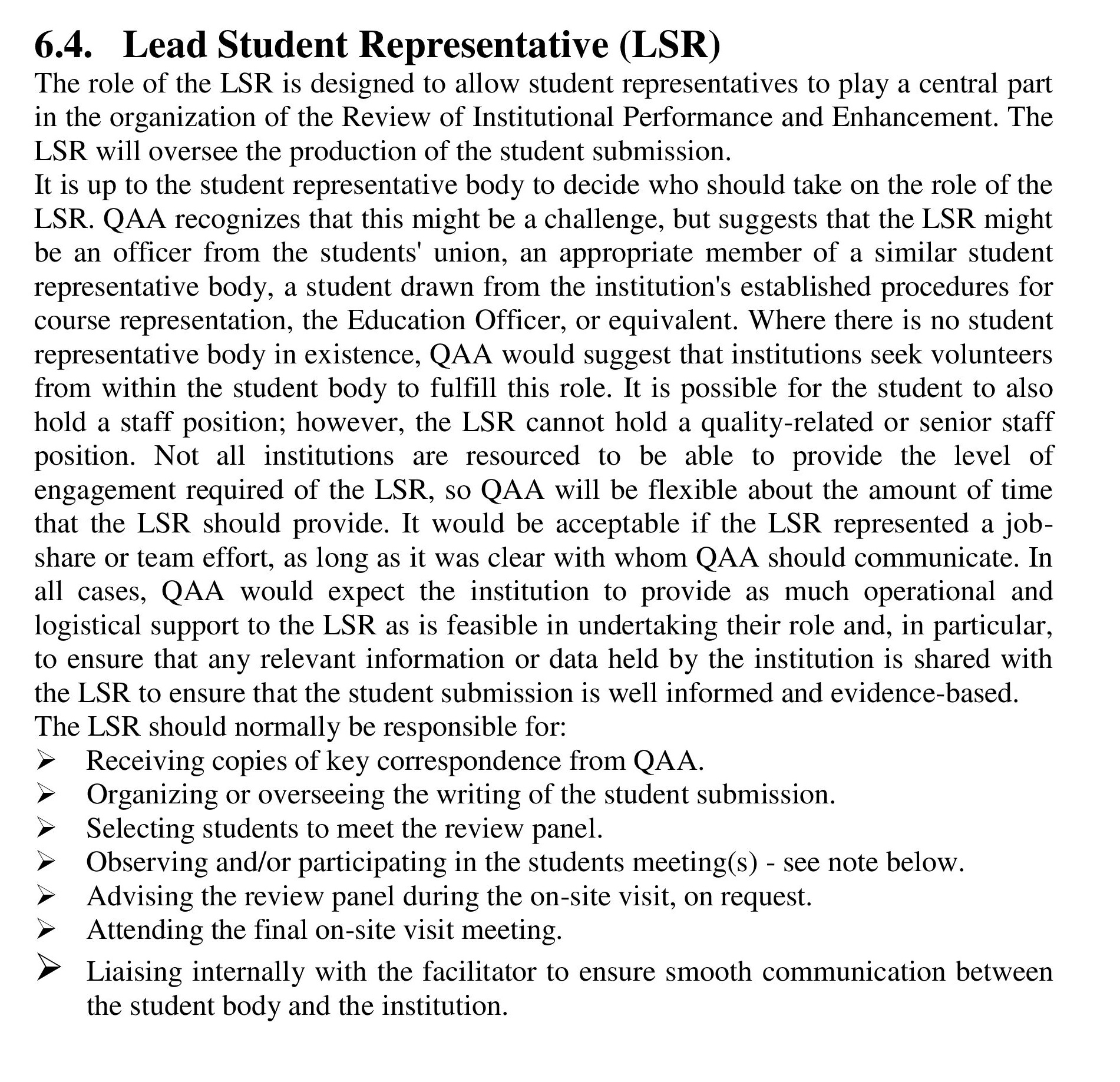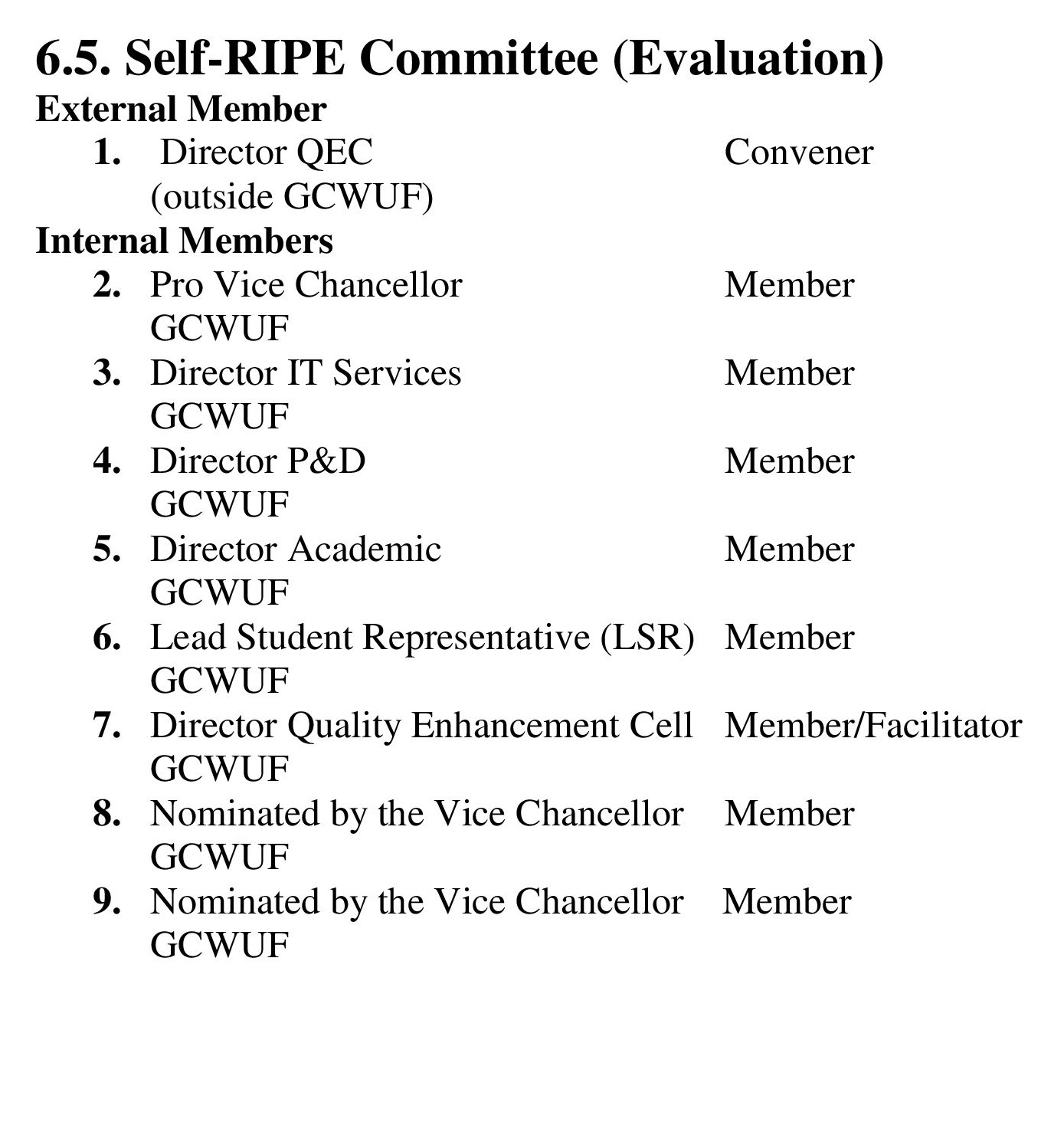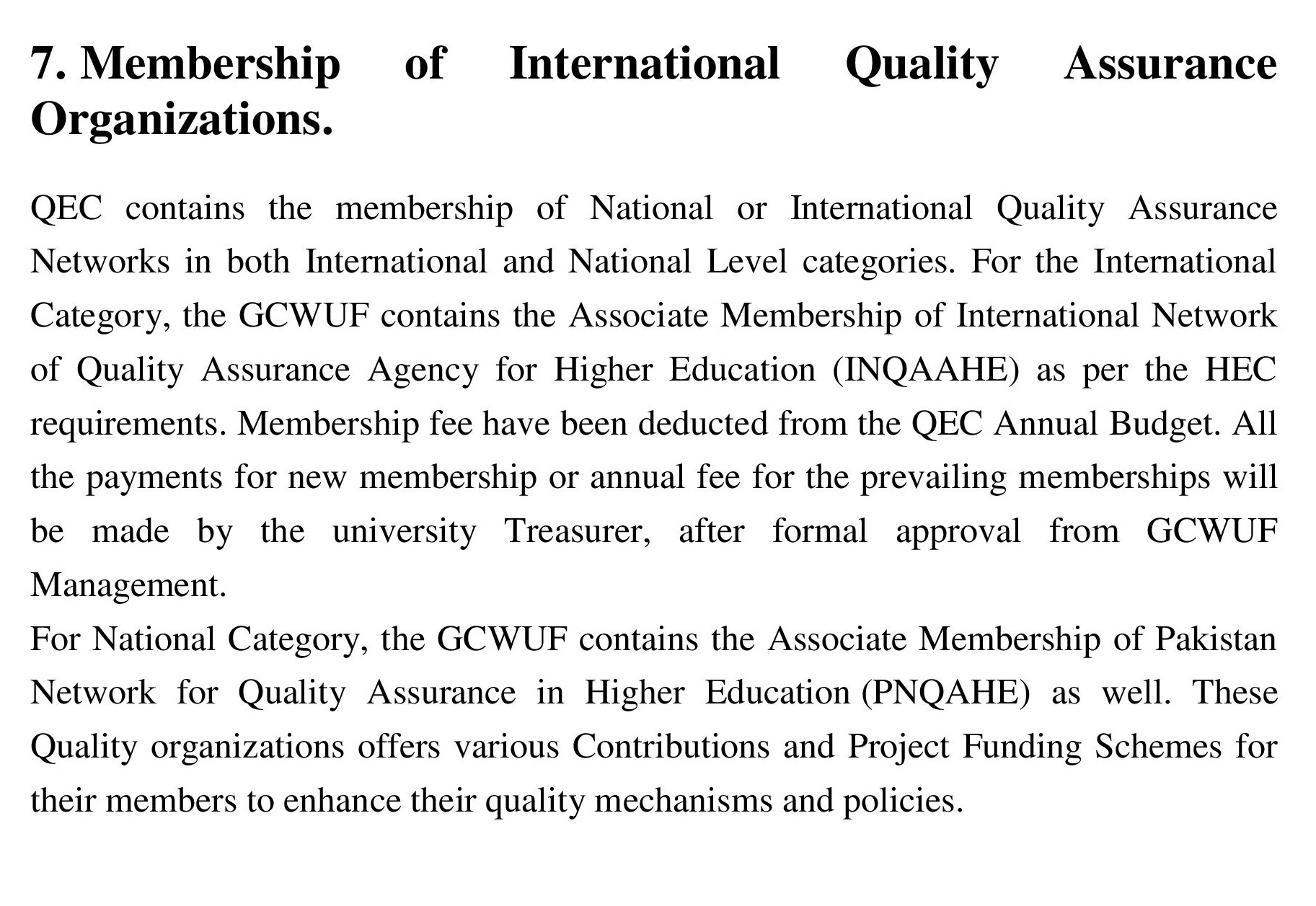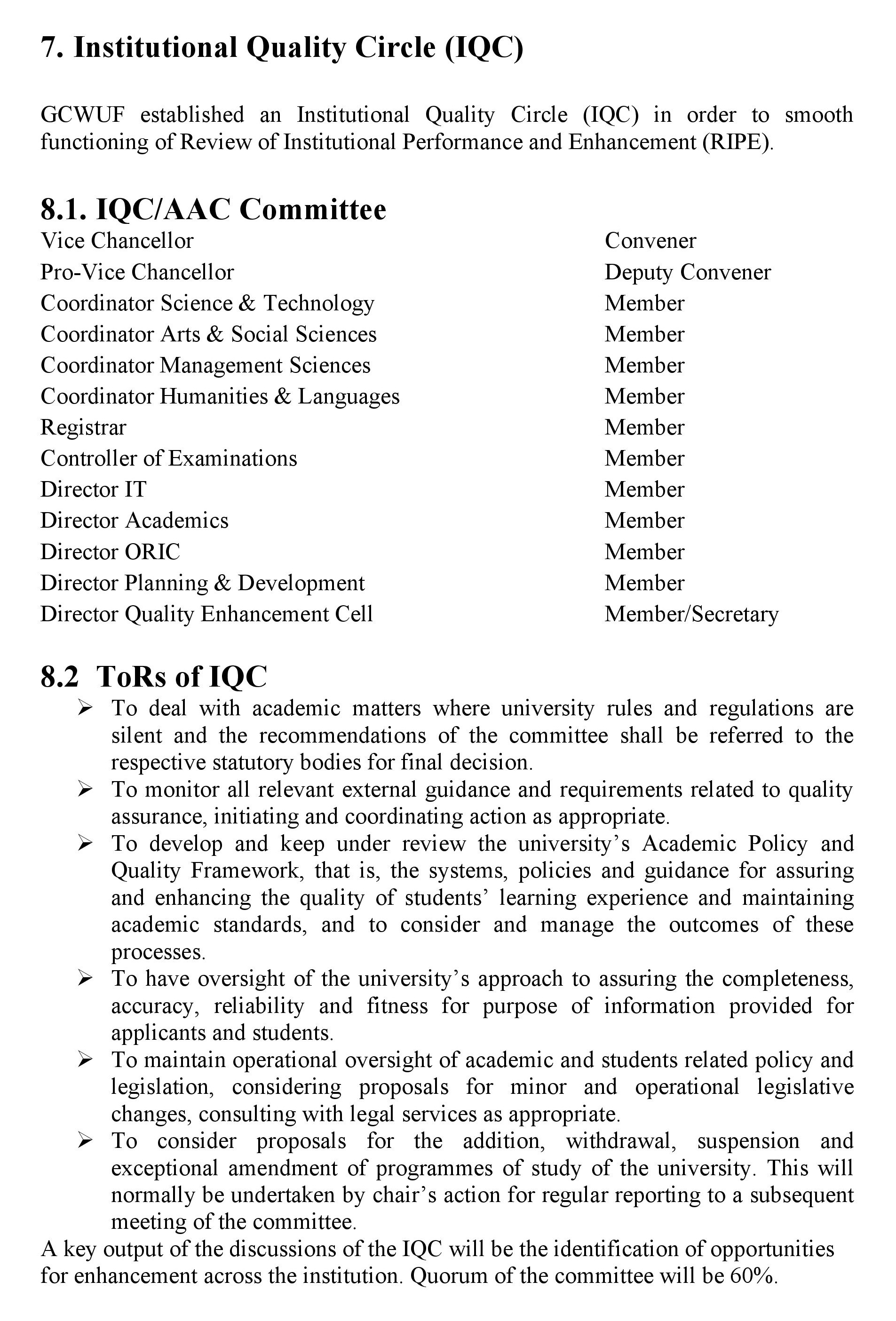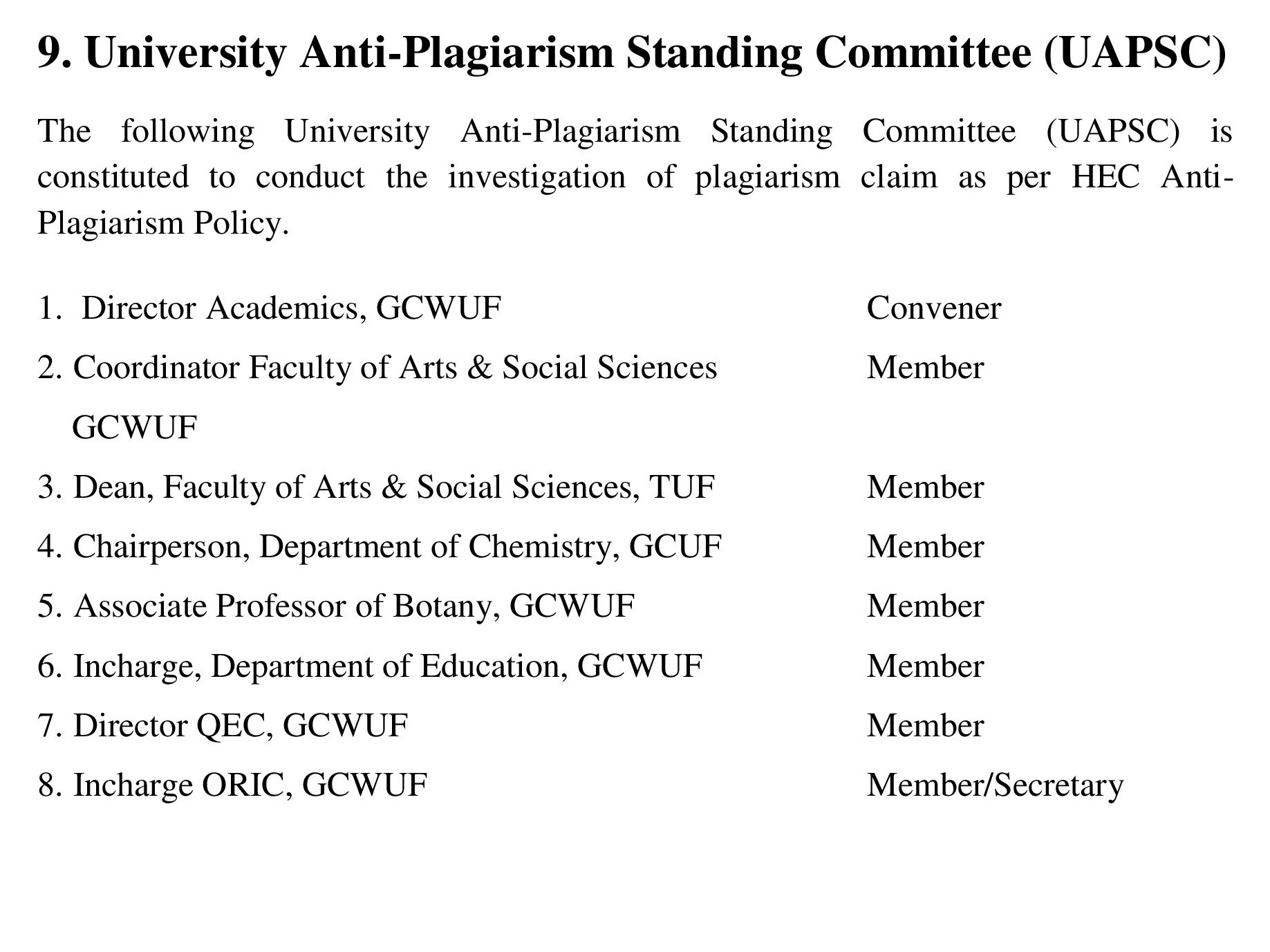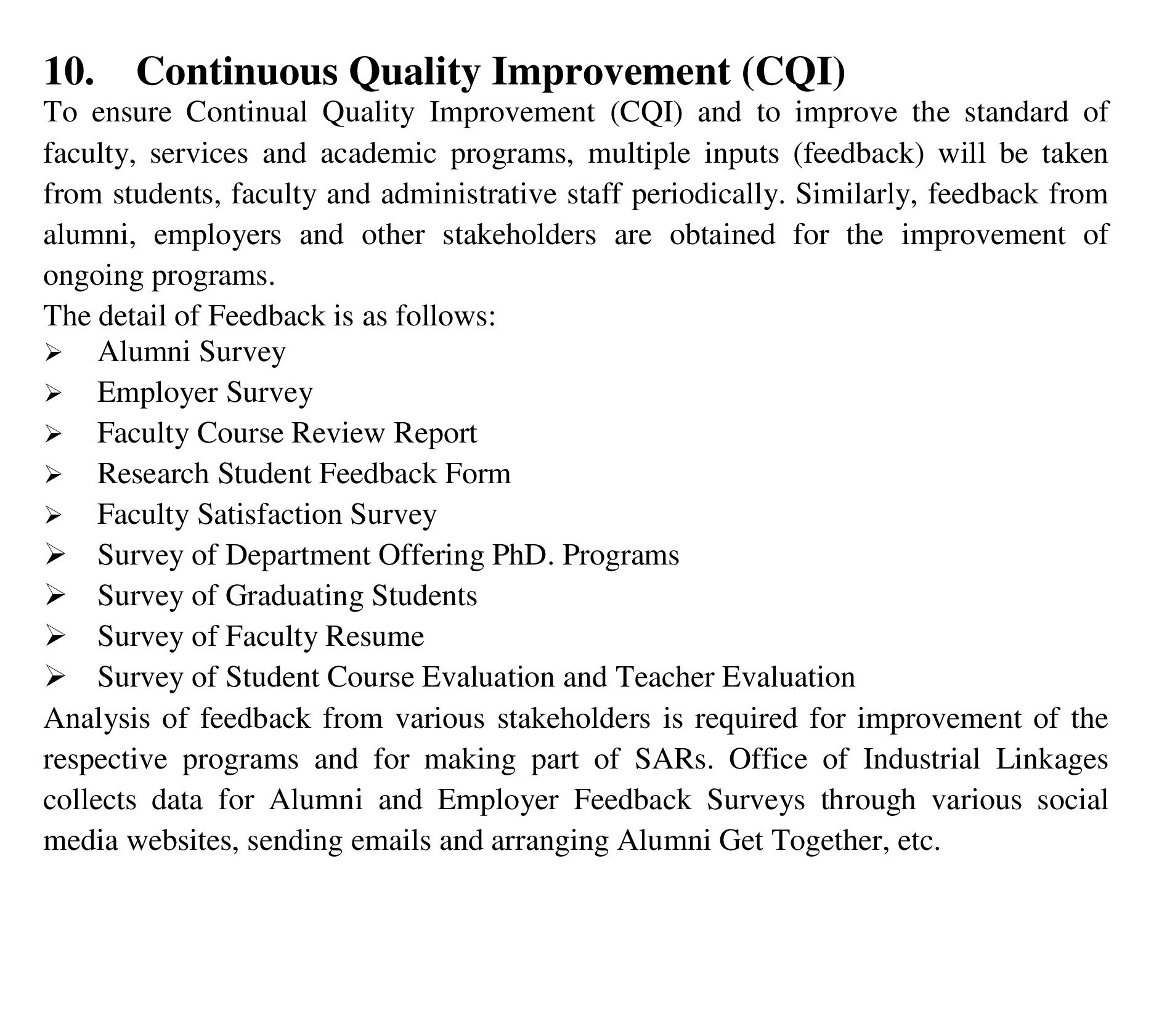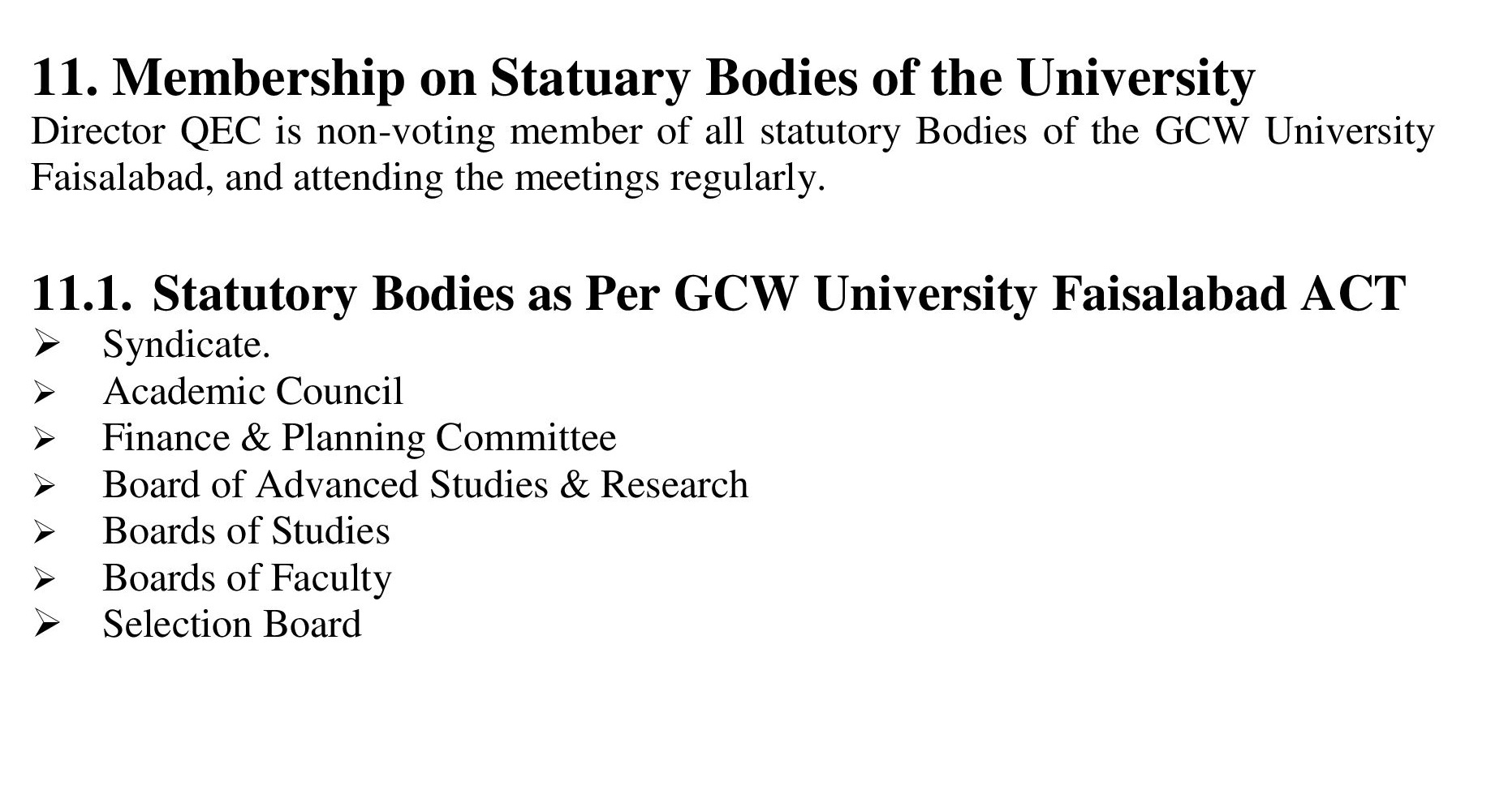Institutional level quality
assurance is concerned with the RIPE Standards set out in the Quality Assurance
Framework, against which each institution is required to align.
The RIPE Standards as set out
in the Quality Assurance PSG Framework are as follows. Higher education
institutions are expected to use all RIPE Standards in framing the
institutional approach to quality assurance.
The Higher
Education Commission has taken a significant initiative of performance based
Institutional recognition and started up with primary step of outlining the
Performance Evaluation Standards for the HEIs to be used for the purpose. A
total of Sixteen Standards are prepared and each one of these articulates a
specific dimension of the institutional quality.
Strategic Development
• Standard 1: Vision, mission, goals and strategic planning
• Standard 2: Governance, leadership and organization
• Standard 3: Institutional resources and planning
• Standard 4: Audit and finance
• Standard 5: Affiliated colleges/institutions
• Standard 6: Internationalization of higher education and global
engagement
Academic Development
• Standard 7: Faculty recruitment, development and support
services
• Standard 8: Academic programmes and curricula 7
• Standard 9: Admission, progression, assessment and certification
• Standard 10: Student support services
• Standard 11: Impactful teaching and learning and community
engagement
• Standard 12: Research, innovation, entrepreneurship and
industrial linkage
Institutional Development
• Standard 13: Fairness and integrity
• Standard 14: Public information and transparency
• Standard 15: Institutional effectiveness, quality assurance and
enhancement
• Standard 16: CQI and cyclical external quality assurance
Institutional Performance Review (IPR)Process
The institutional review process that
consists of a Review Institutional Performance Report (RIPE) and a team visit provides the institution
with performance indicators which will permit to look at the university
critically, to have input from an external review team, and to take the
necessary steps towards continuous quality improvement. This review process
which will take place periodically is of vital importance to all universities
that desire to meet international standards.
In order to achieve the desired
Expectations of RIPE Reviews, the university must provide the answers to the
questions listed in conjunction with each of the standards as well as the
university data which is requested by the university. This University
(IPR) Report needs to be prepared before the visit of IPR Panel. The RIPE Panel
will be at university for three days.
The purpose of such a review is not to
bestow praise nor is it just to find fault. It is to be an honest appraisal of
where there are existing strengths and where there is a need for improvement.
External peer review is vital to a high quality university that seeks to
nurture a culture of continuous appraisal and improvement.
Role of IQAE/QEC within the Institution:
Leadership: IQAE/QEC
provides leadership and strategic direction for quality assurance initiatives
within the institution, working closely with IQC, senior leadership, academic
departments, and administrative units.
Coordination and support: IQAE/QEC
serves as the central coordinating and supporting body for quality assessment
activities, ensuring alignment with institutional goals, objectives, and
accreditation standards.
Facilitate Assessment and improvement:
IQAE/QEC facilitates and
oversees the design, implementation, and evaluation of institutional assessment
processes, including program reviews, student learning outcomes assessment, and
institutional effectiveness evaluations.
Major Functions of IQAE/QEC:
Compliance: IQAE
monitors institutional compliance with regulatory requirements, accreditation
standards, and best practices in higher education, identifying areas for
improvement and implementing corrective actions as needed.
Improvement:
IQAE/QEC facilitates institutional improvement efforts by analyzing assessment
data, identifying trends and patterns, and recommending evidence-based
strategies and interventions to enhance performance and outcomes.
Communication: IQAE/QEC
communicates assessment findings, recommendations, and best practices to
stakeholders across the institution, promoting transparency, accountability,
and shared ownership of quality assurance efforts.
Data Collection and analysis: IQAE/QEC
collects, analyzes, and interprets institutional data to assess performance,
identify strengths and weaknesses, and inform decision-making processes.
Report Preparation: IQAE/QEC
compiles a comprehensive QA annual reports or IPER summarizing assessment
results, findings, and recommendations for various stakeholders, including
senior leadership, accreditation bodies, and external agencies.
Continuous Improvement: IQAE/QEC
collaborates with academic and administrative units through IQC to develop and
implement action plans for continuous improvement, monitoring progress and
evaluating the effectiveness of interventions over time.
Professional Development: IQAE/QEC
provides training, workshops, and resources to faculty, staff, and
administrators in collaboration with IQC on quality assessment methods, data
analysis techniques, and best practices in institutional effectiveness.
External Relations: IQAE/QEC
represents the institution in interactions with external stakeholders,
accreditation agencies, government bodies, and other institutions, ensuring
compliance with regulatory requirements and maintaining institutional
accreditation status.
The process of institutional internal quality assurance
(institutional self-assessment) is illustrated in the Table and Figure below.
Pre-visit activities
|
Pre-visit activities
|
|
Step 1
|
Institutional
Quality Circle (IQC) initiates the process for self-assessment and constitutes Institutional Performance
Report (IPR) preparation/updating and a follow-up committee.
|
|
Step 2
|
IPR committee prepares/compiles IPR for current assessment year as per instruction of IQC.
|
Follow-up committee prepares follow-
up report as per
instruction of IQC.
|
|
Step 3
|
IQAE/QEC reviews
IPR report to check that all the
Standards and questions are addressed,
and proper documentary evidence provided. If not, report
will be sent
back to Committee.
|
IQAE/QEC reviews
follow-up report to check status of all observations and whether they all are addressed or not:
·
current progress status against each
finding/recommendation
· timelines defined for each corrective action is being followed
· if not, then proper
justification and revised timelines provided
·
constraints affecting the progress are properly documented.
If anything is missing, the report will
be referred back to the
concerned committee. If not, move
to step 6.
|
|
Step 4
|
IQC constitutes RIPE committee by meeting the conditions below:
· review committee shall consist of five to seven members
(internal and external)
·
at least
one external member
shall be included from HEC’s pool of experts
·
the internal members should preferably comprise seasoned and
senior academics and administrative heads.
|
|
|
Step 5
|
An orientation session will be
organized by IQAE/QEC to brief the RIPE committee members, that include:
·
RIPE Standards
·
Expectations of HEC
·
review process.
|
|
|
Step 6
|
Finalized IPR and follow-up report will be shared with all RIPE
committee members.
|
|
|
Step 7
|
IQAE/QEC finalizes the schedule for RIPE after
consent by RIPE committee and university’s administration.
|
|
|
Review the
documentary evidence against the claims made
in IPR for validation and
list the questions/probing questions to be
asked of different stakeholders.
|
|
Hold separate meetings with:
·
students (bachelor’s, master’s, PhD)
·
faculty (senior
& junior faculty
members)
·
academic heads (Deans/HoDs/Principals, and so on)
· administrative staff
(Registrar, Controller of Examinations, Treasurer, Director of ORIC,
Director of Research, and so
on)
· Directors of Campuses (in case of sub-campuses), Heads
of selected affiliated colleges (in case
of affiliated colleges)
to have an insight on institutional performance in accordance with
their respective domains and to get feedback about any issues
that may be inhibiting progress.
|
|
Visit to assess
classrooms, libraries, laboratories, studios, cafeteria, student accommodation, sports, auditoriums, transport, and so on, in order
to get a clear picture
of all the facilities.
|
|
Meeting of the RIPE committee members in a separate space
for finalization of findings before
the visit ends.
|
|
Post-visit activities
|
|
Step 1
|
Based on observations finalized during visit, RIPE
Committee prepares the
report reflecting all the findings/suggestion/recommendations as per
QAA guidelines.
|
|
Step 2
|
·
RIPE Committee submit reports to IQAE/QEC.
·
IQAE/QEC ensures
that report is signed by all RIPE
Committee members.
·
In case
of any conflict, IQAE/QEC moderates to resolve the conflict and
finalizes report with mutual
agreement of all members.
|
|
Step 3
|
IQAE/QEC submits
report to IQC for signing
off/review and approval.
|
|
Step 4
|
IQAE/QEC disseminates report to departments for implementation and IQAE/QEC will
monitor the implementation through IQC as per
institutional CQI policy.
|


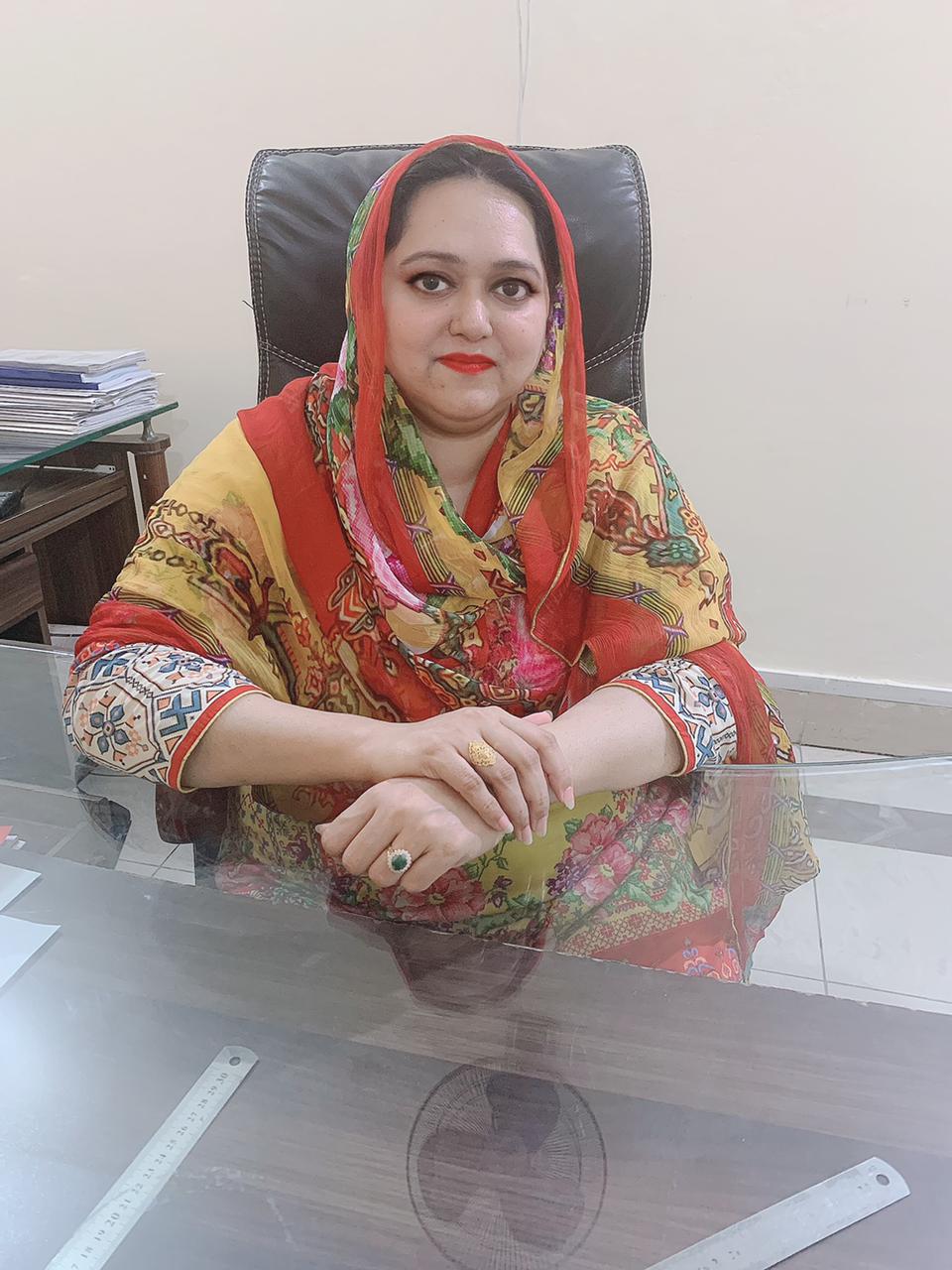
 Minimum Experience of a PhD Faculty Member to Supervise a PhD Thesis.pdf
Minimum Experience of a PhD Faculty Member to Supervise a PhD Thesis.pdf



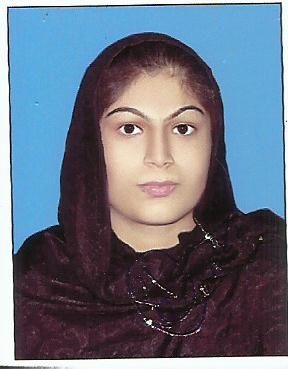
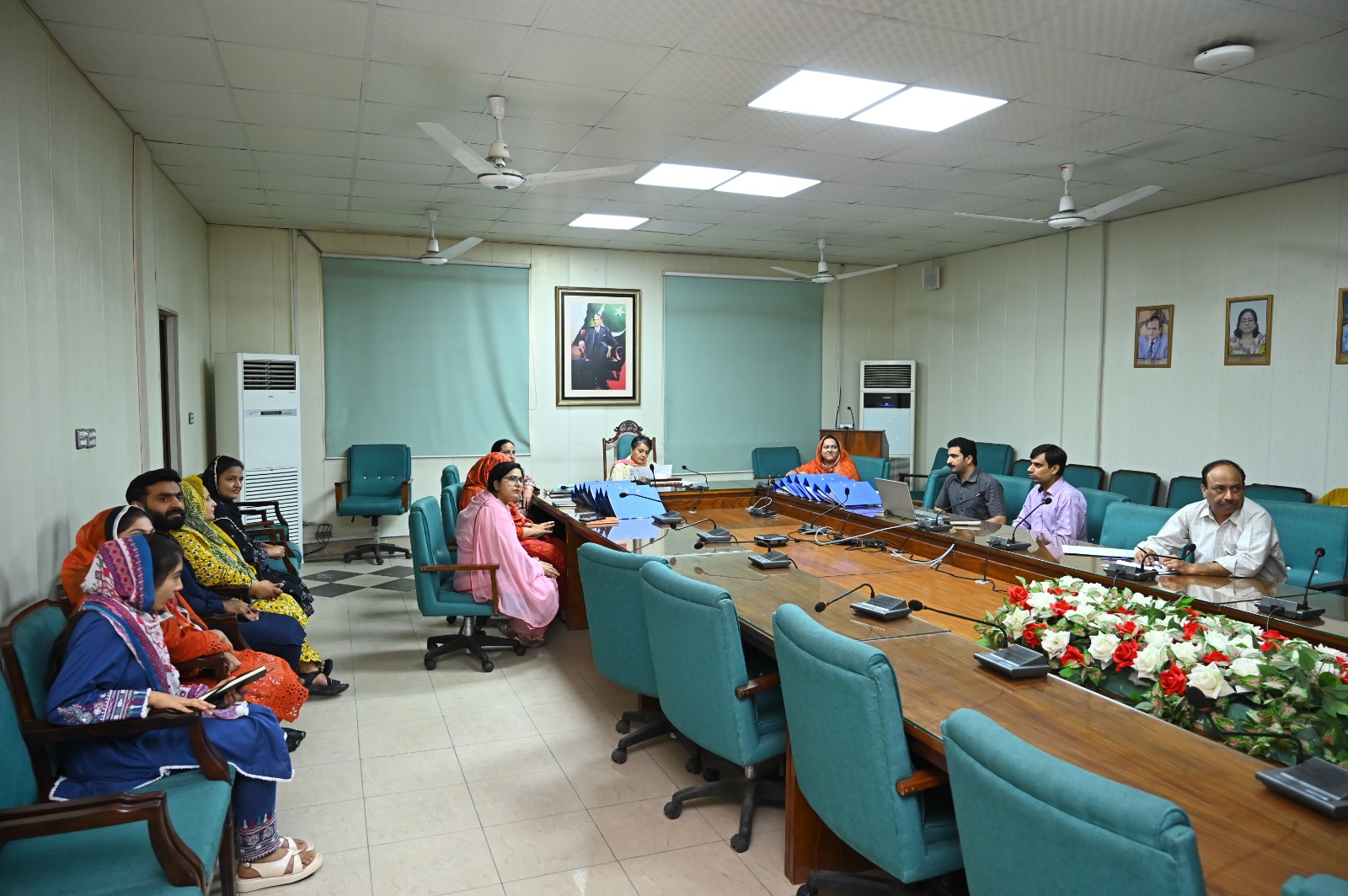
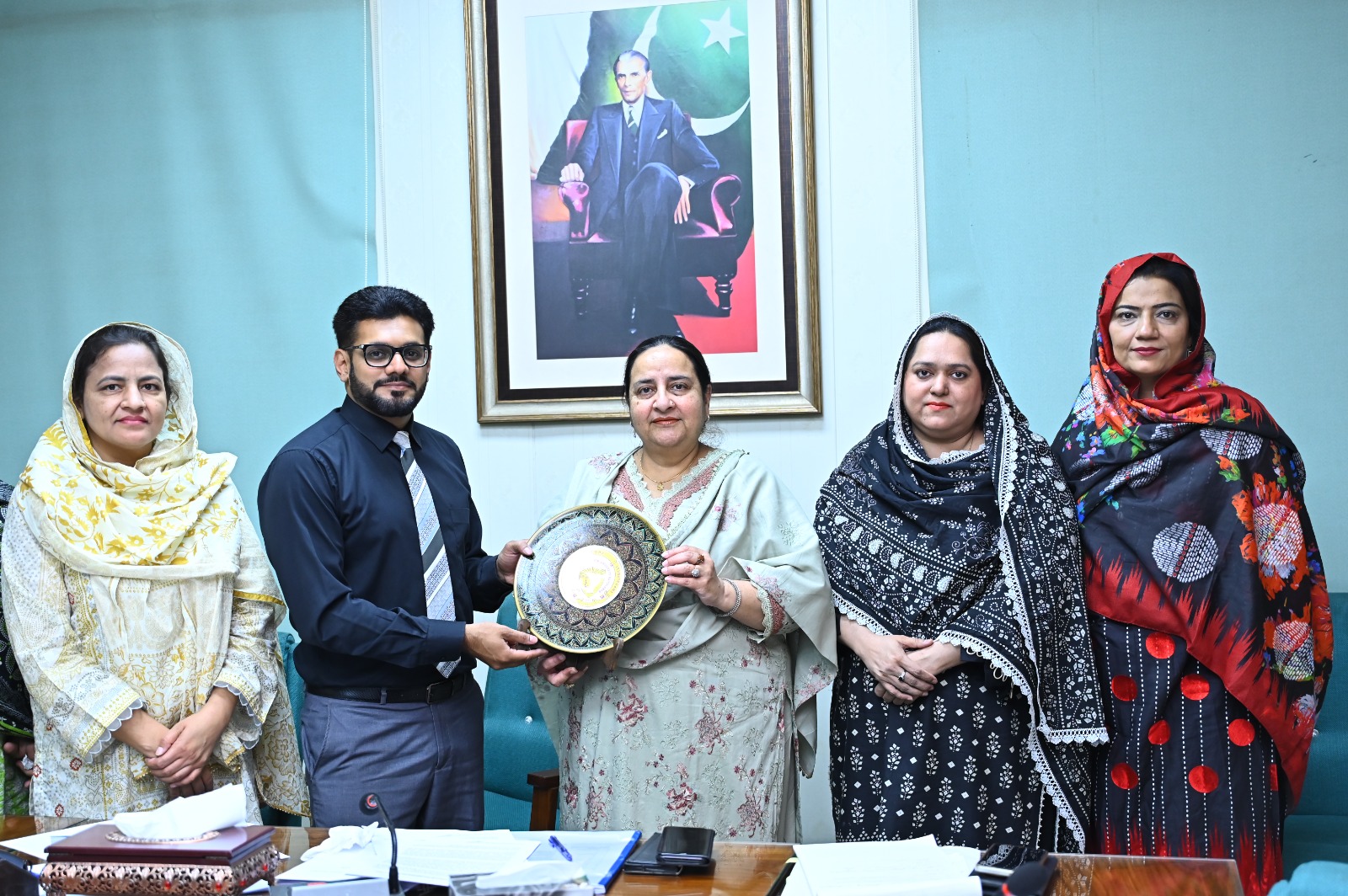
.jpg)
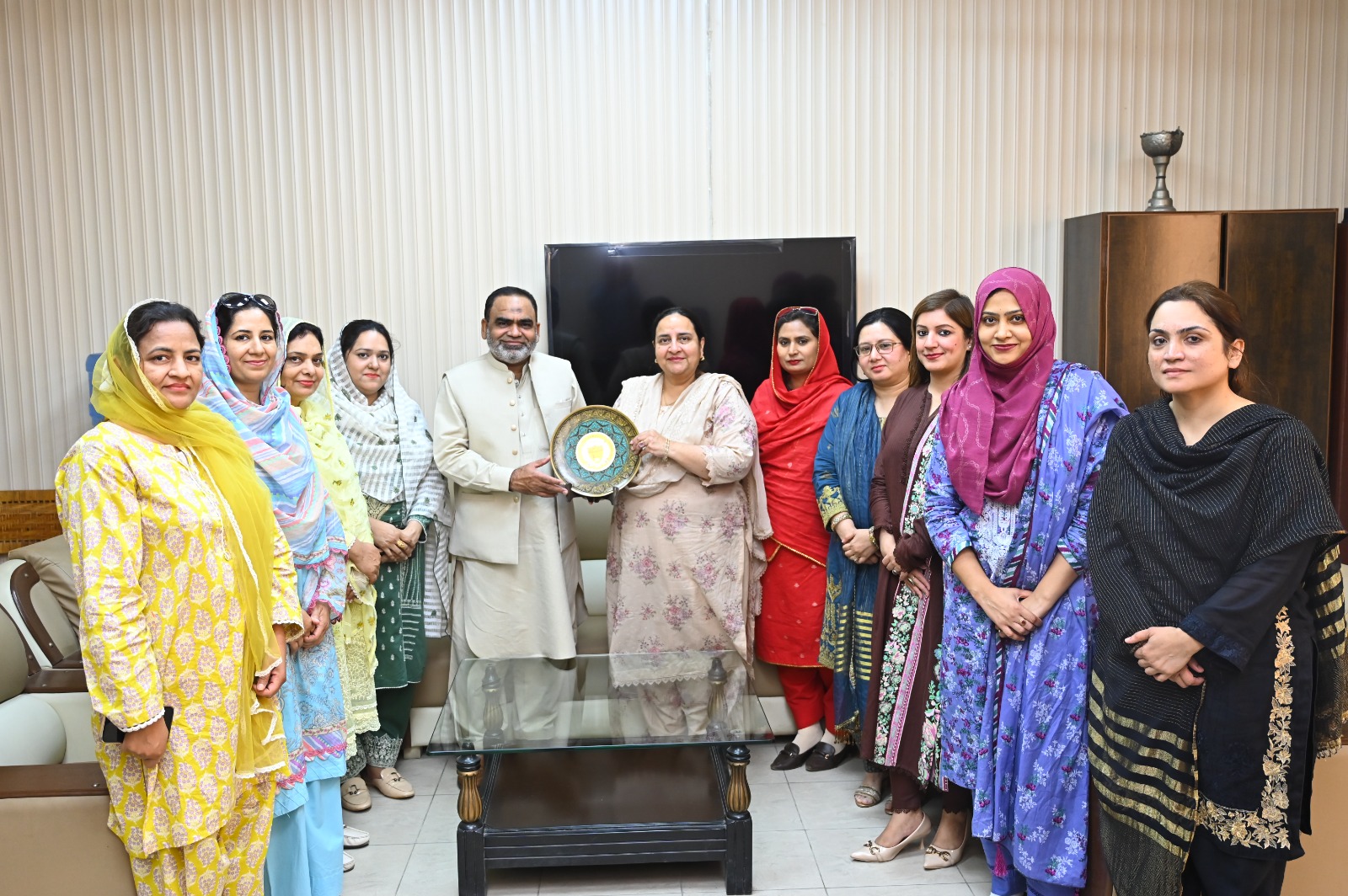
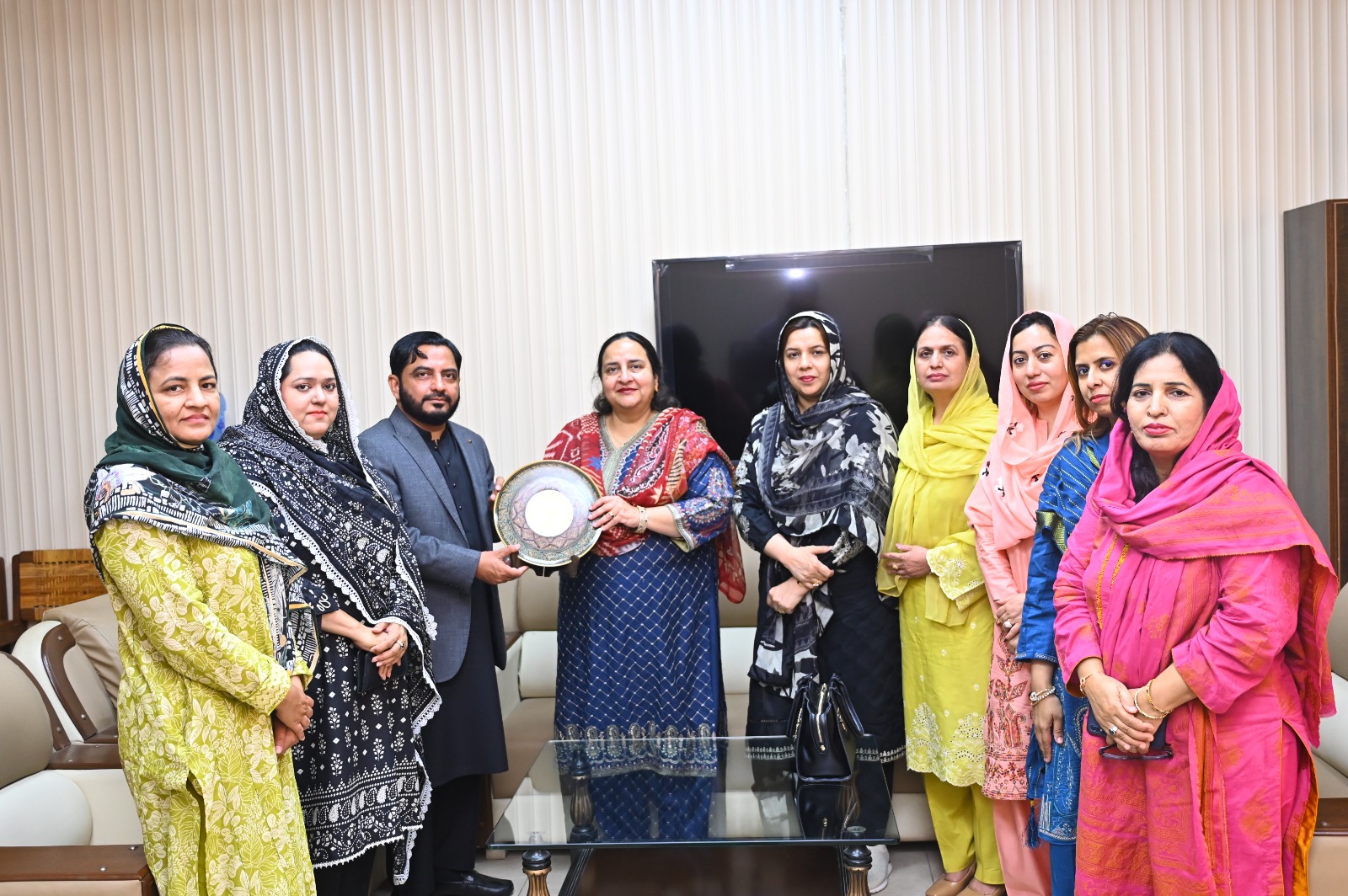
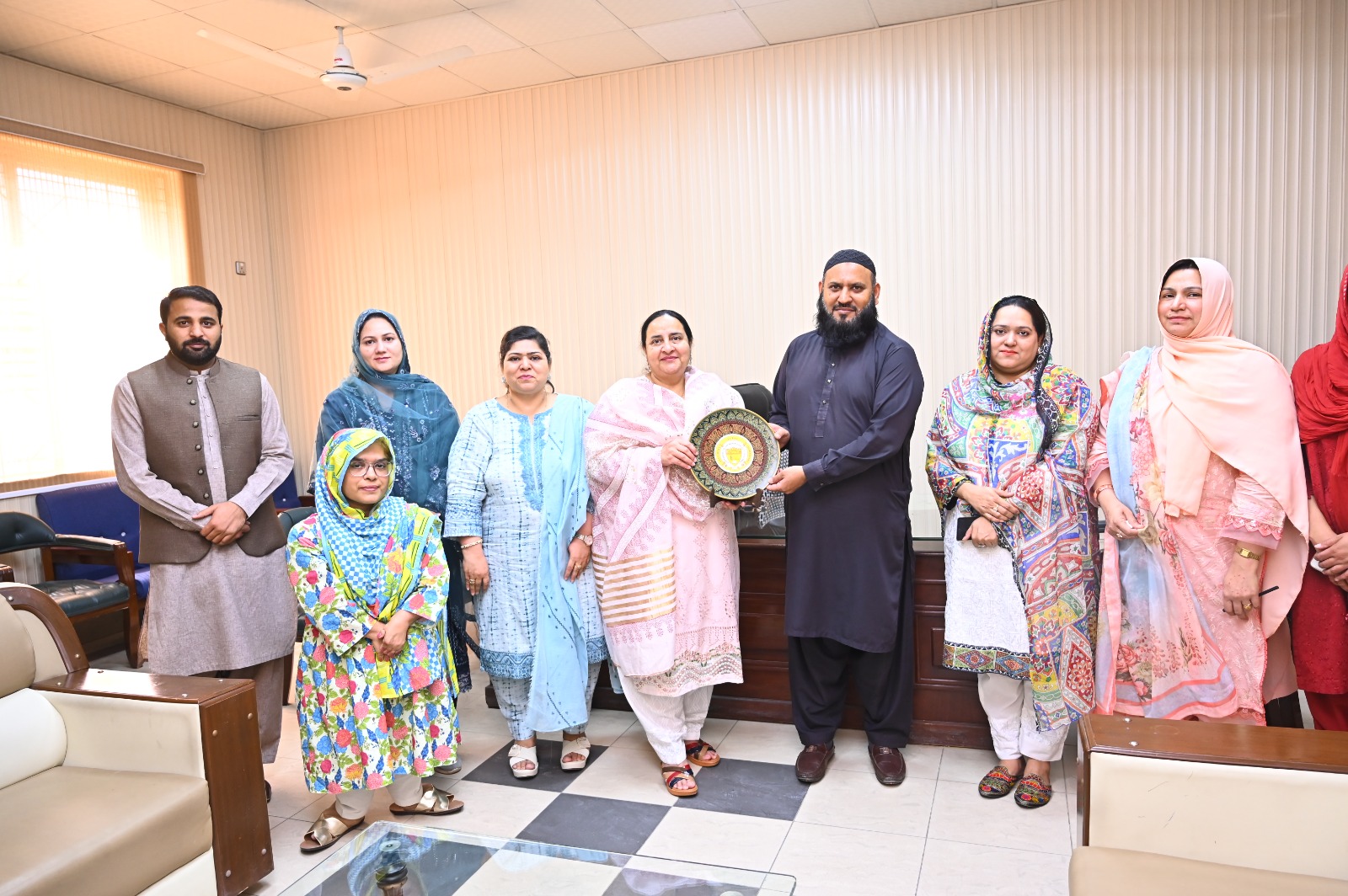

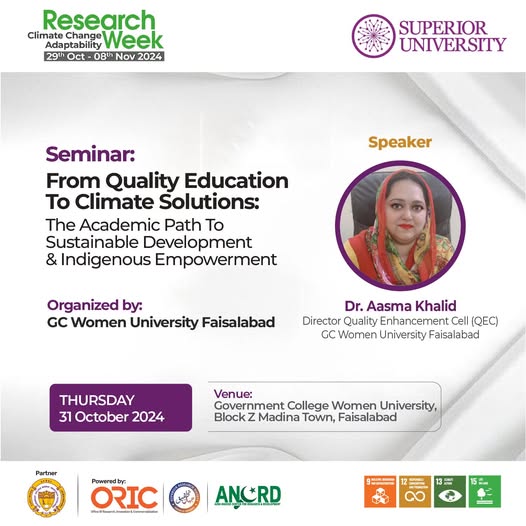
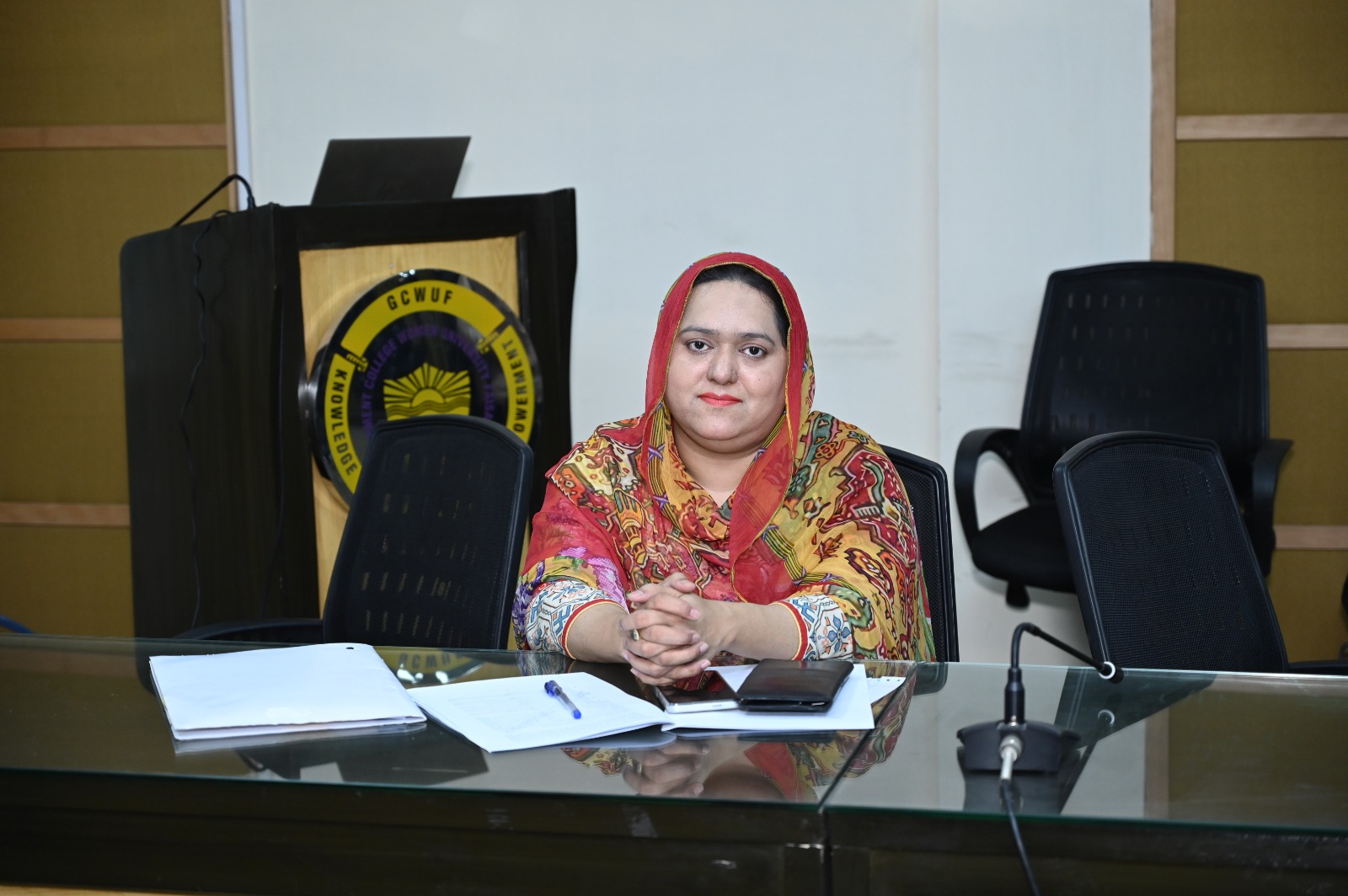
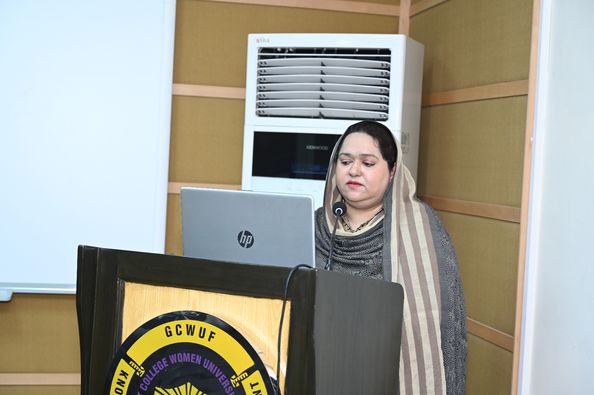
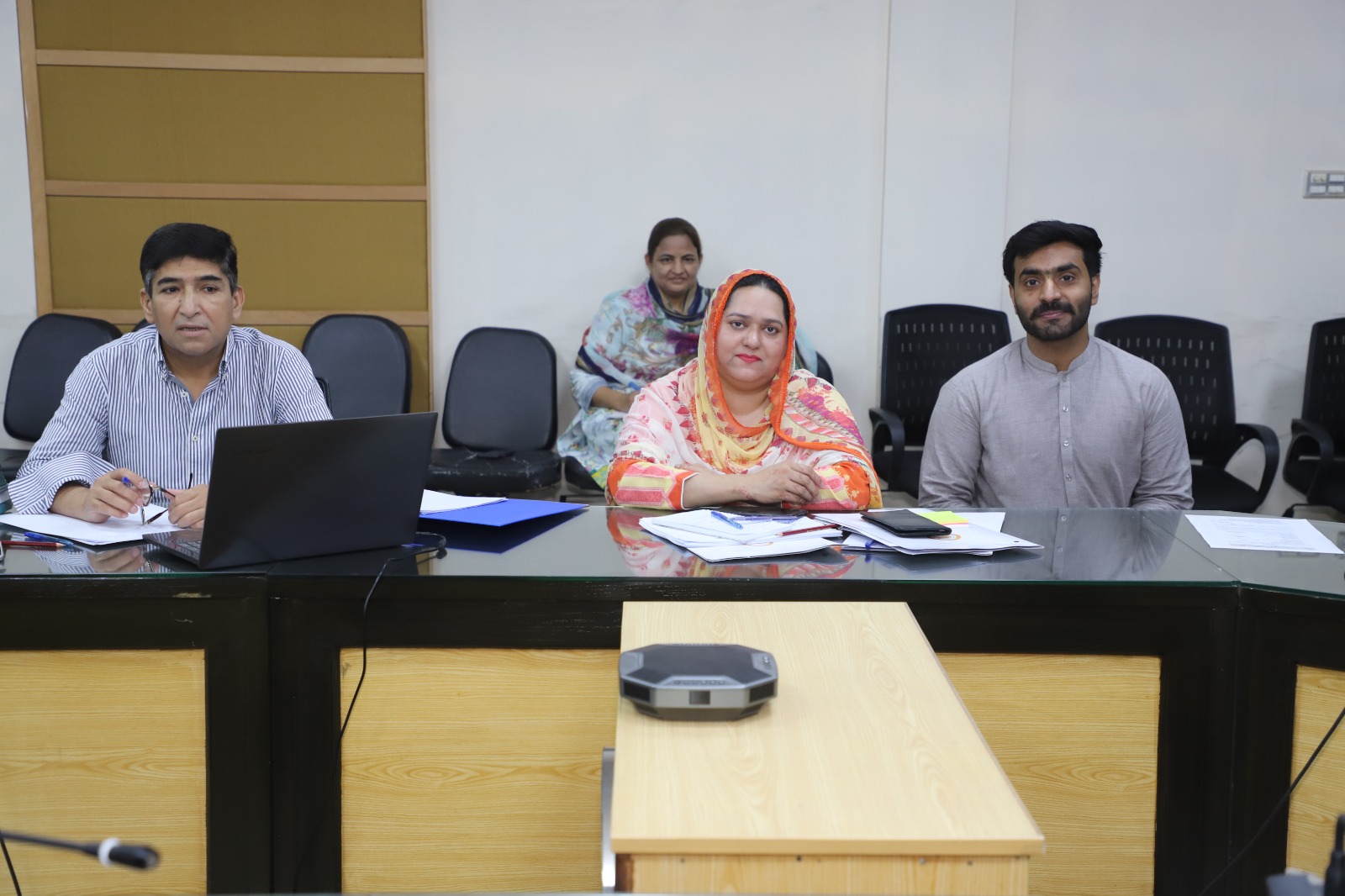
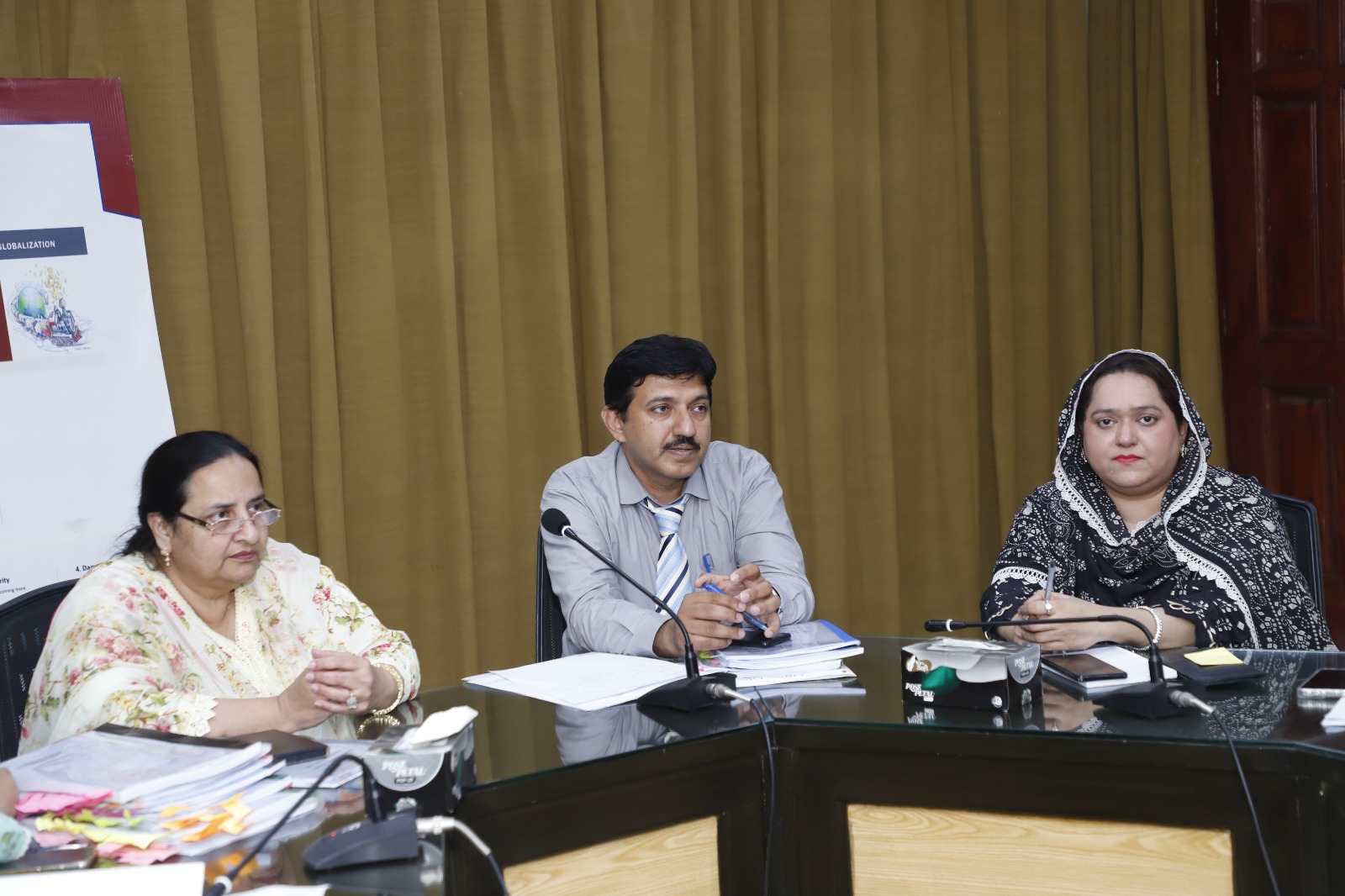
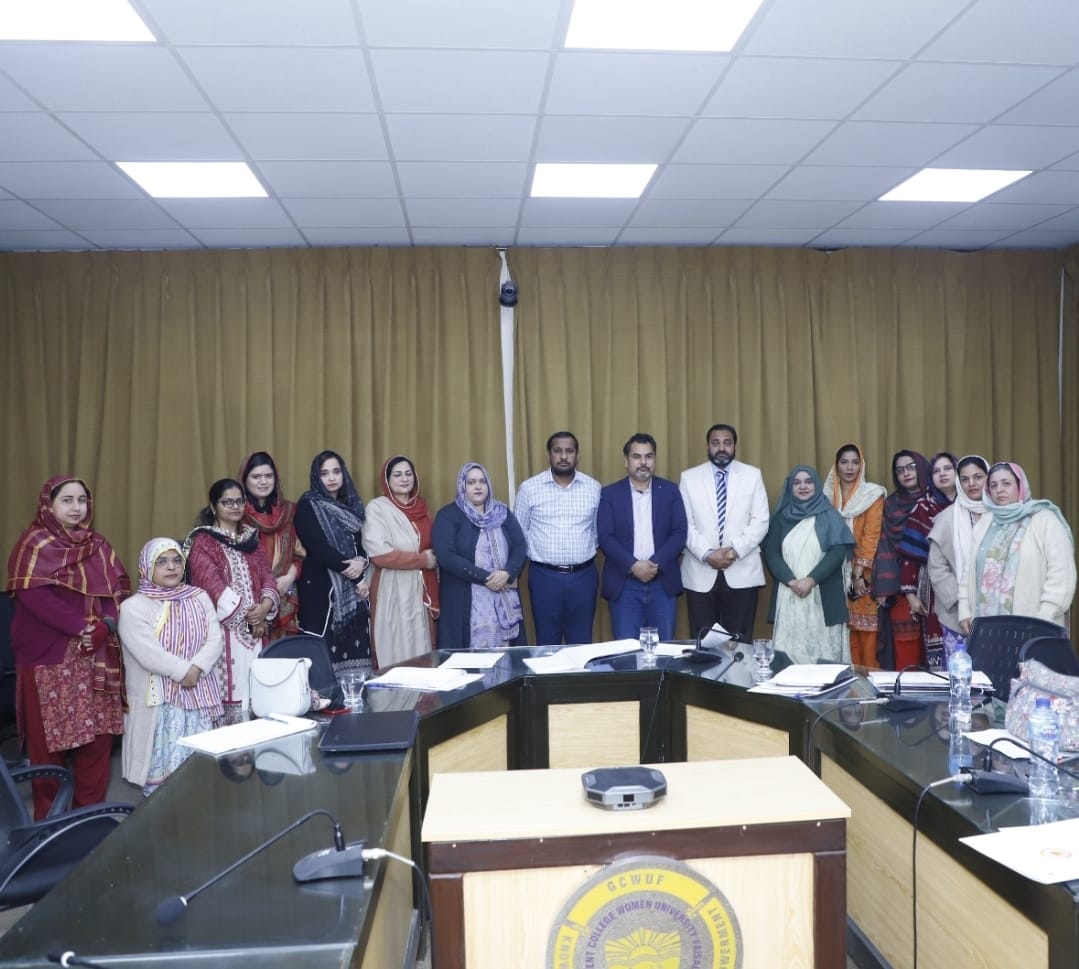
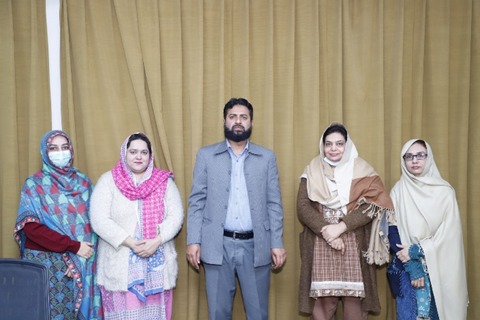
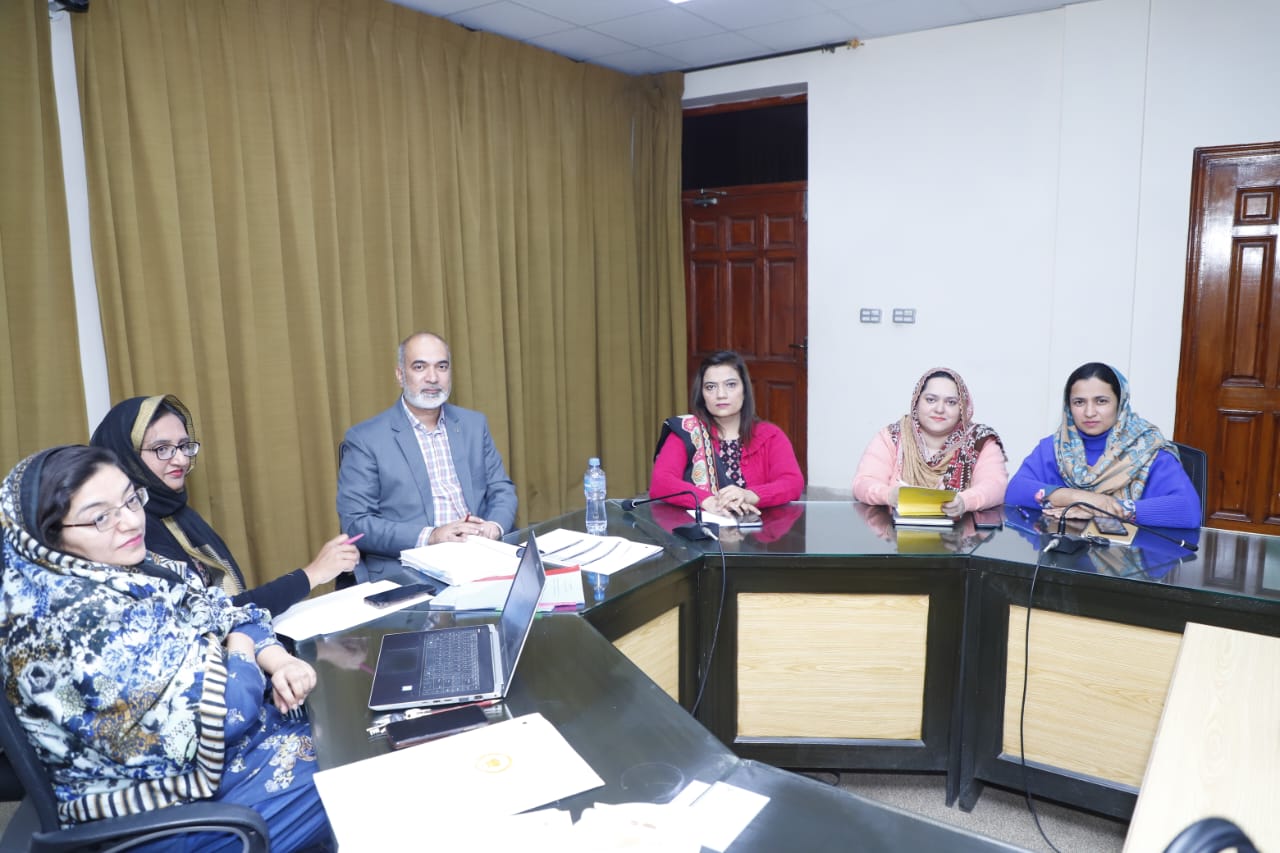

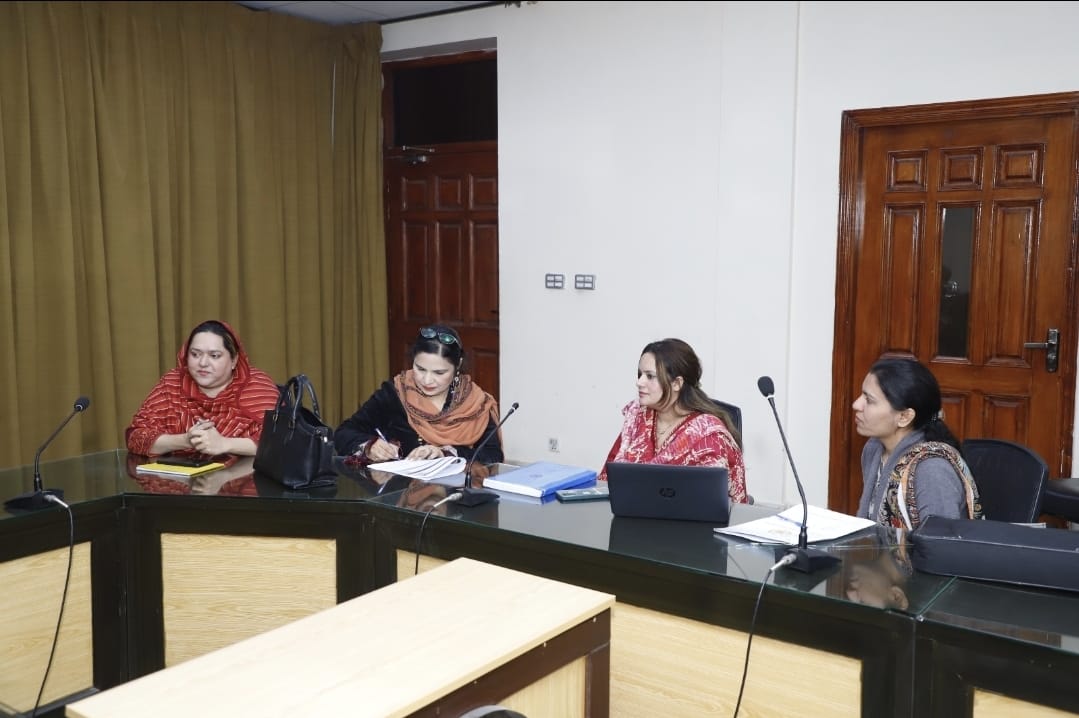
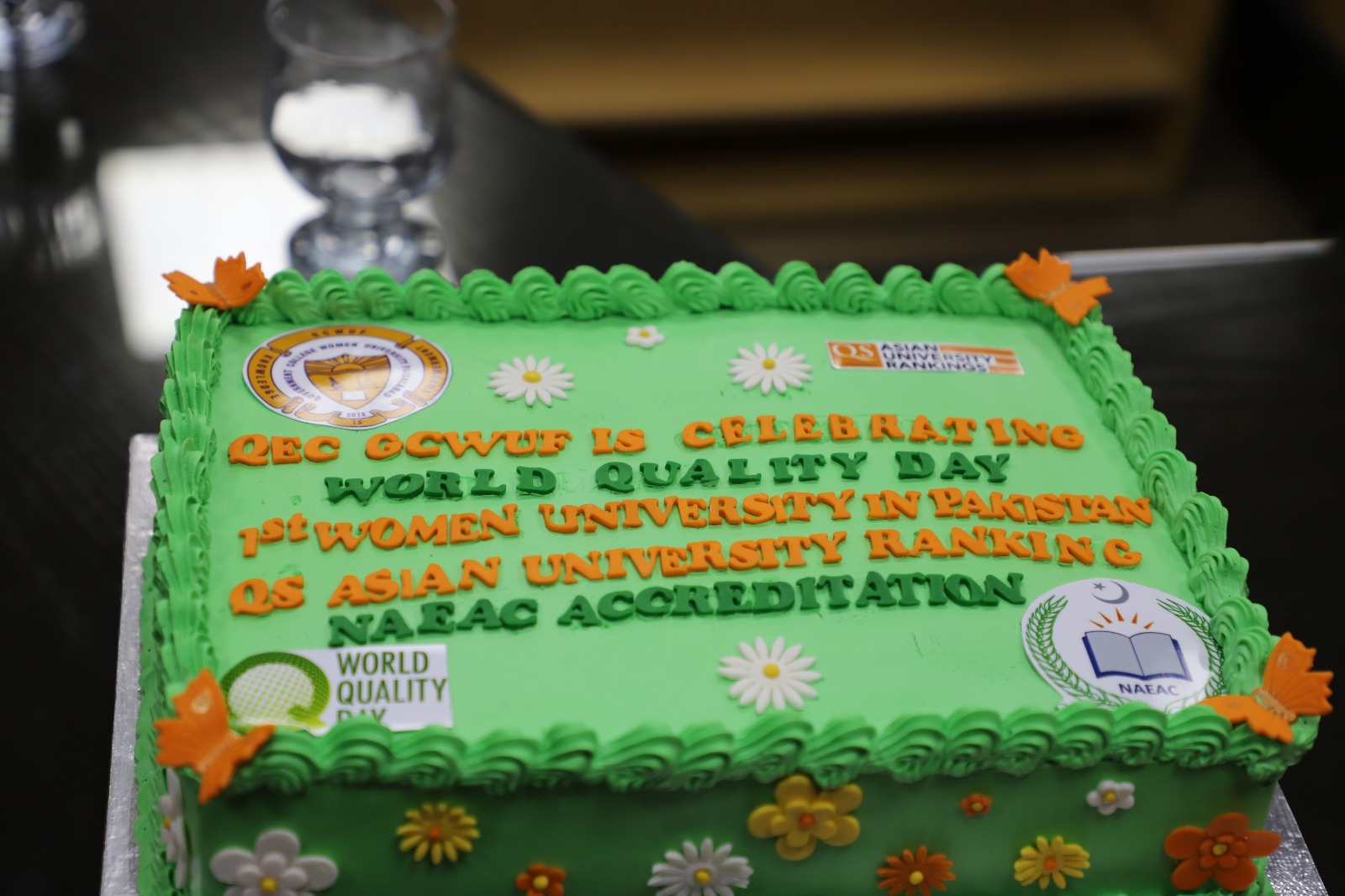
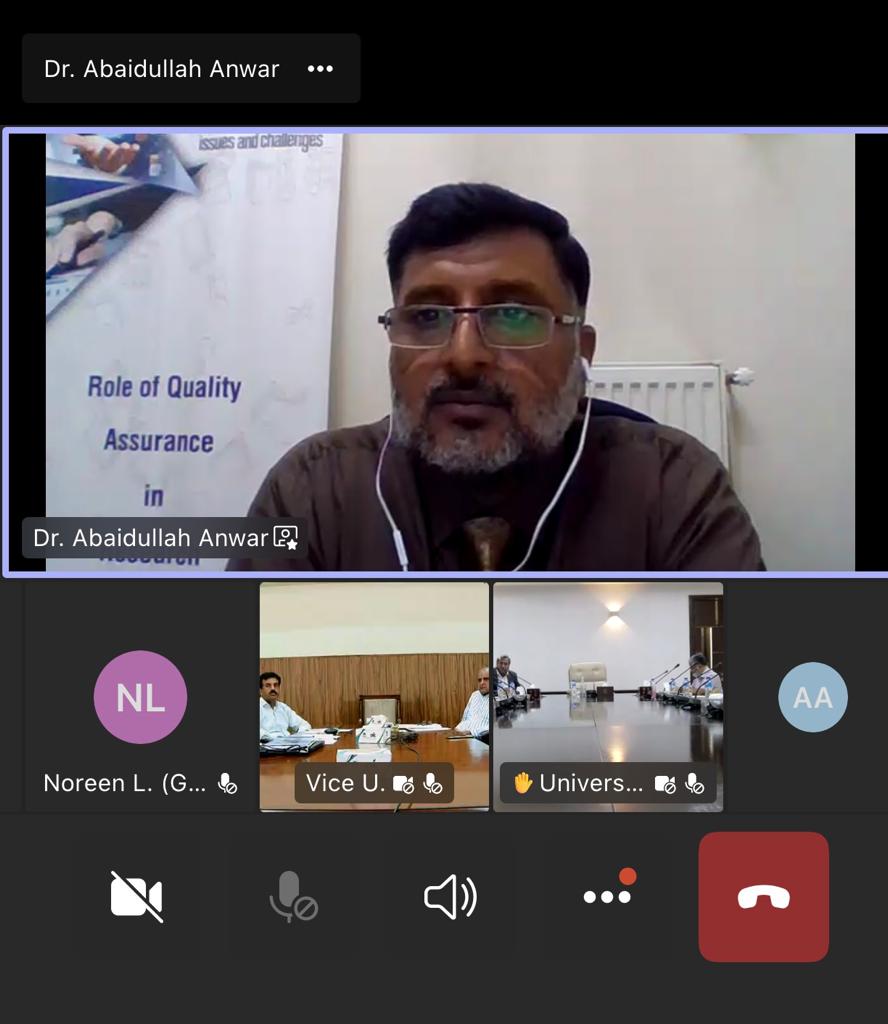
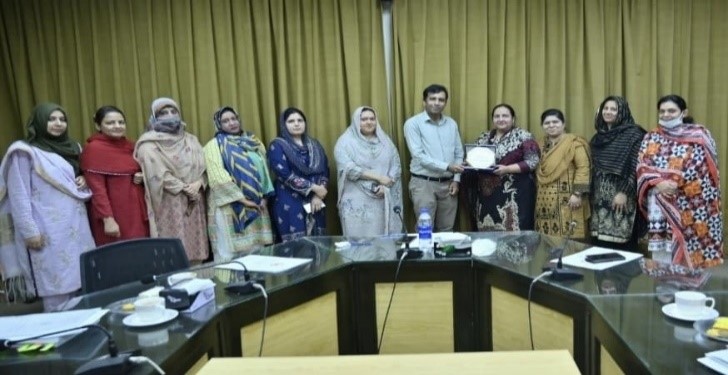
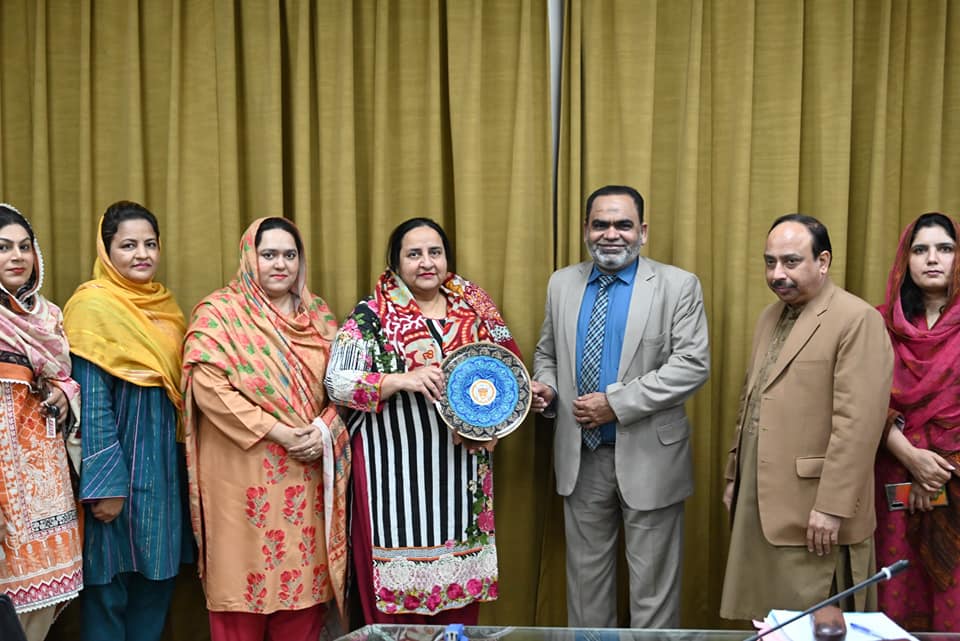
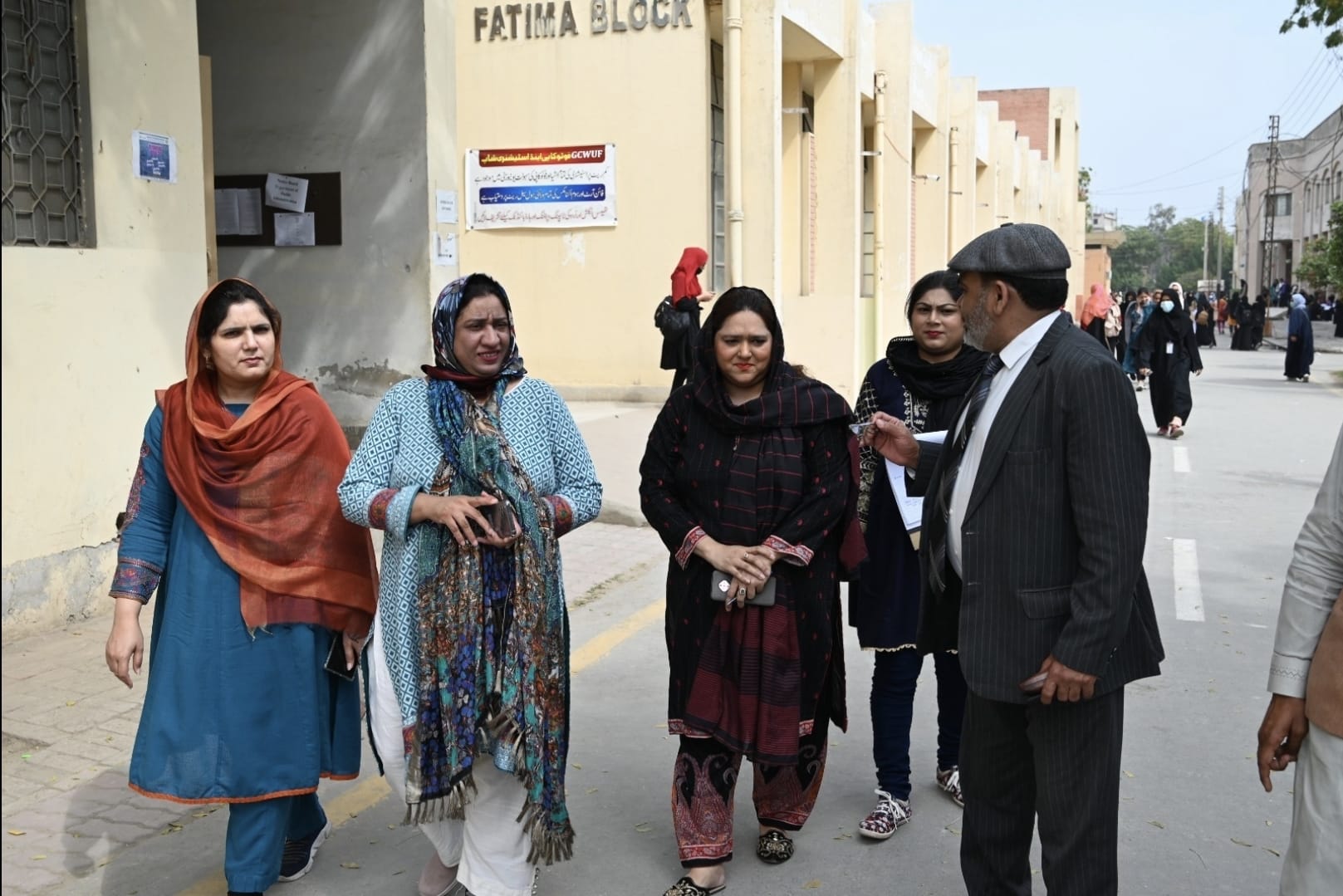
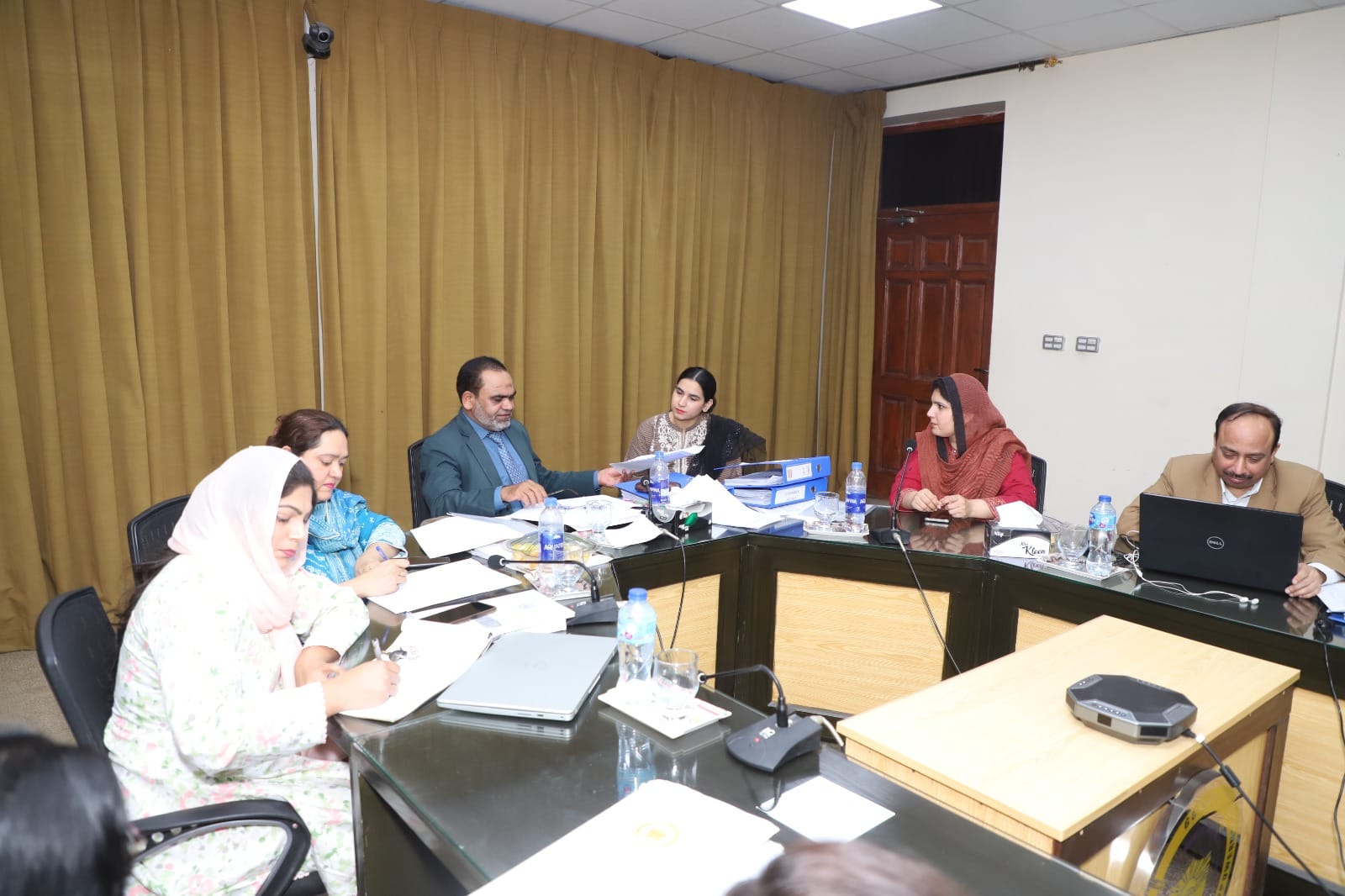
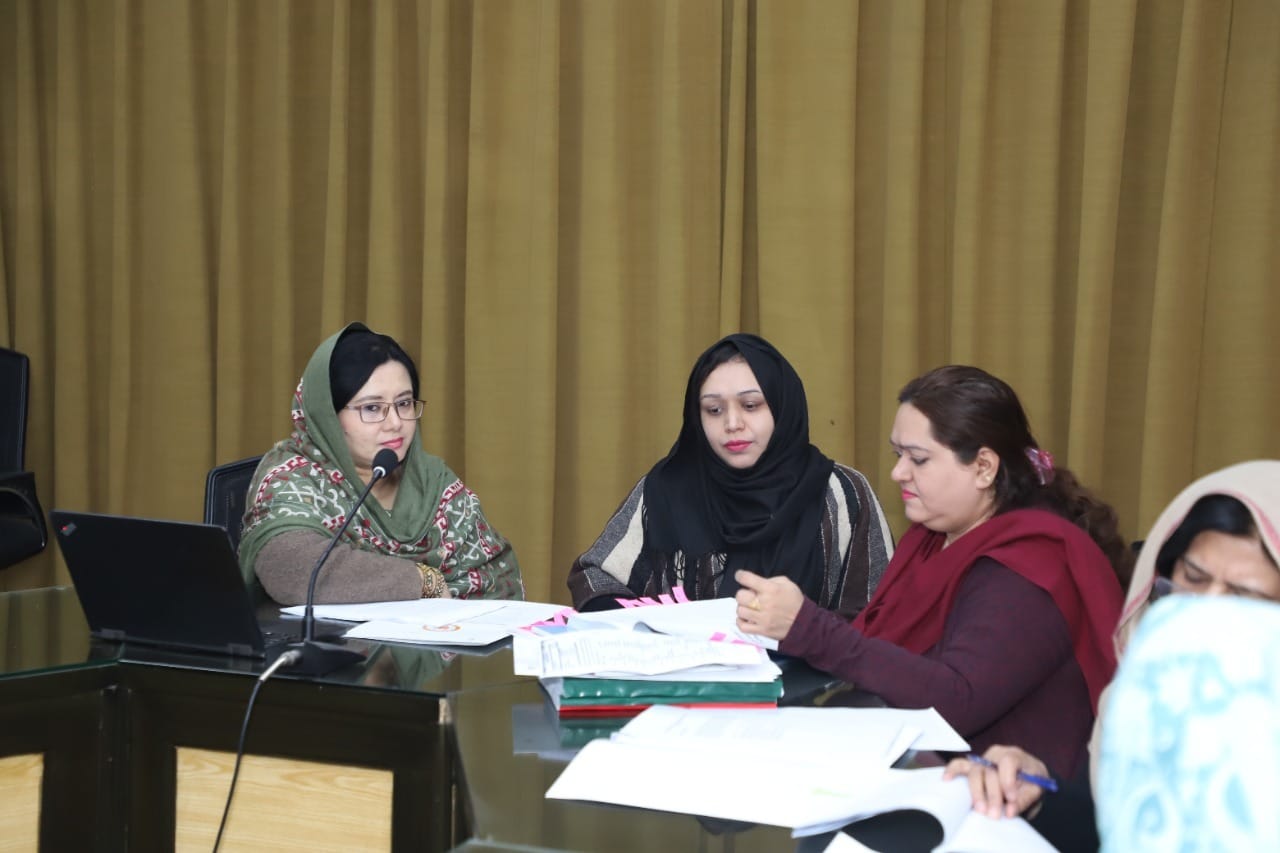
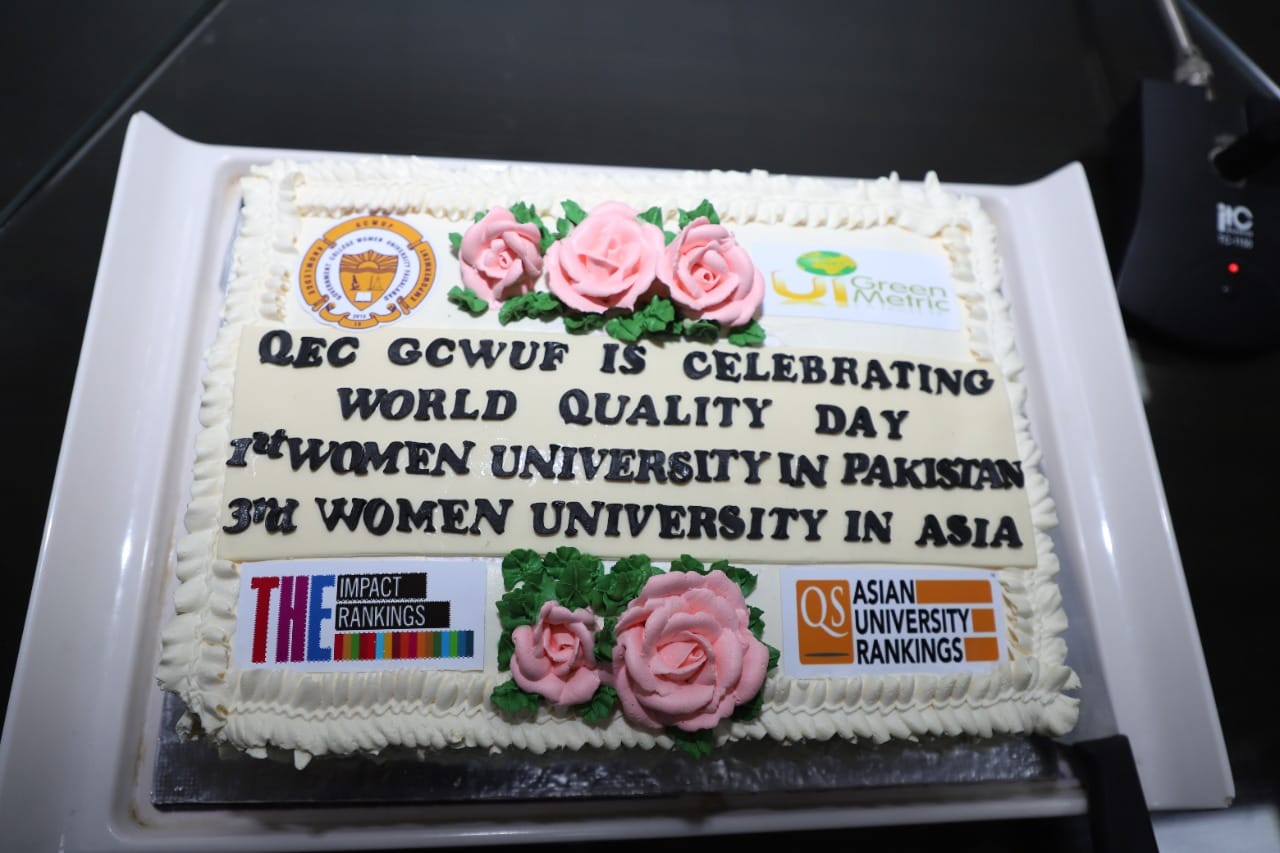
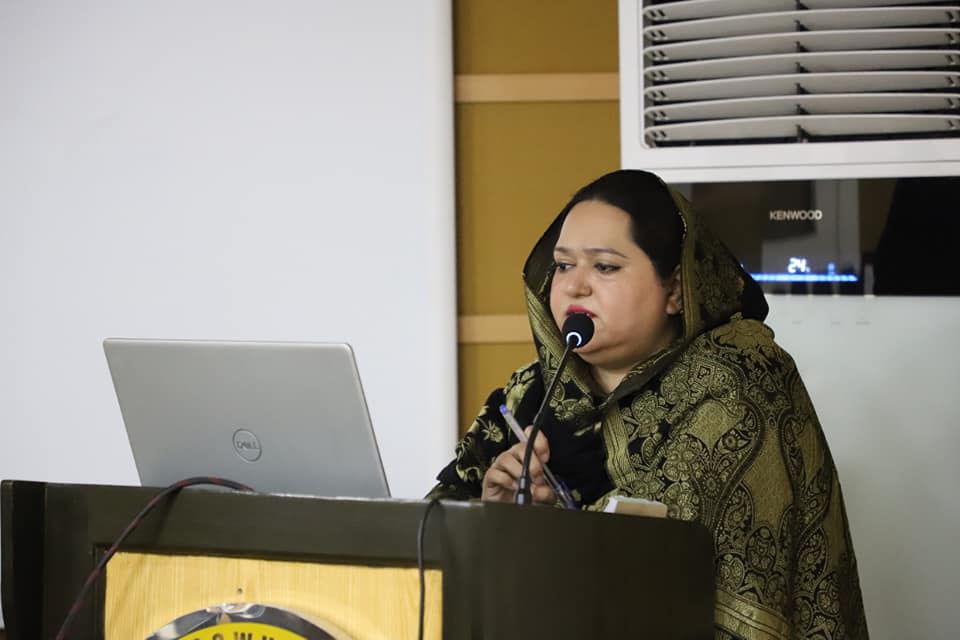
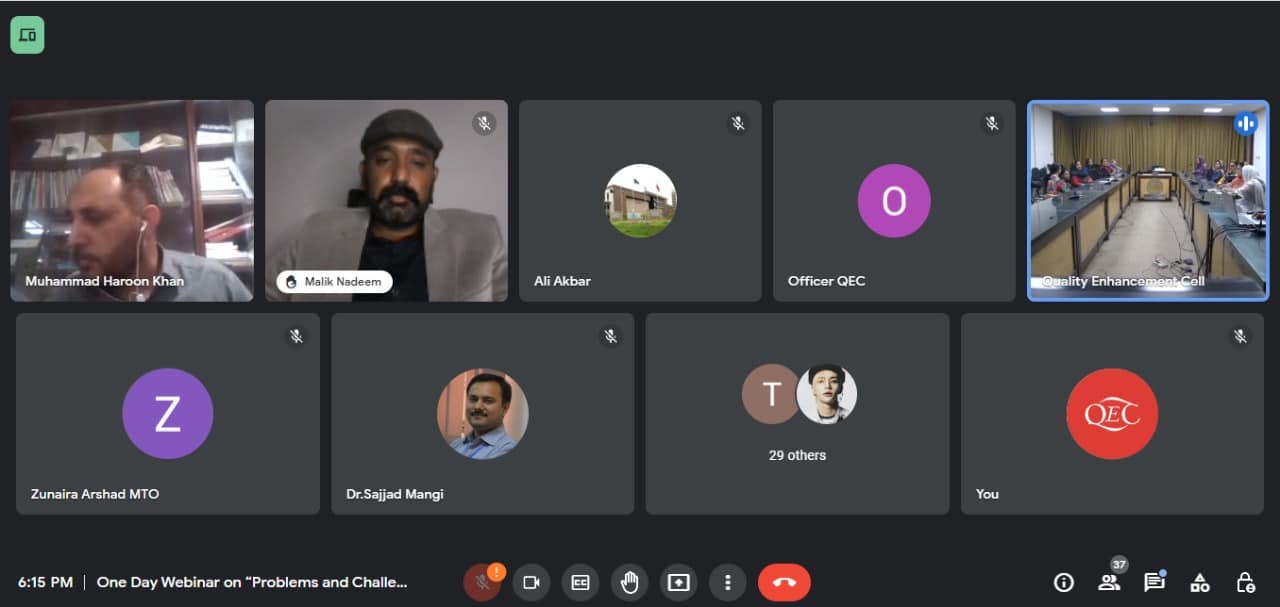
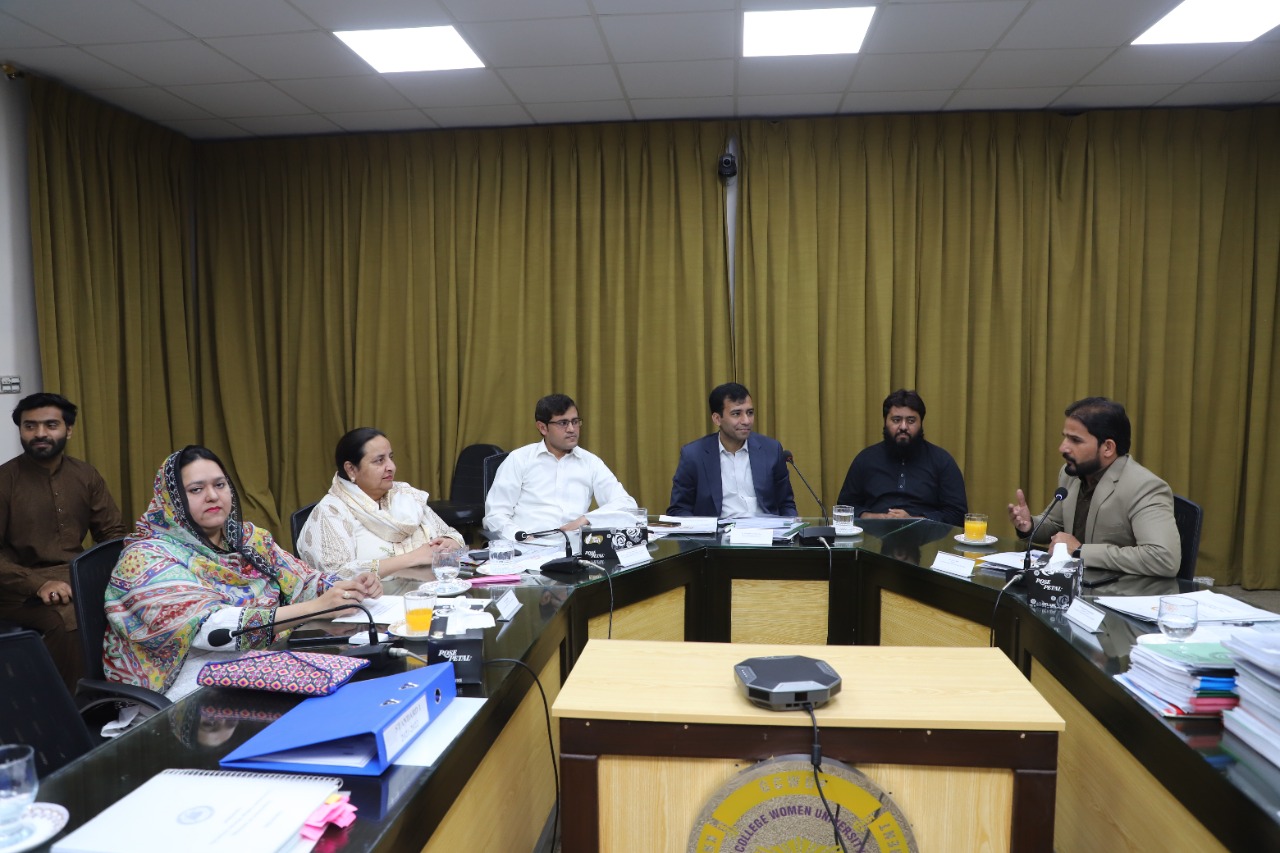
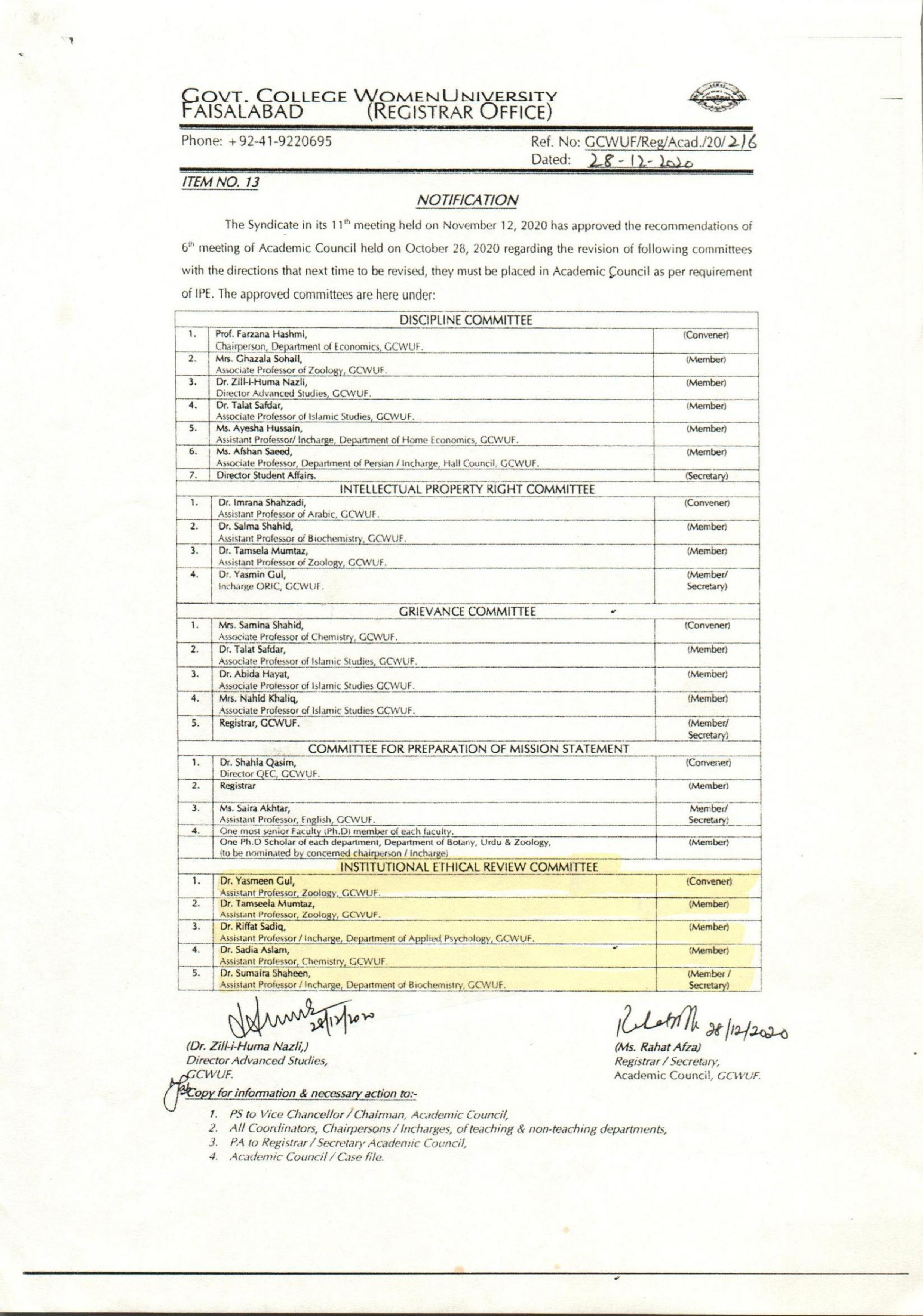



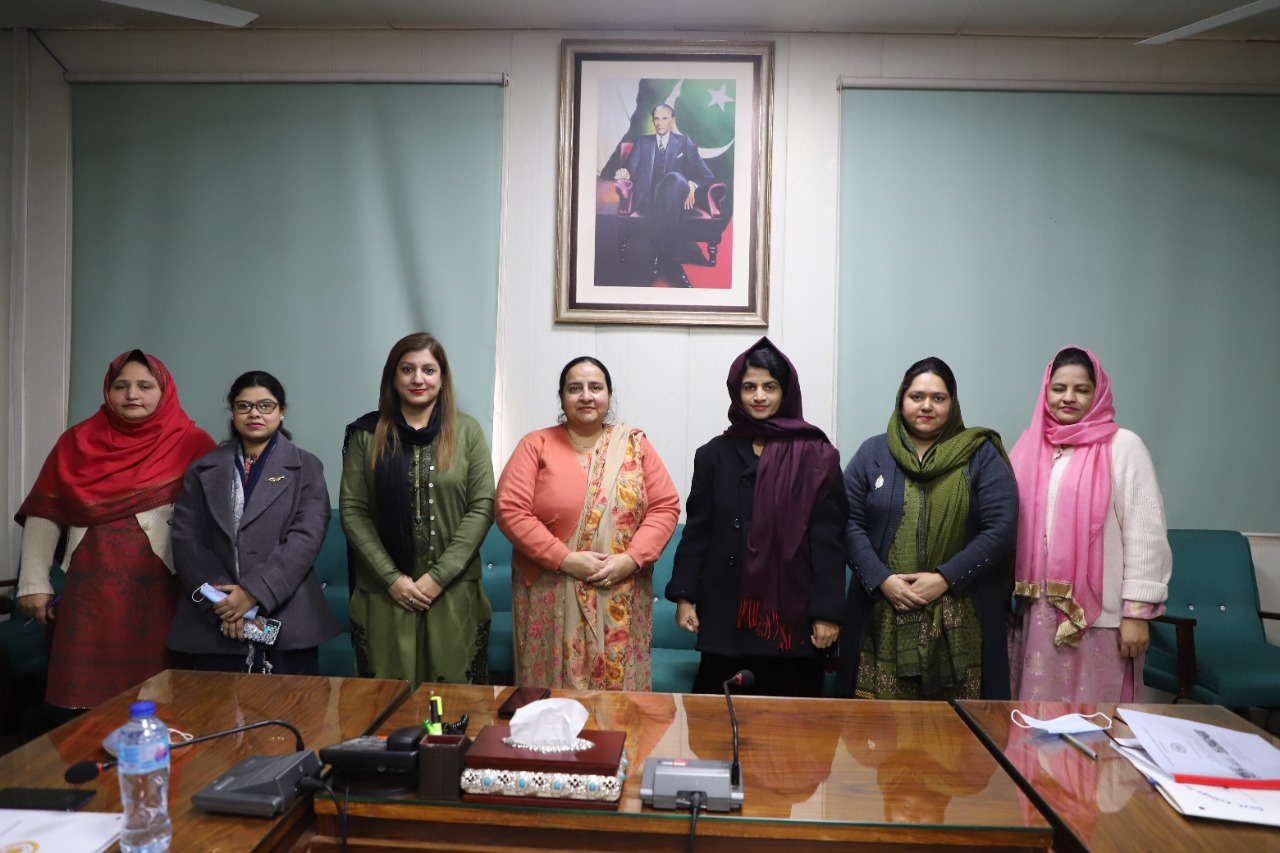
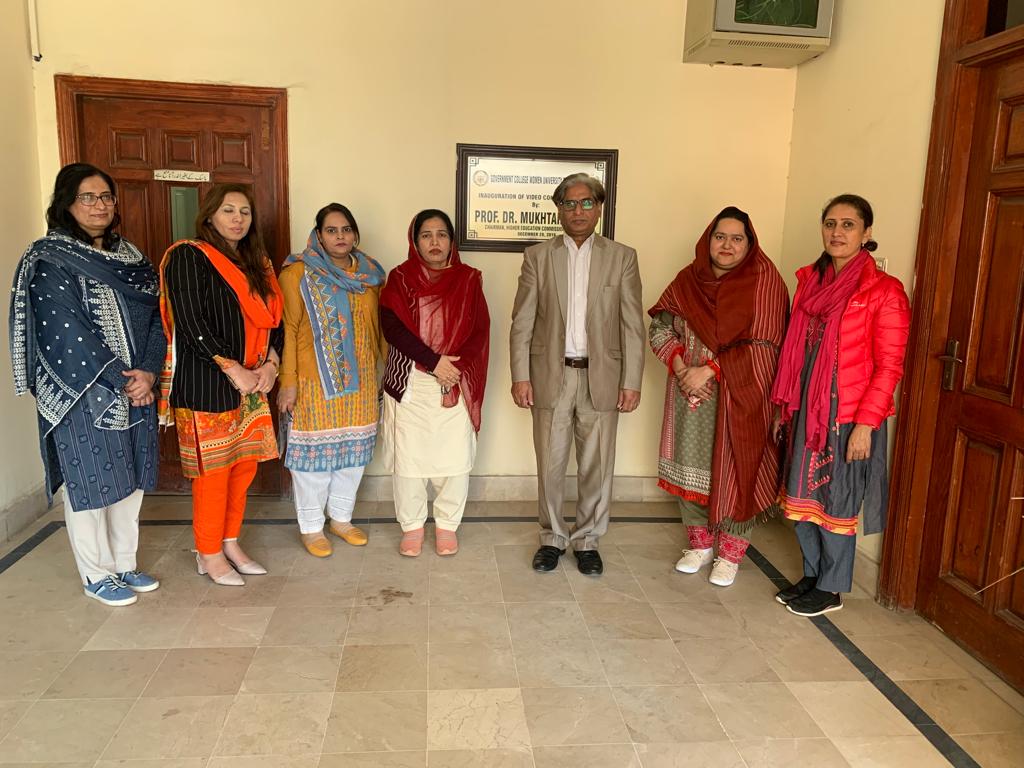
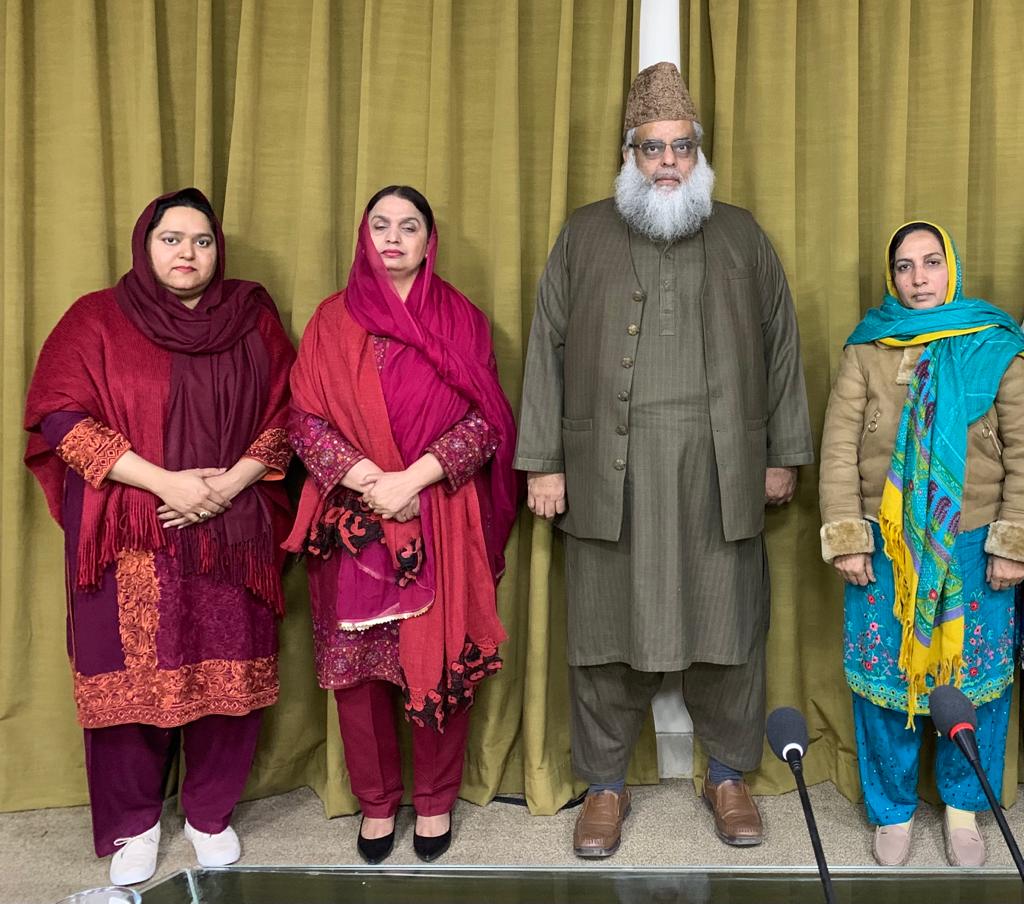
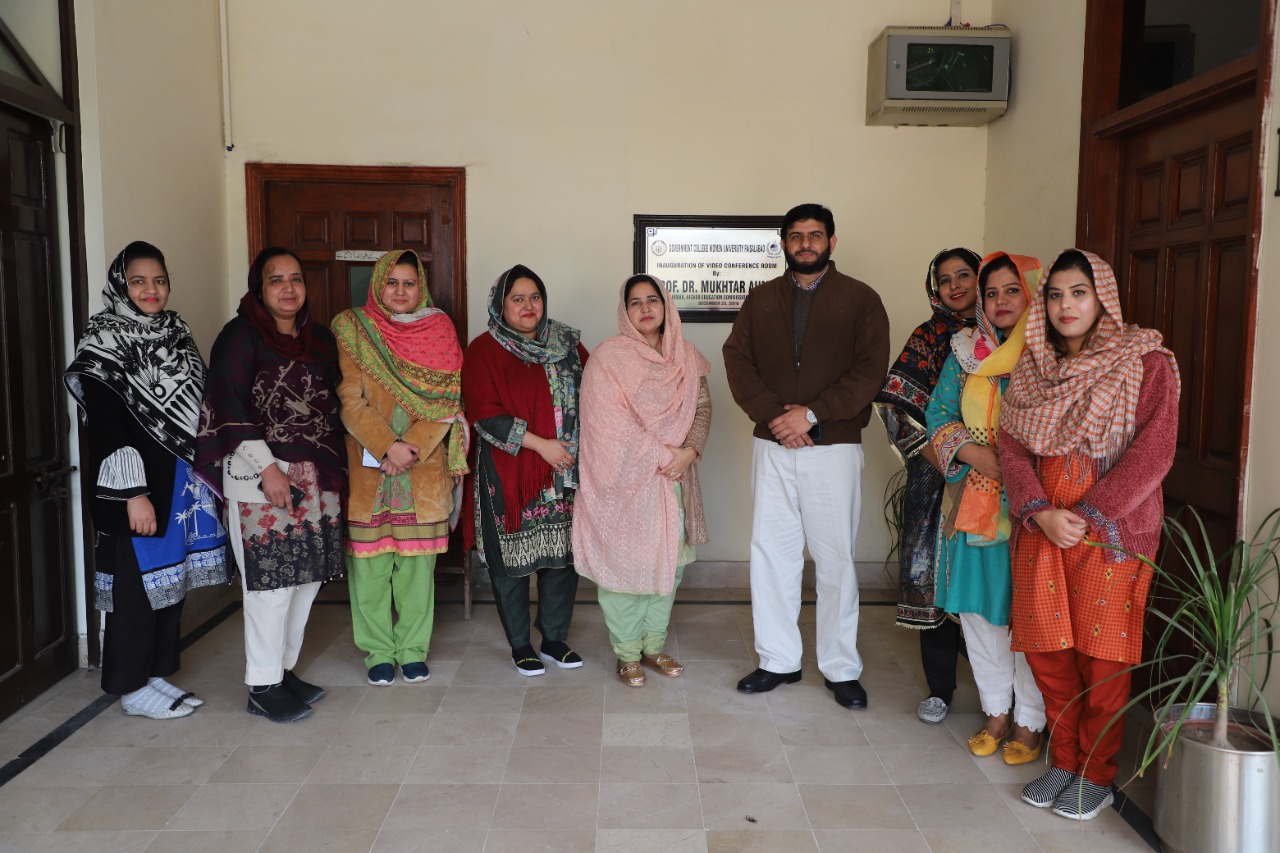


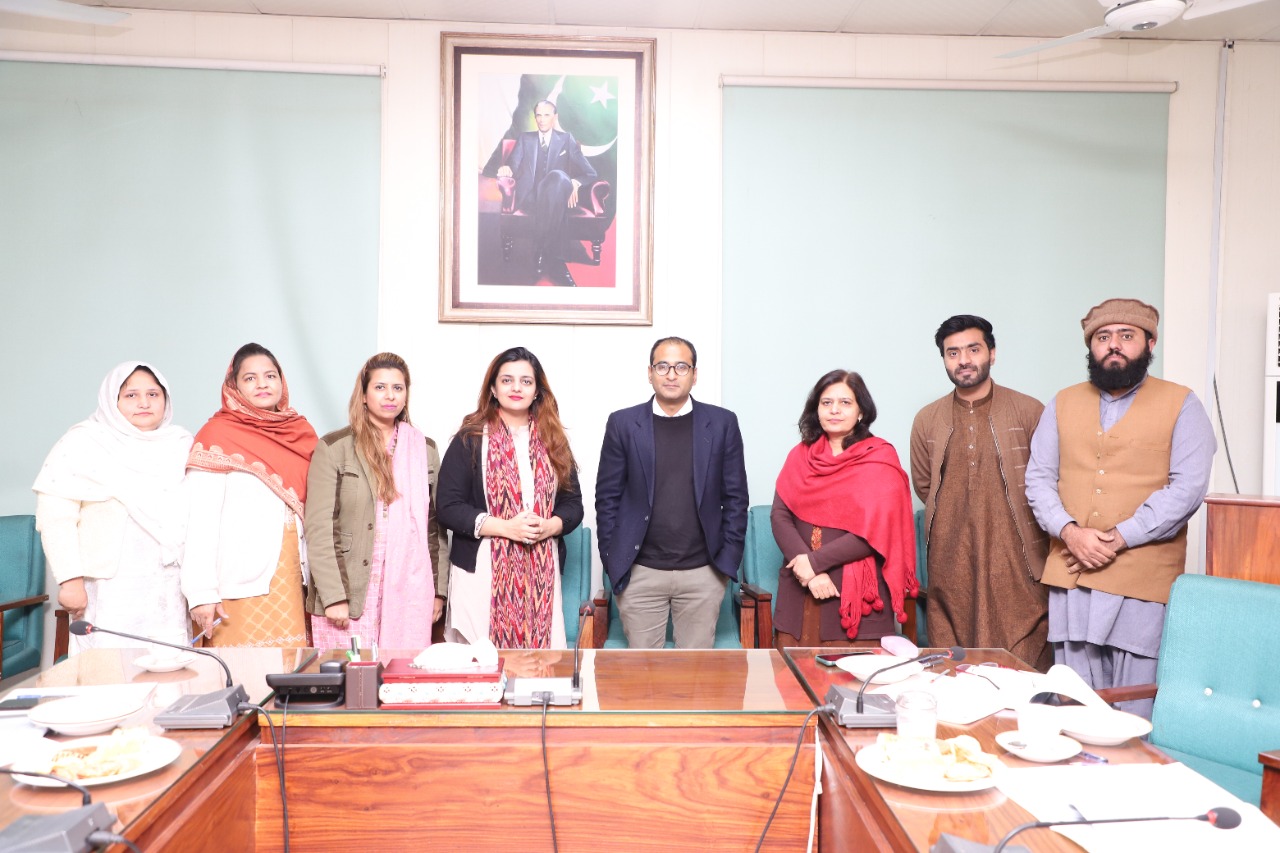



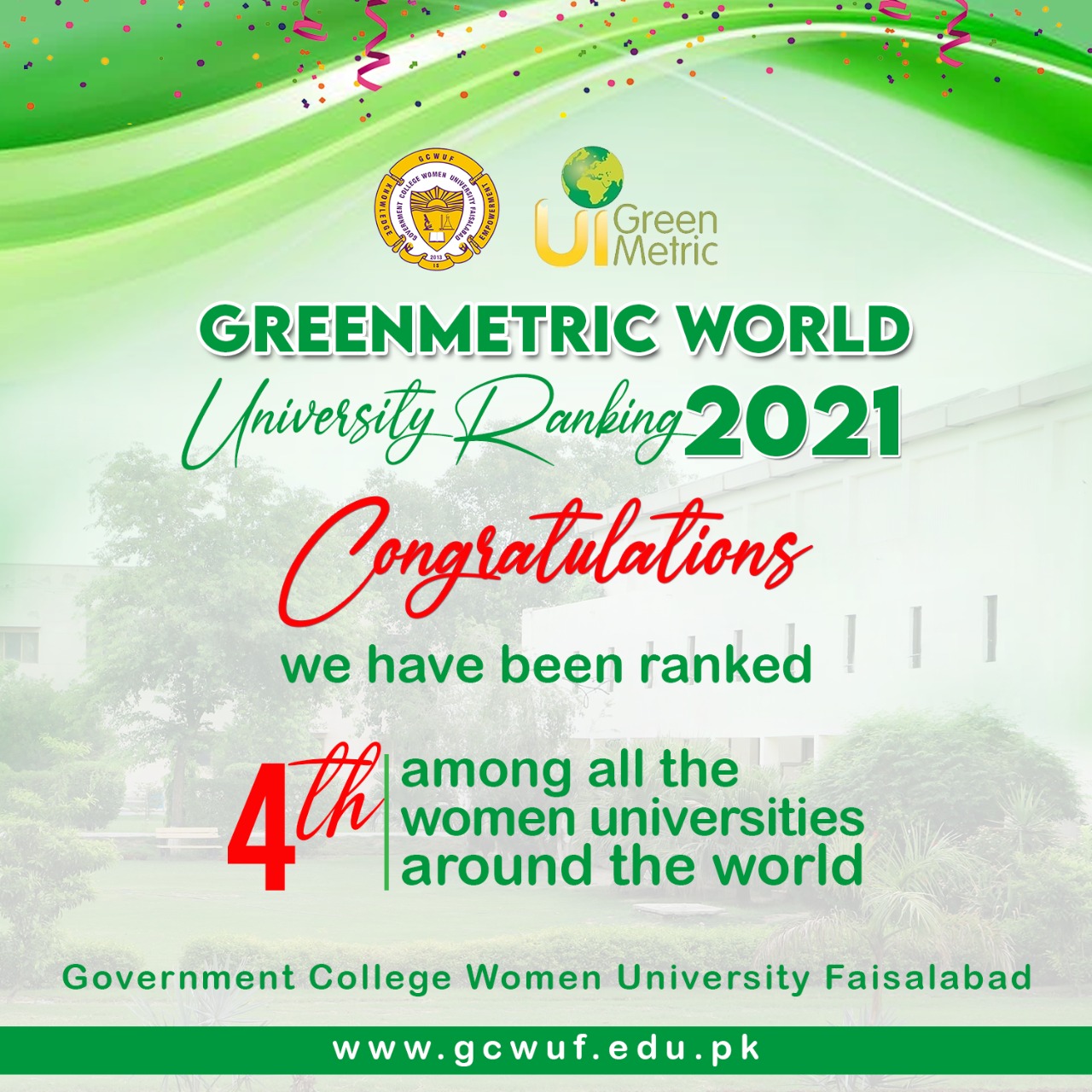


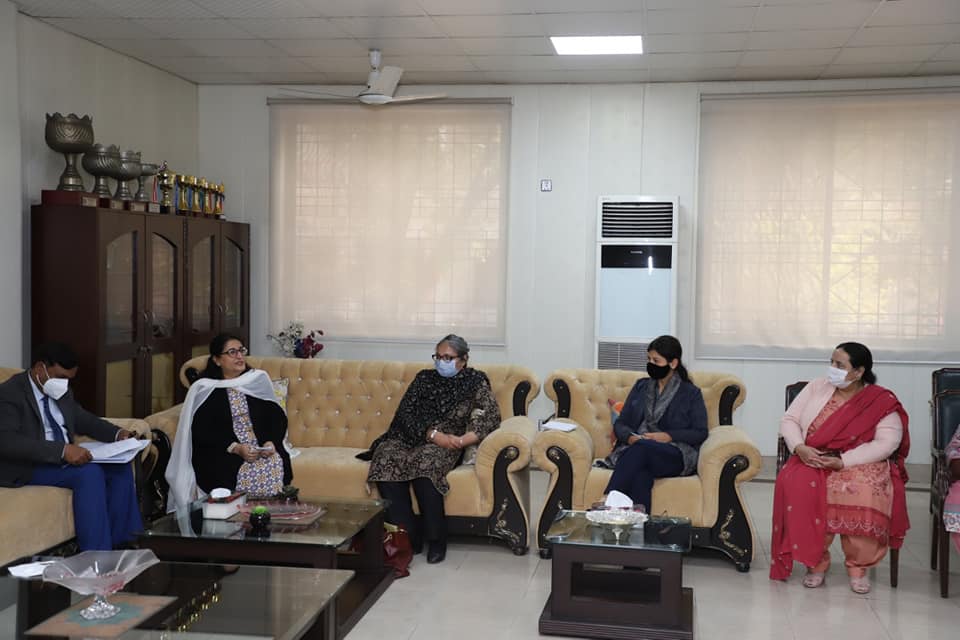

.jpeg)
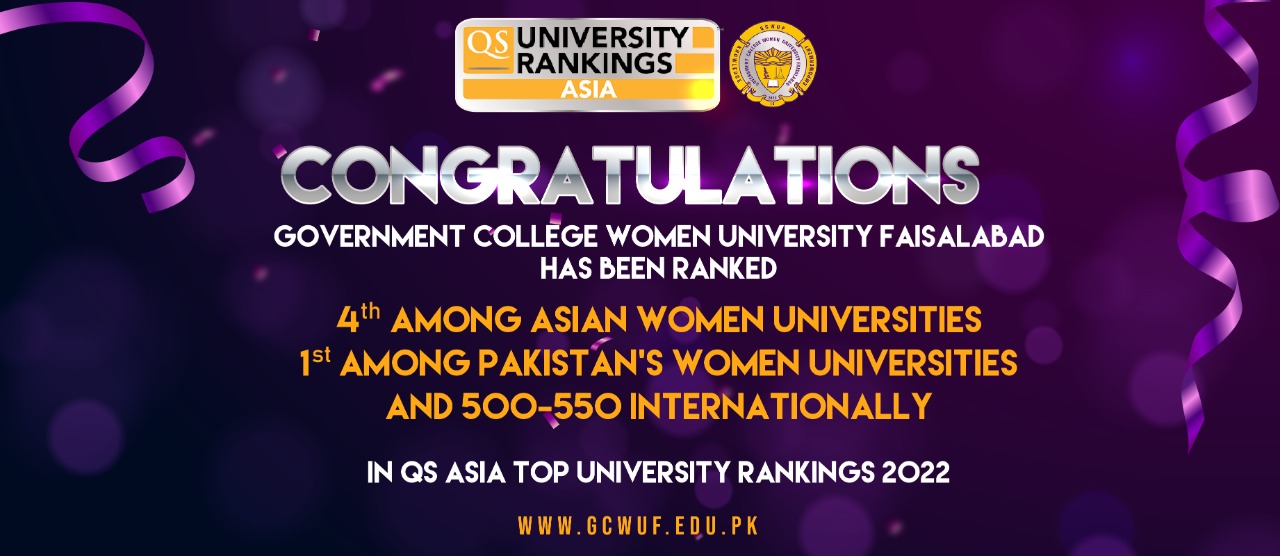
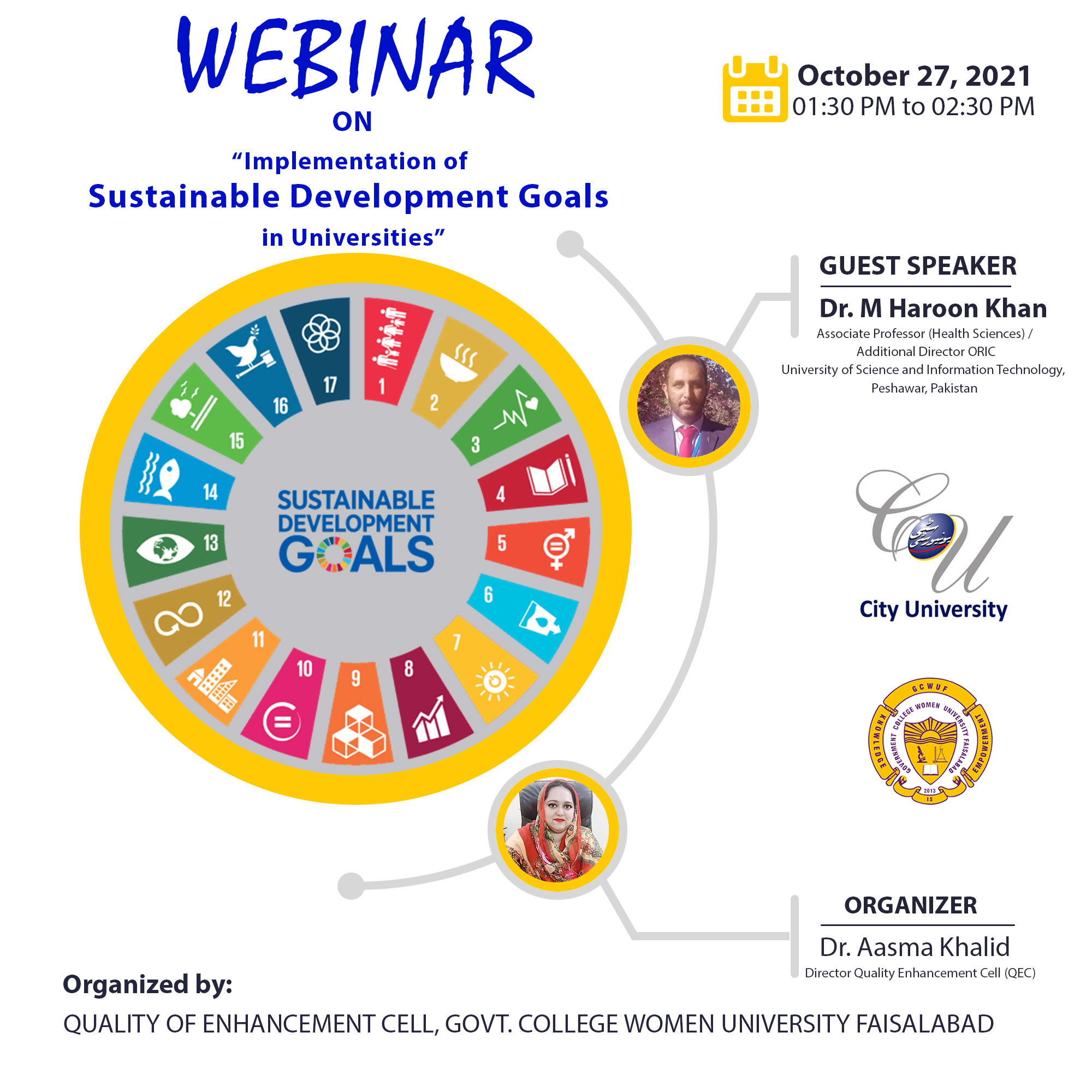
.jpeg)
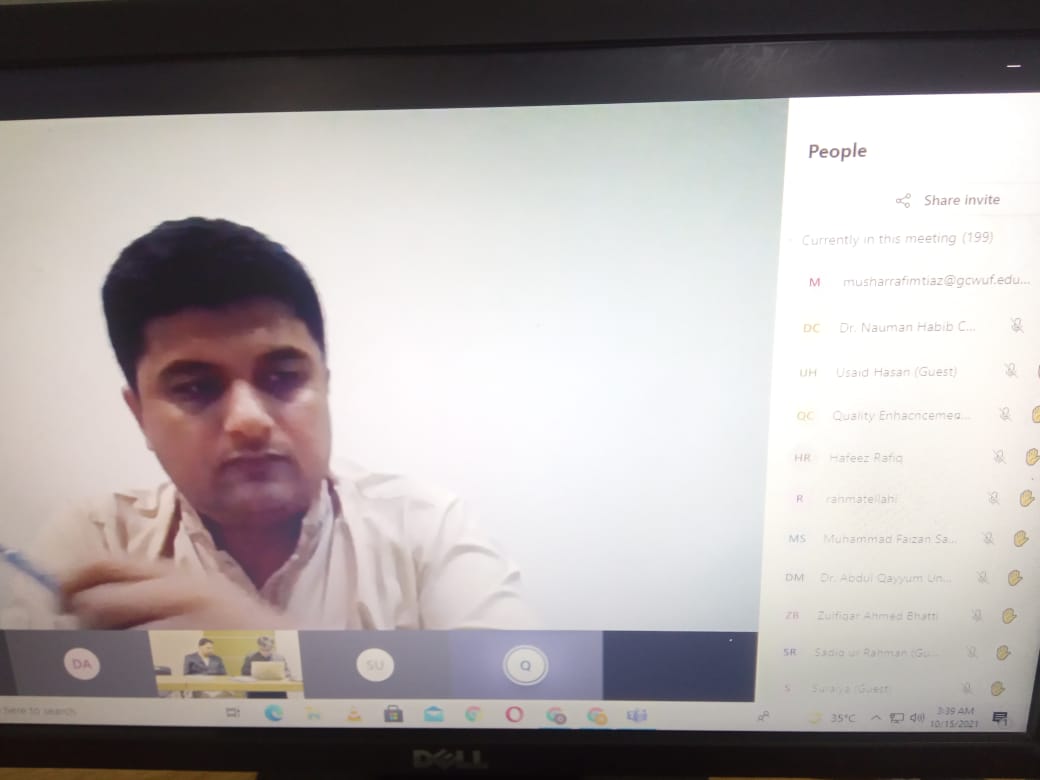




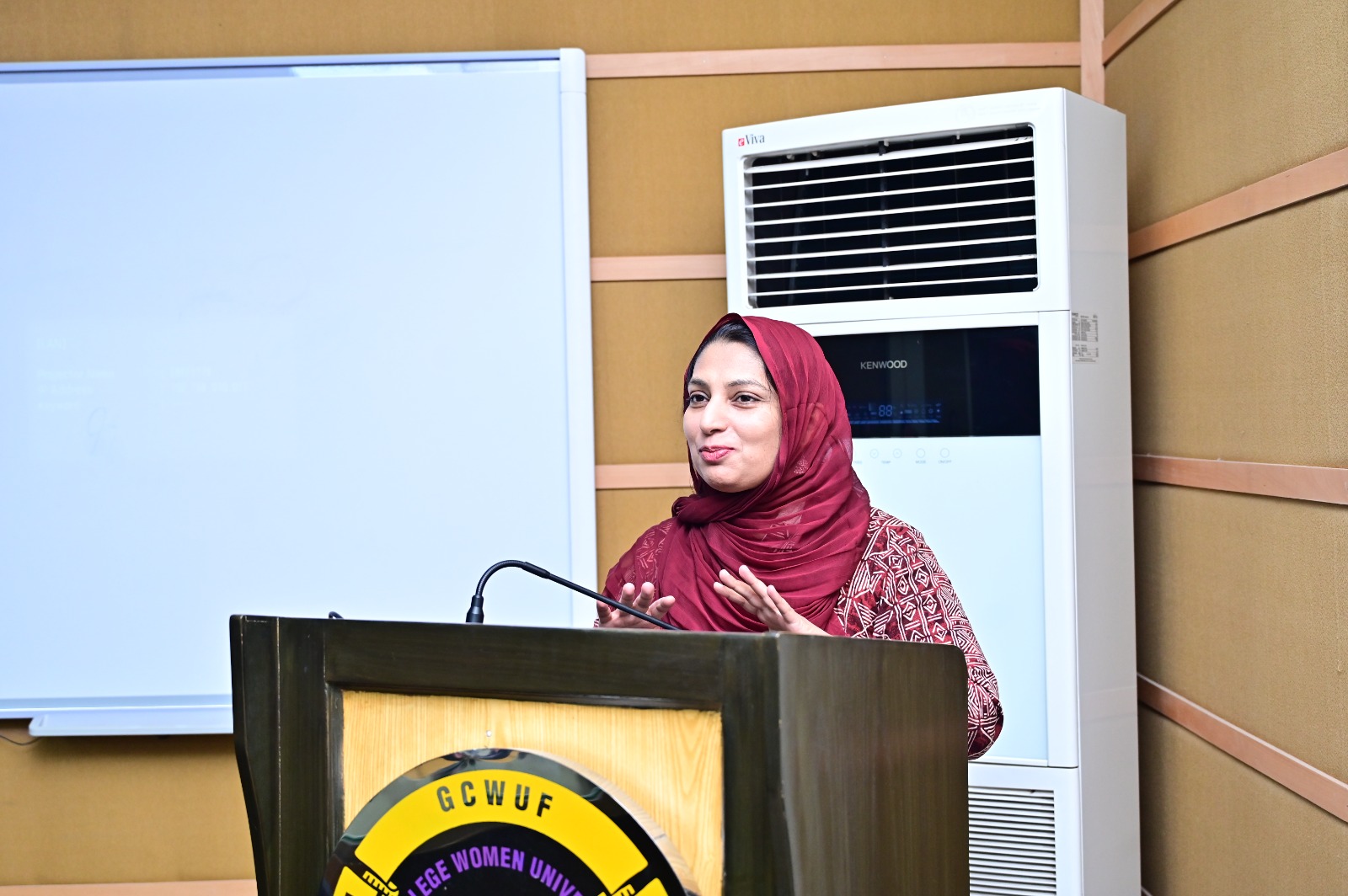
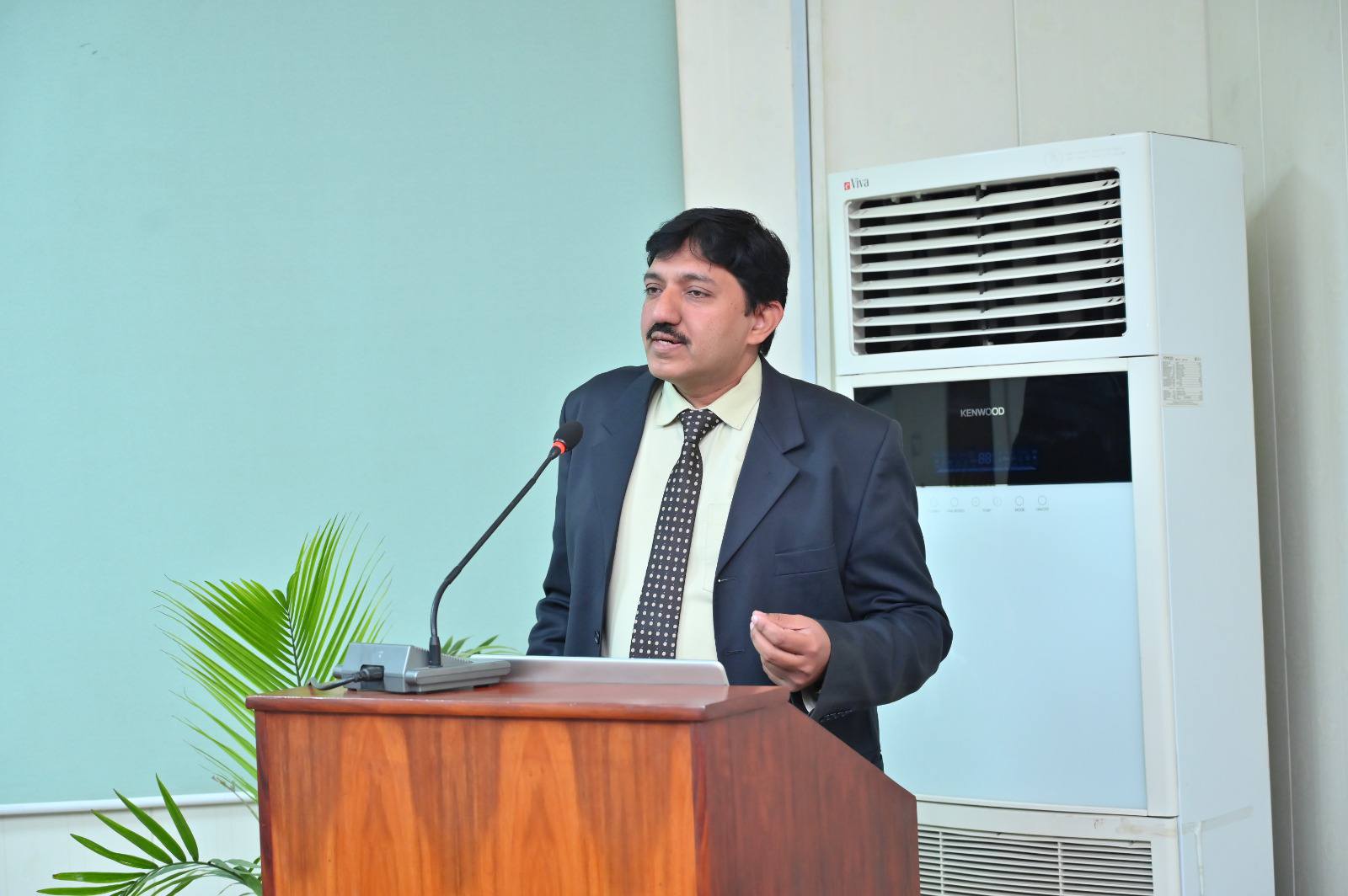

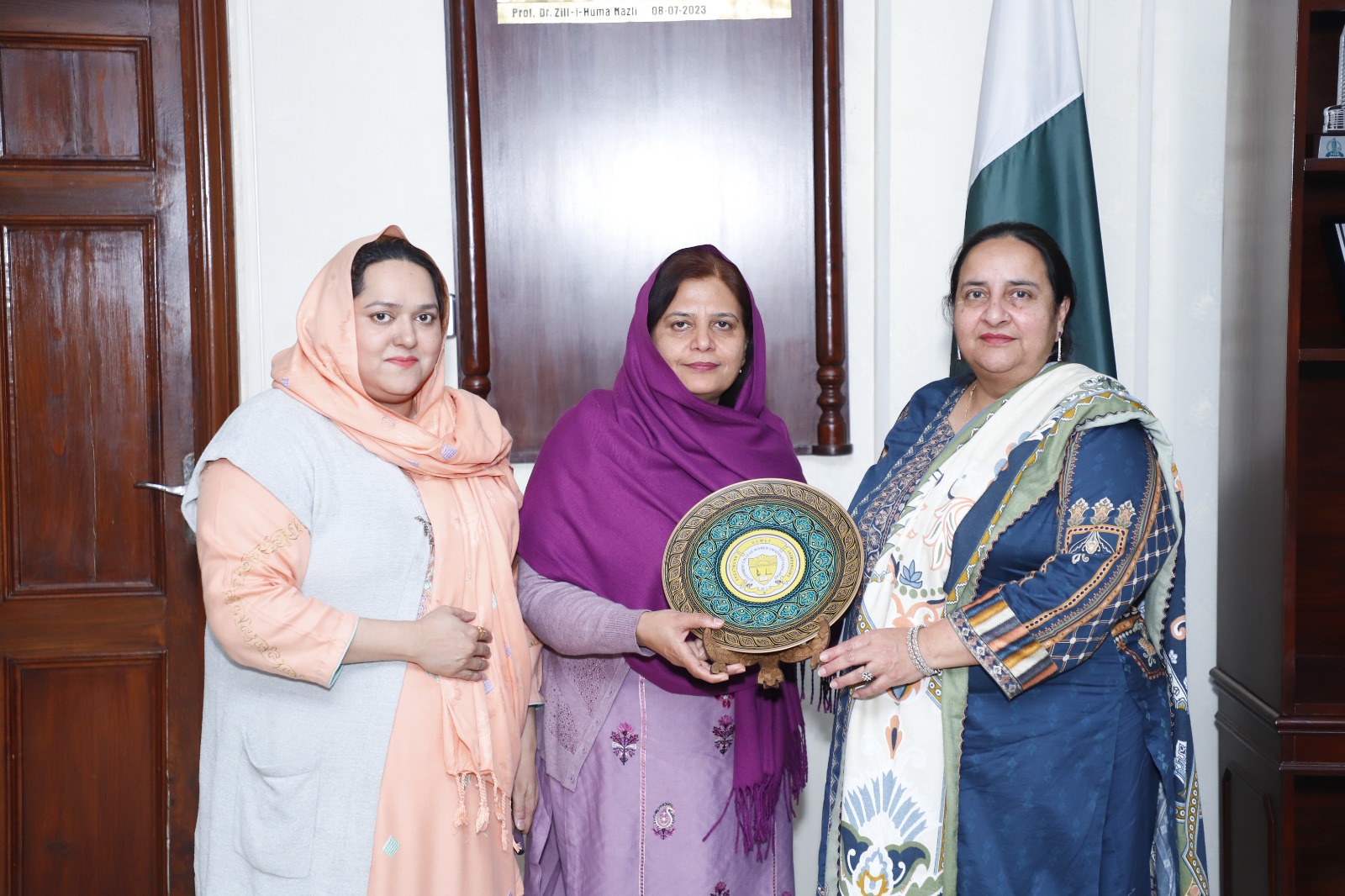
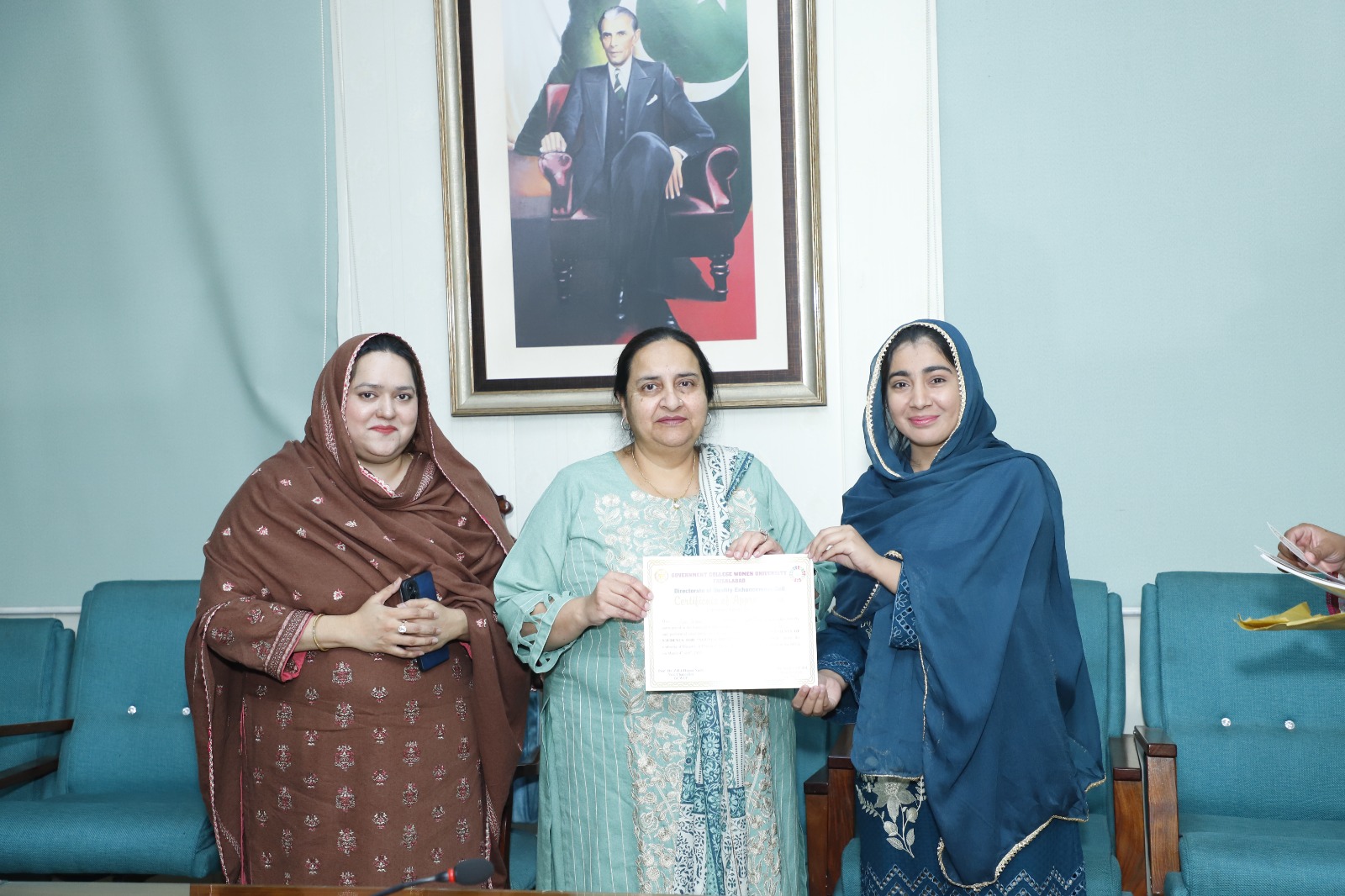
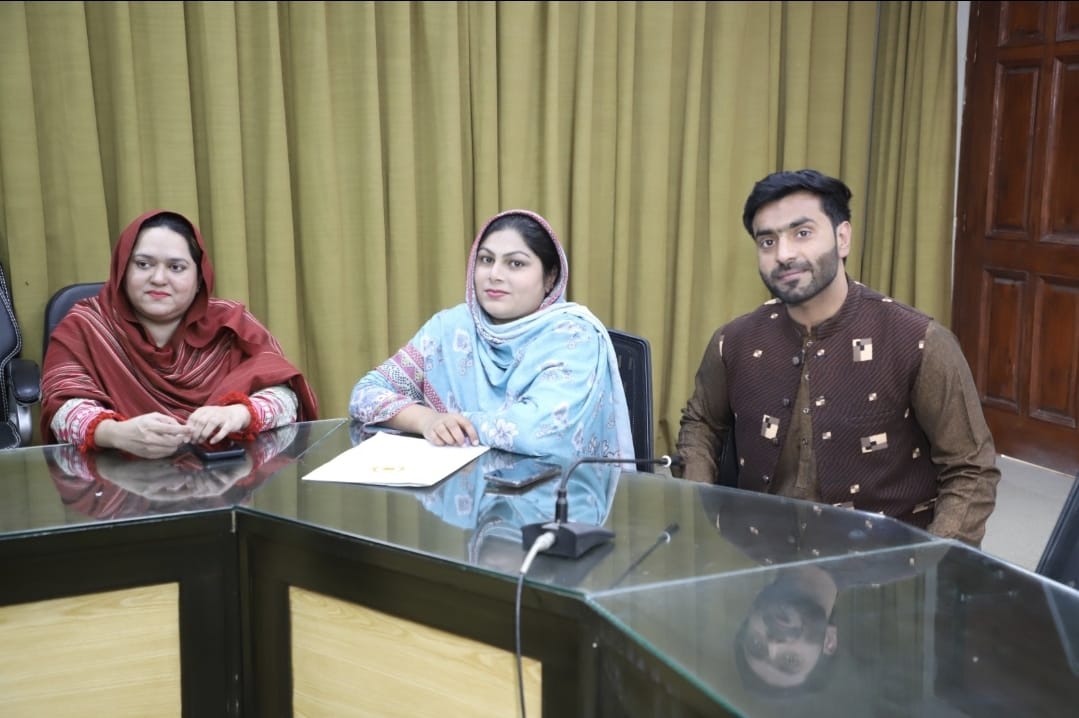
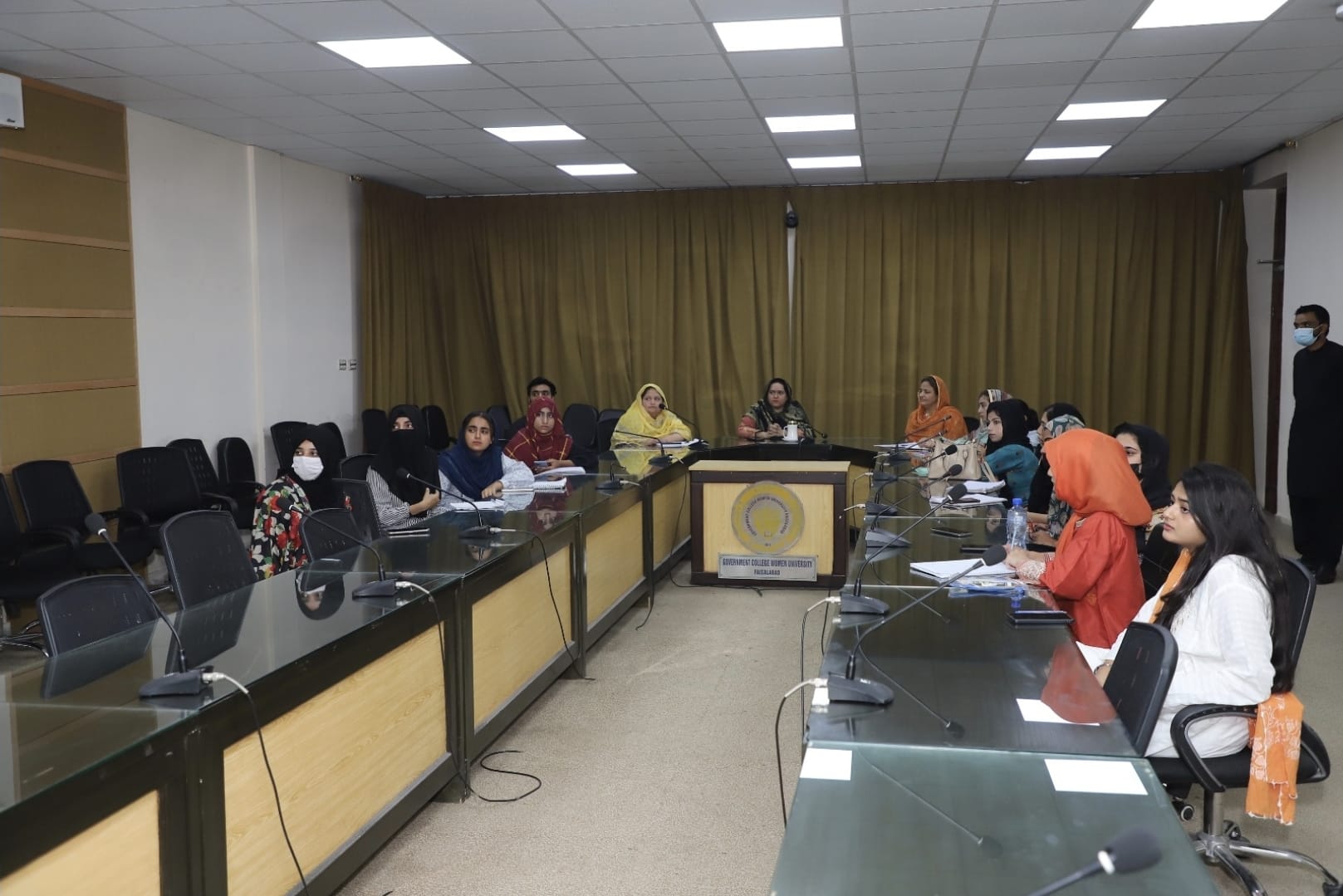
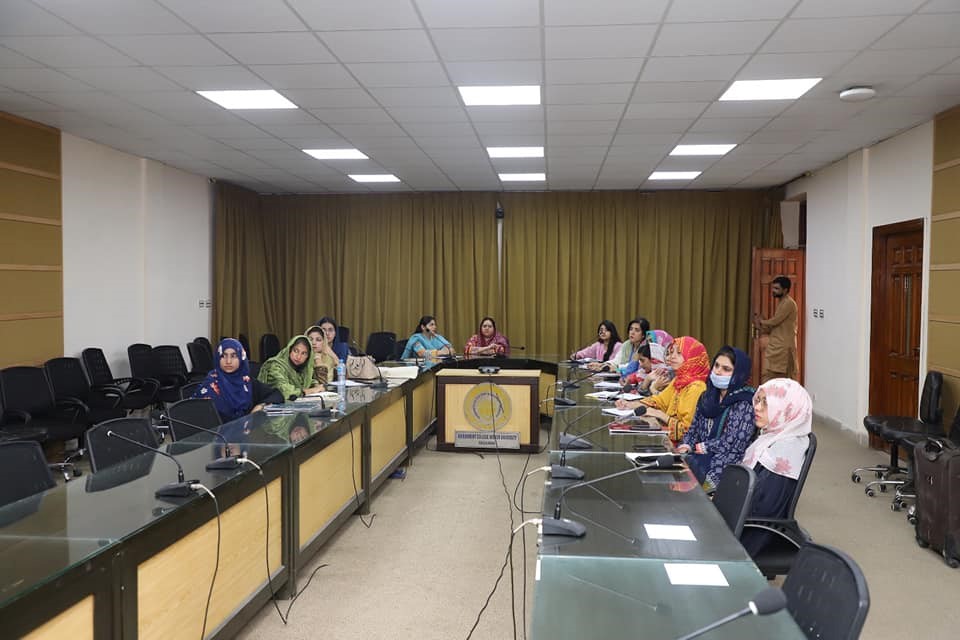
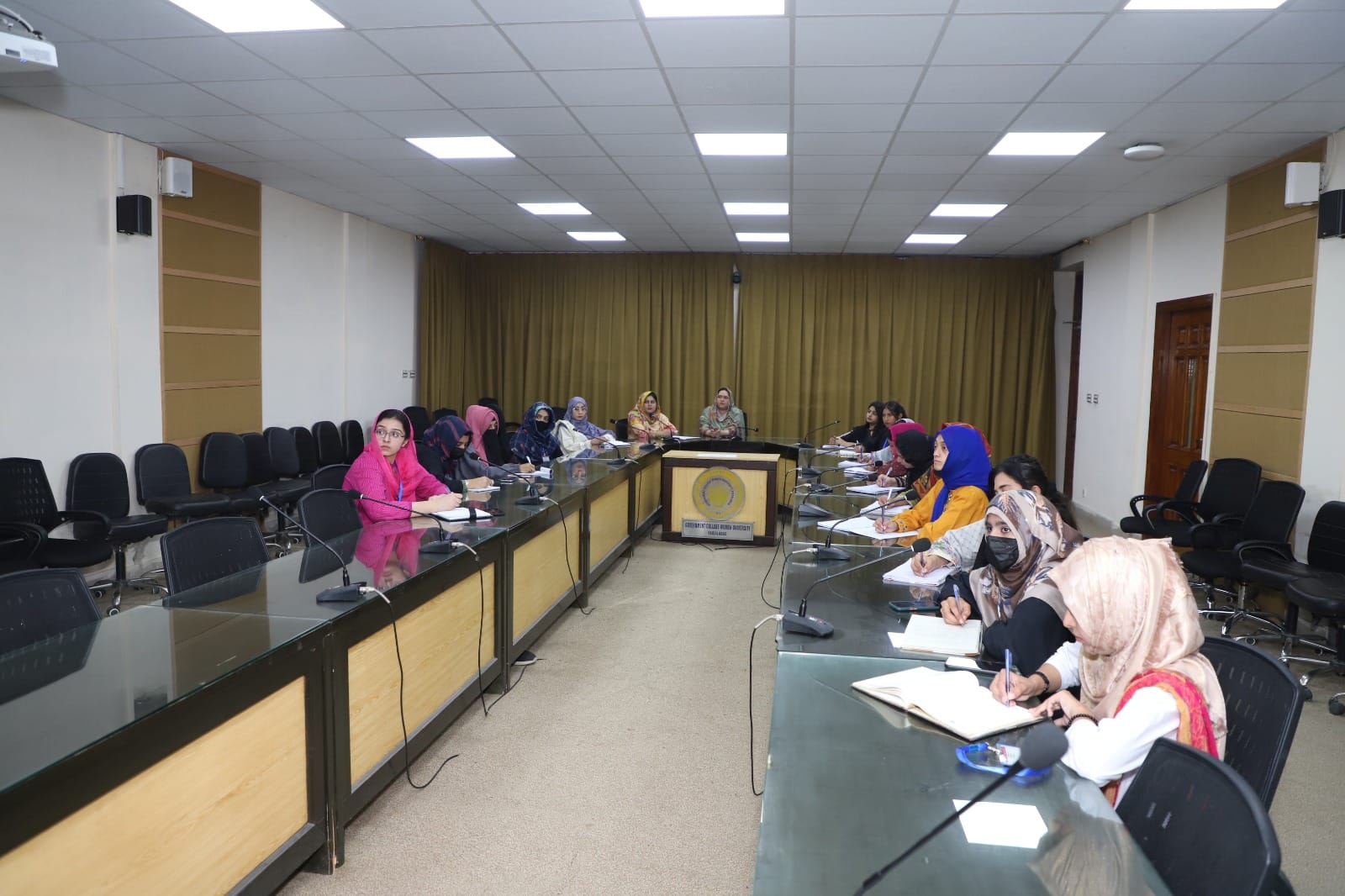
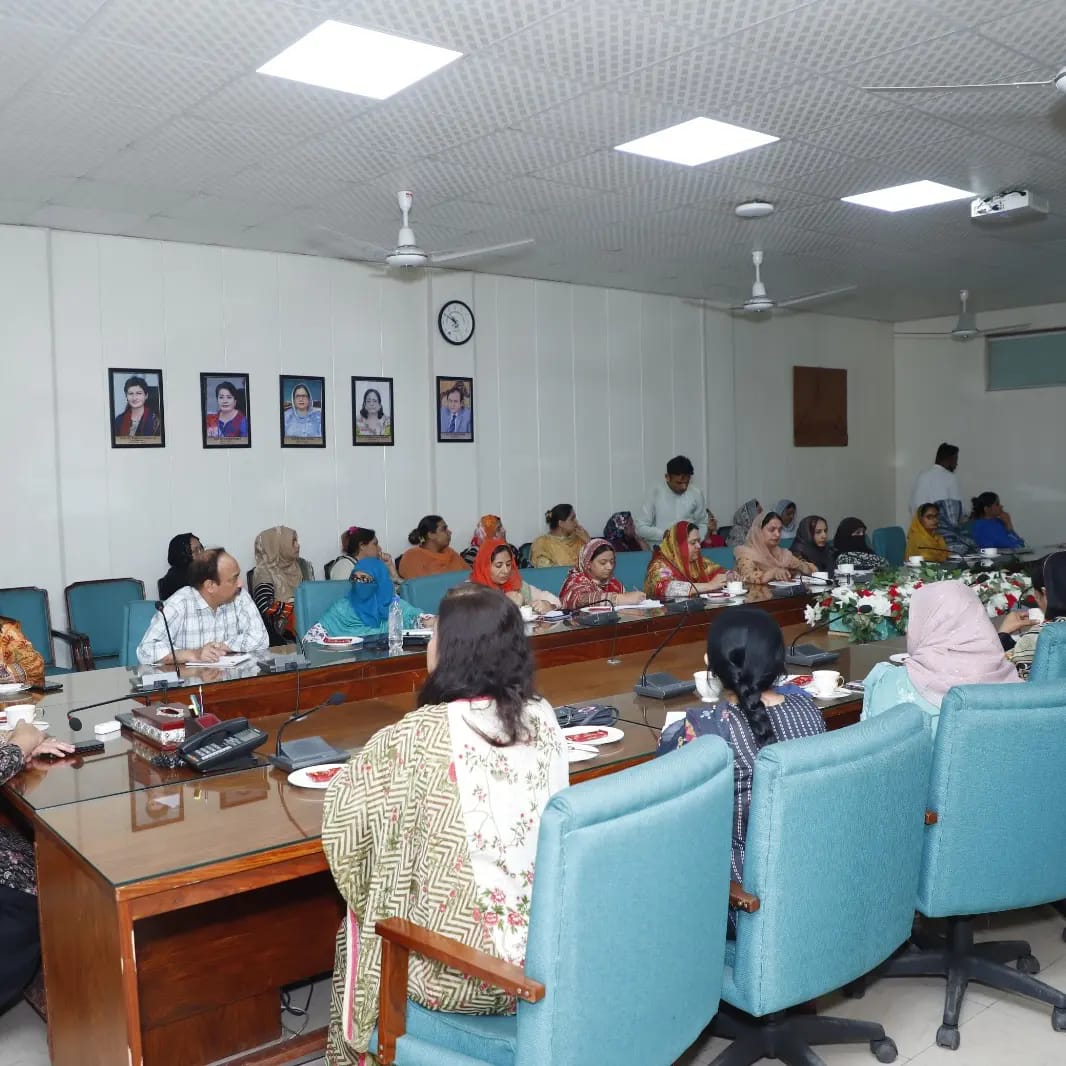
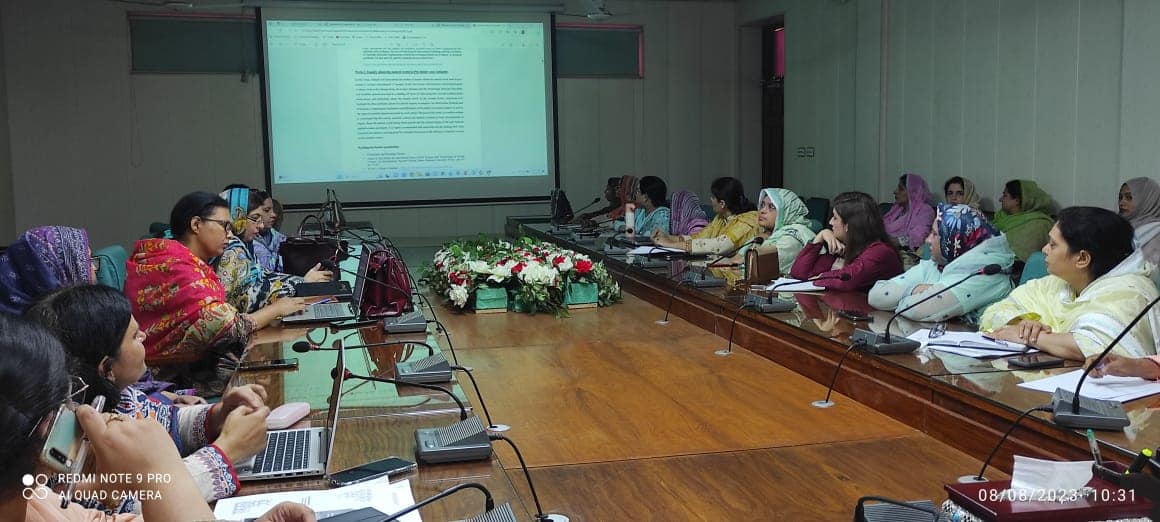
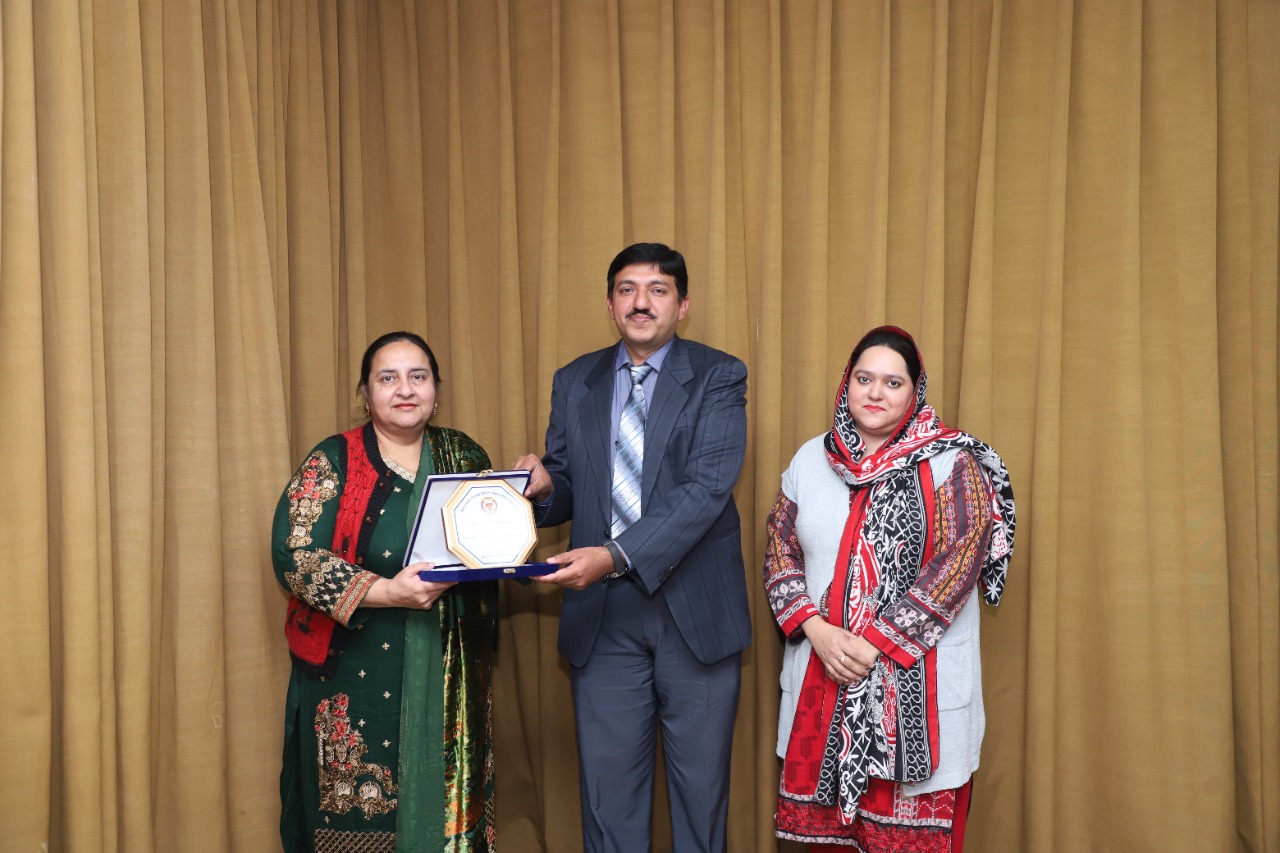
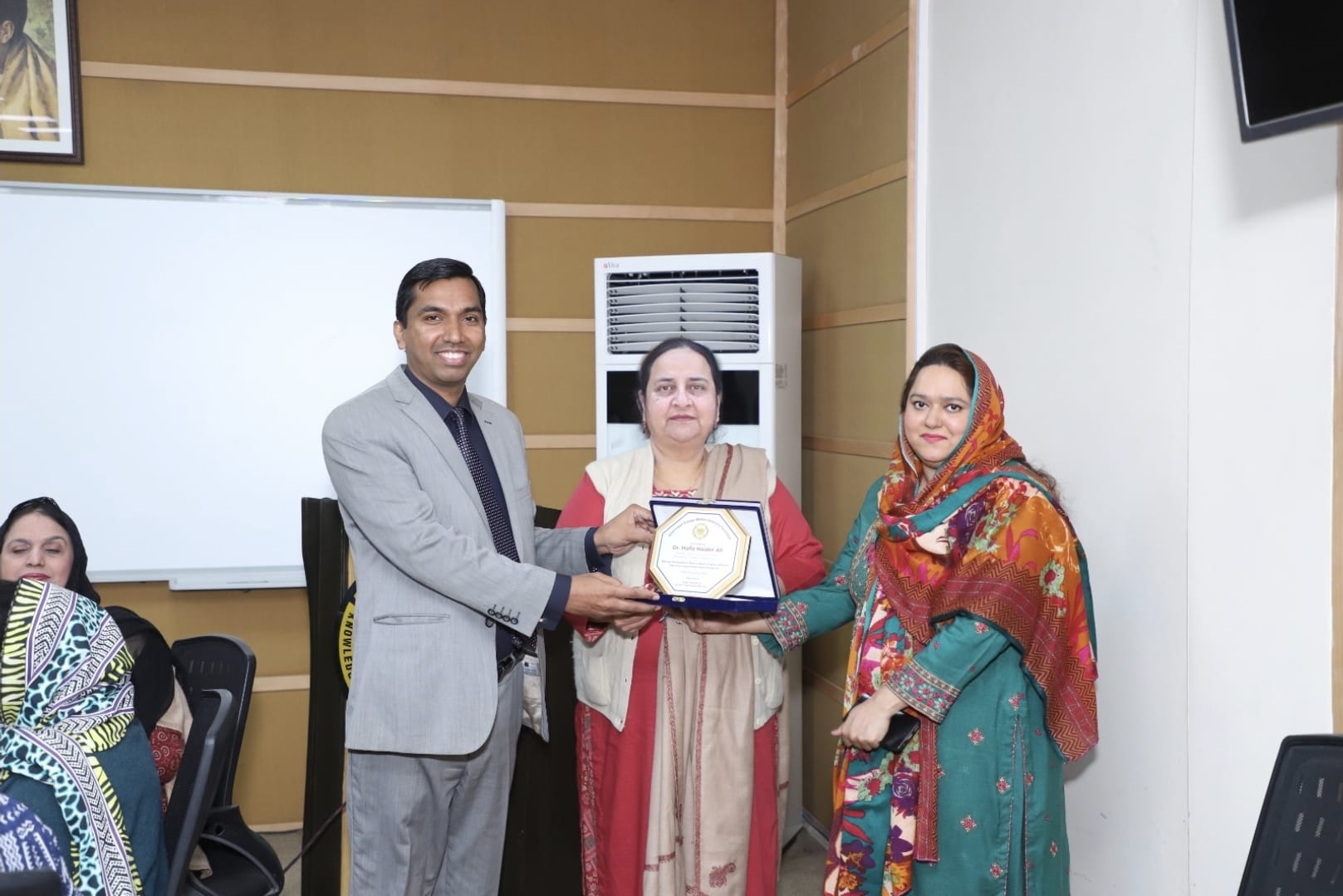
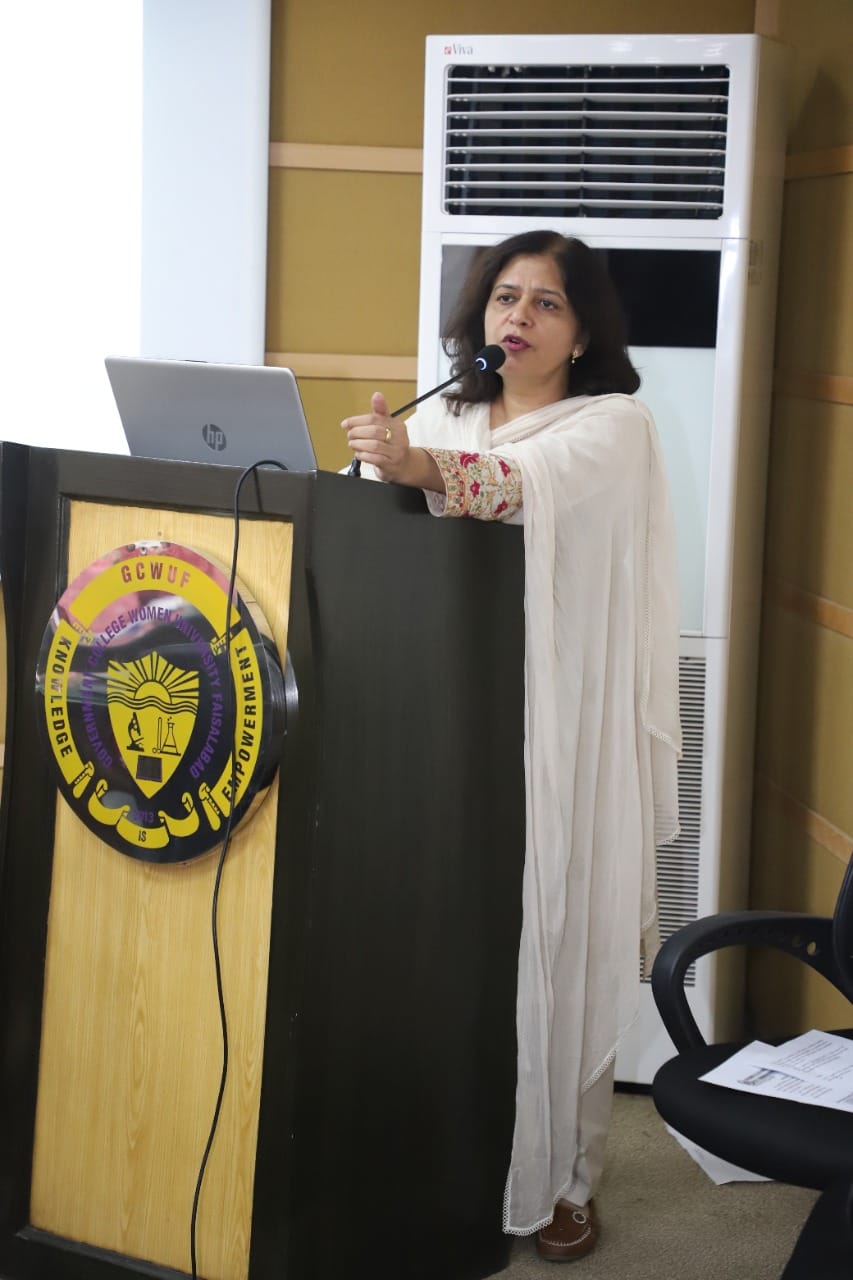
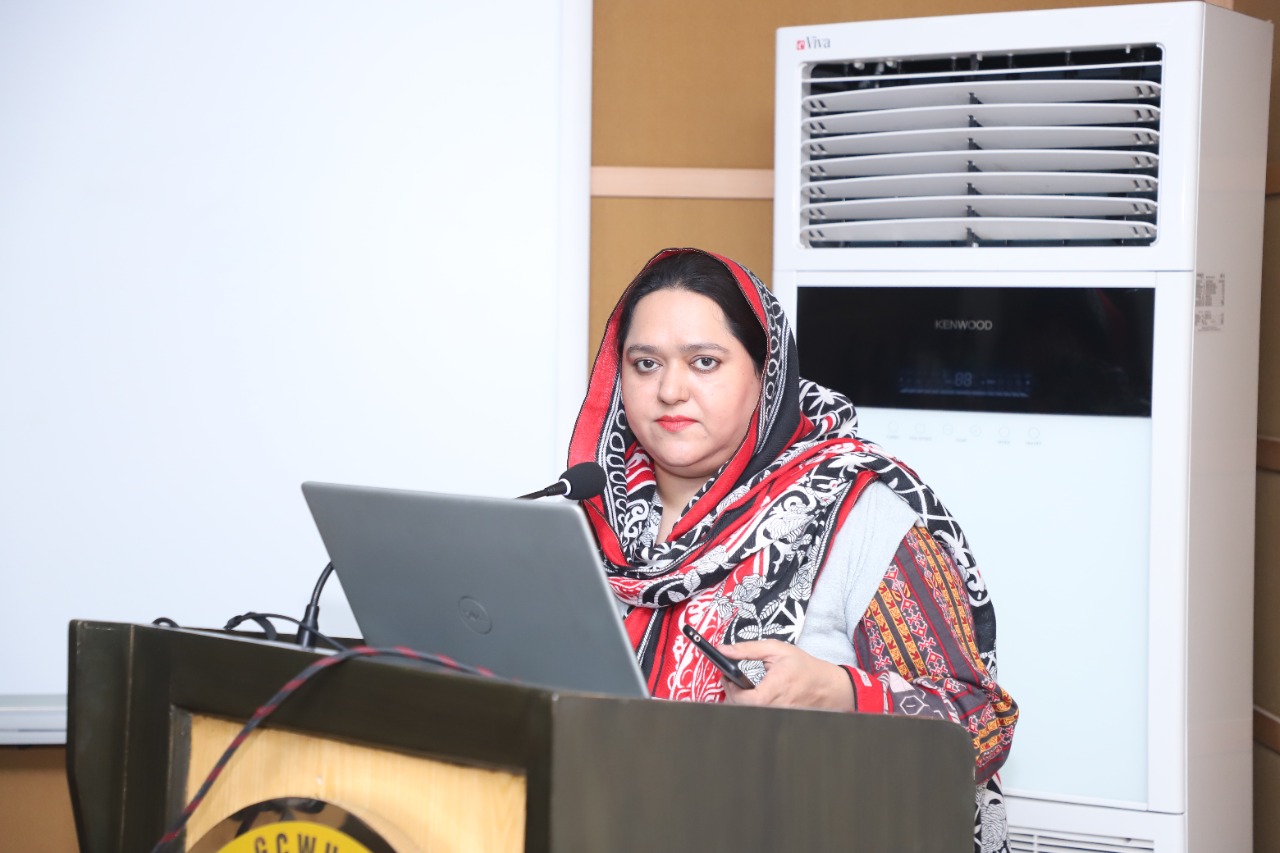
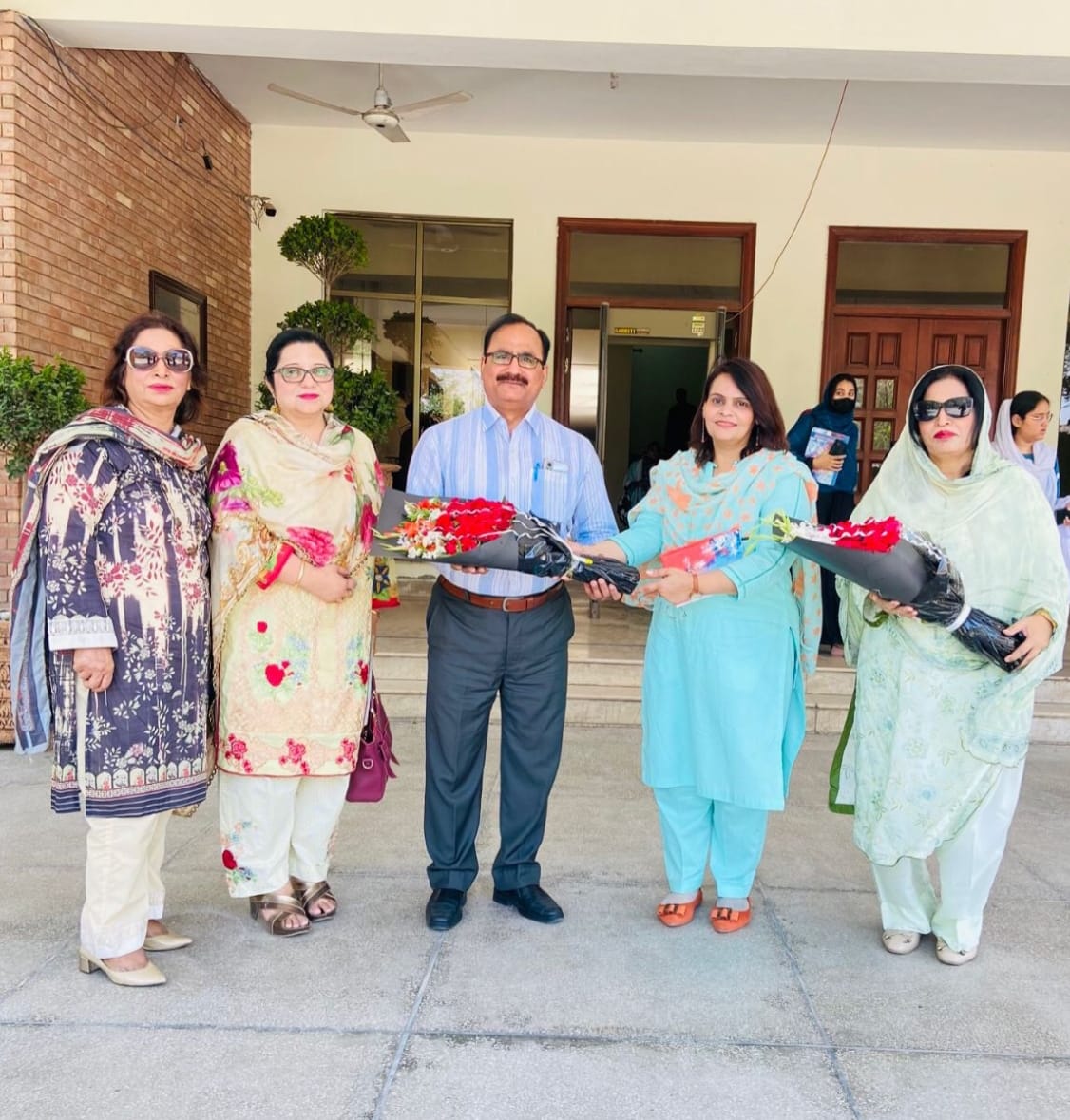
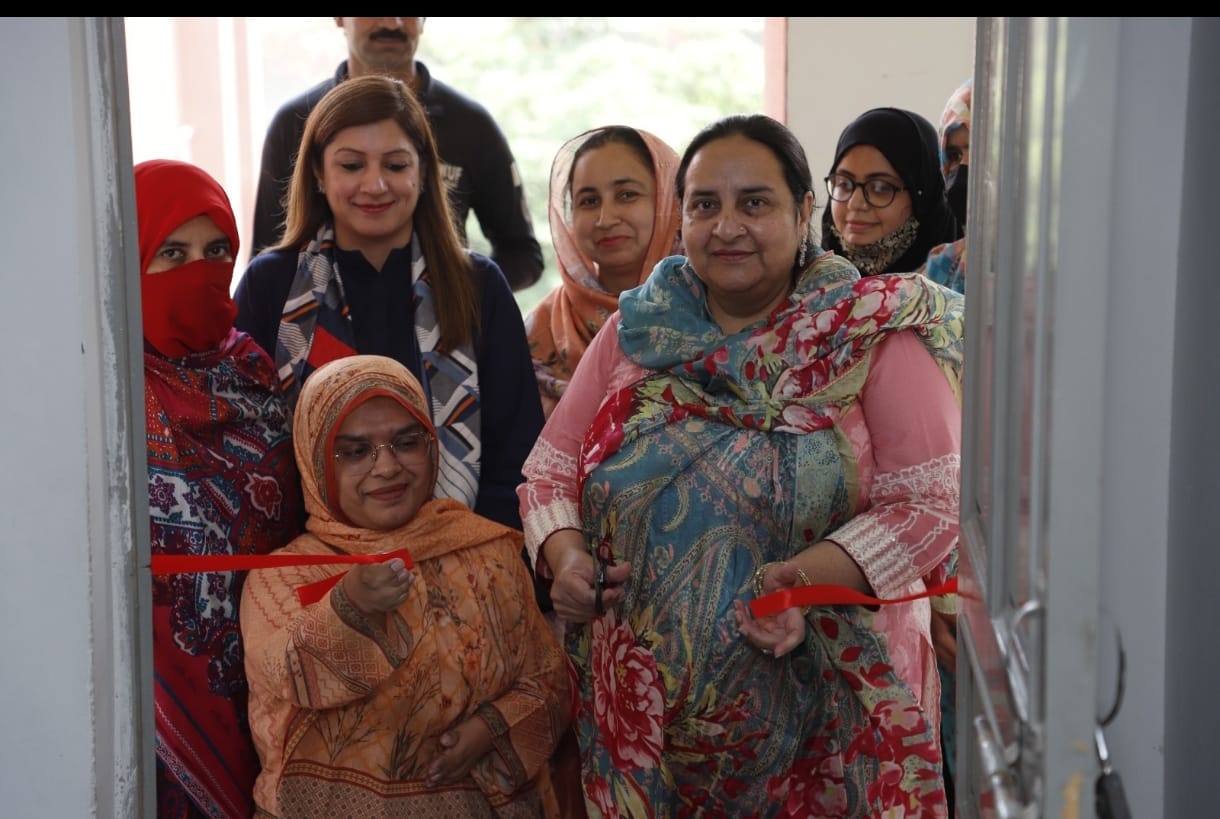
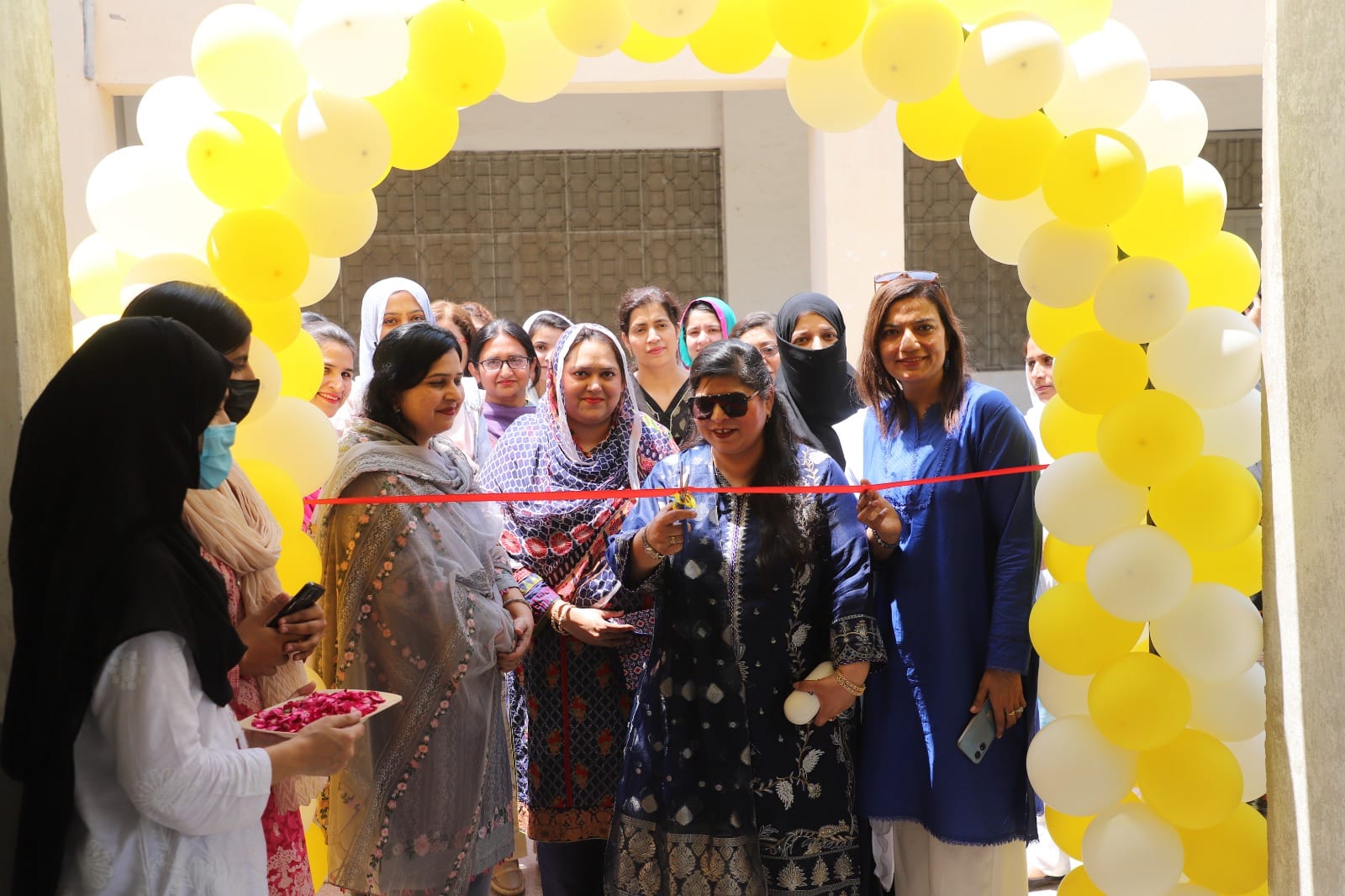
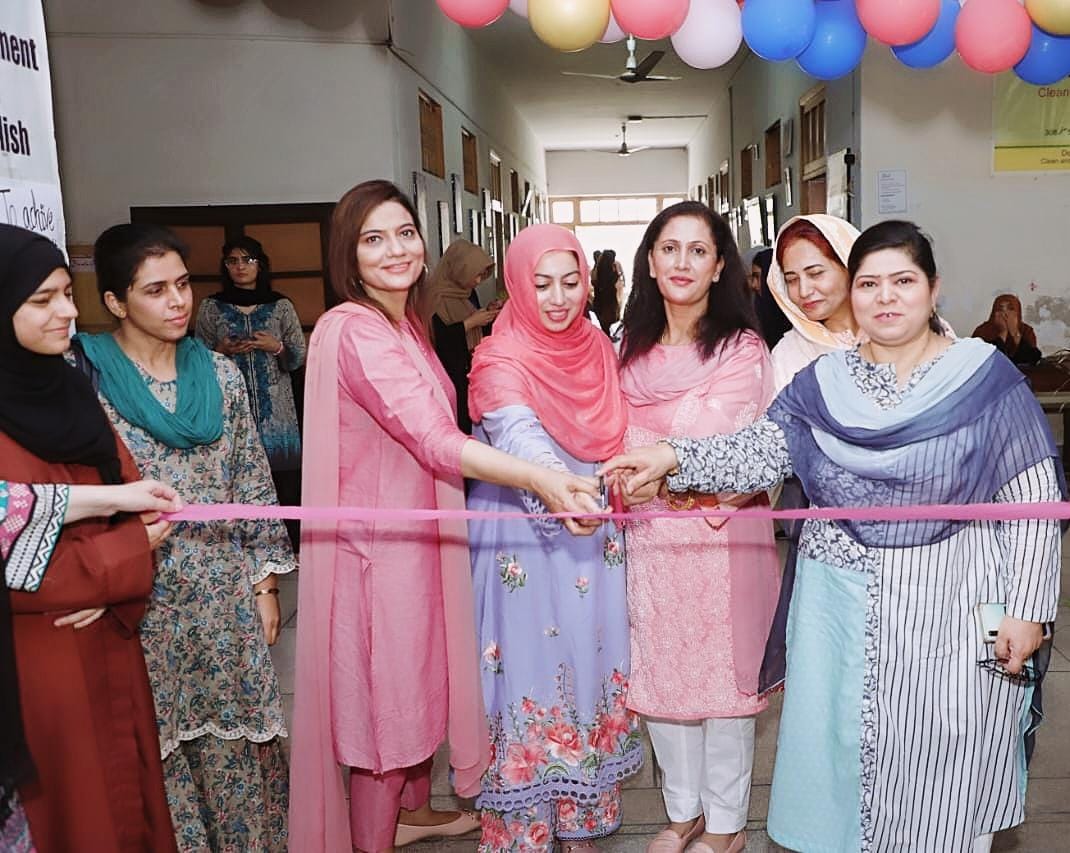
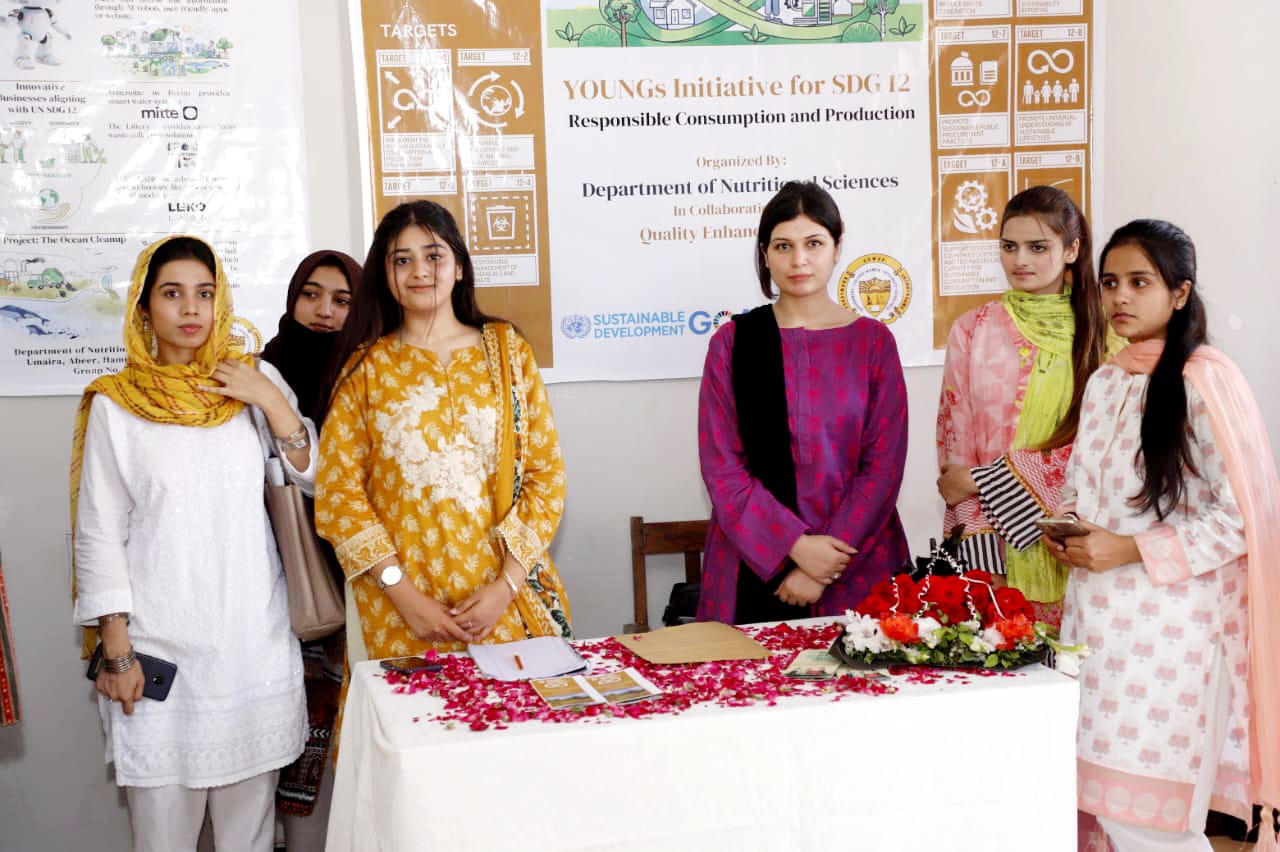
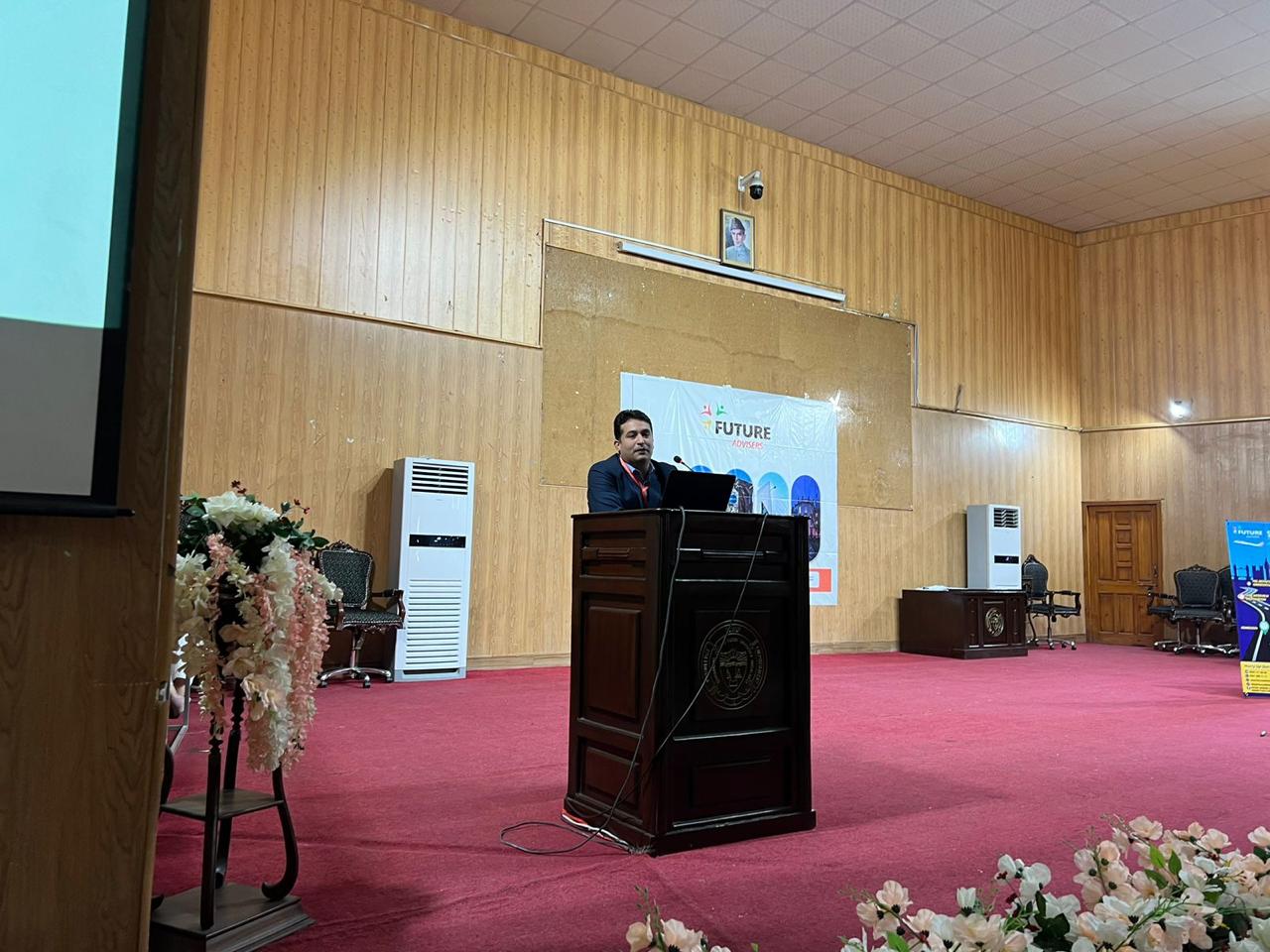
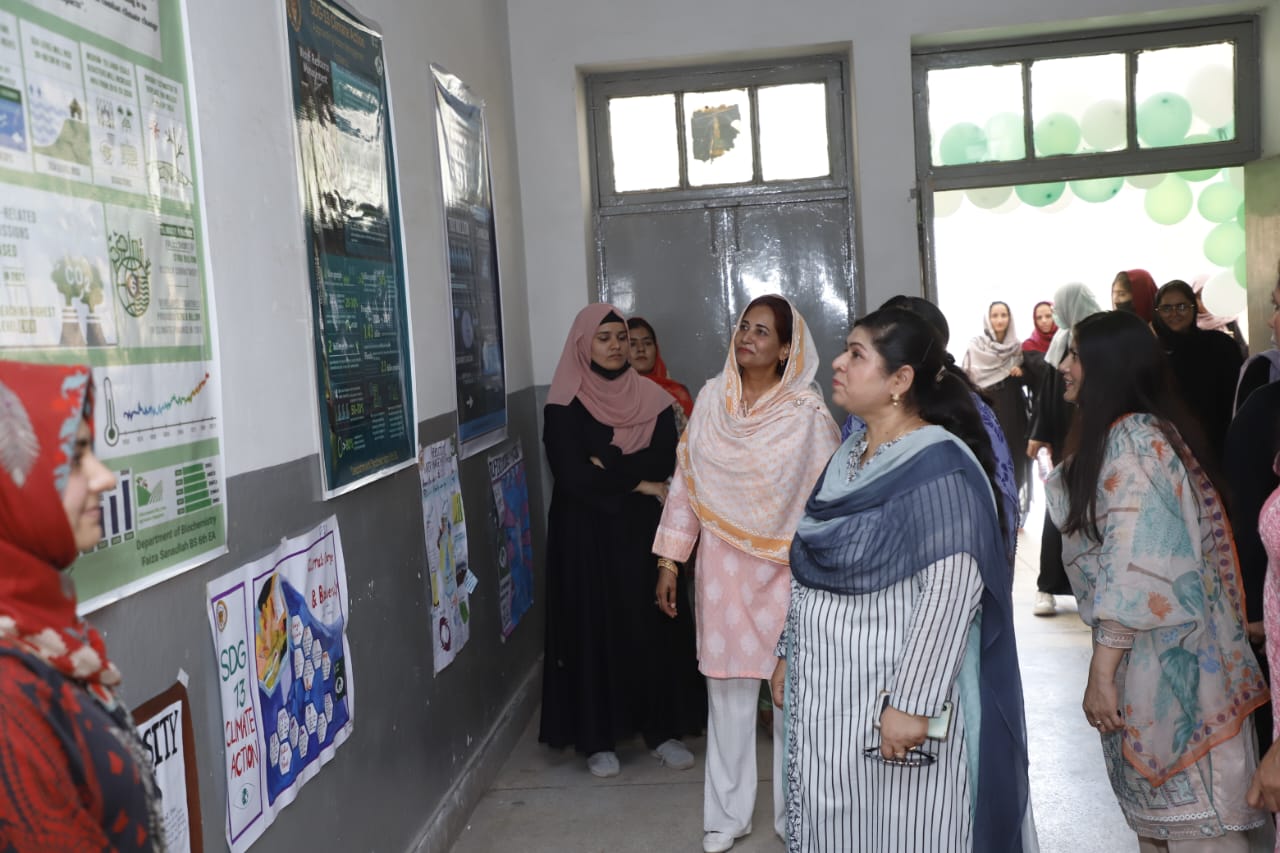
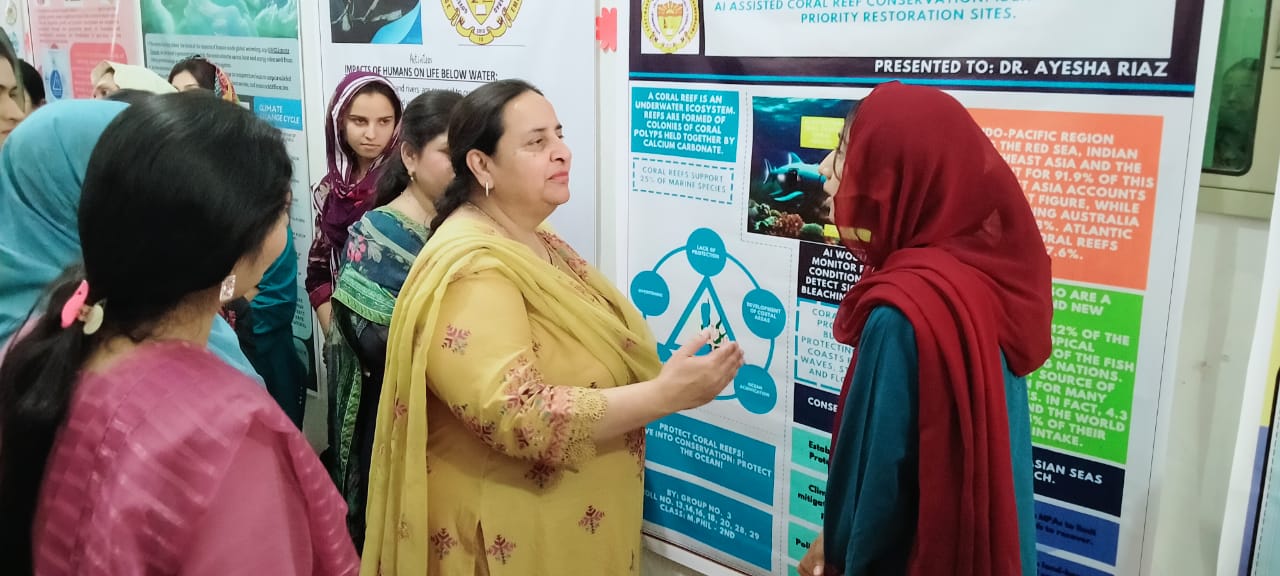
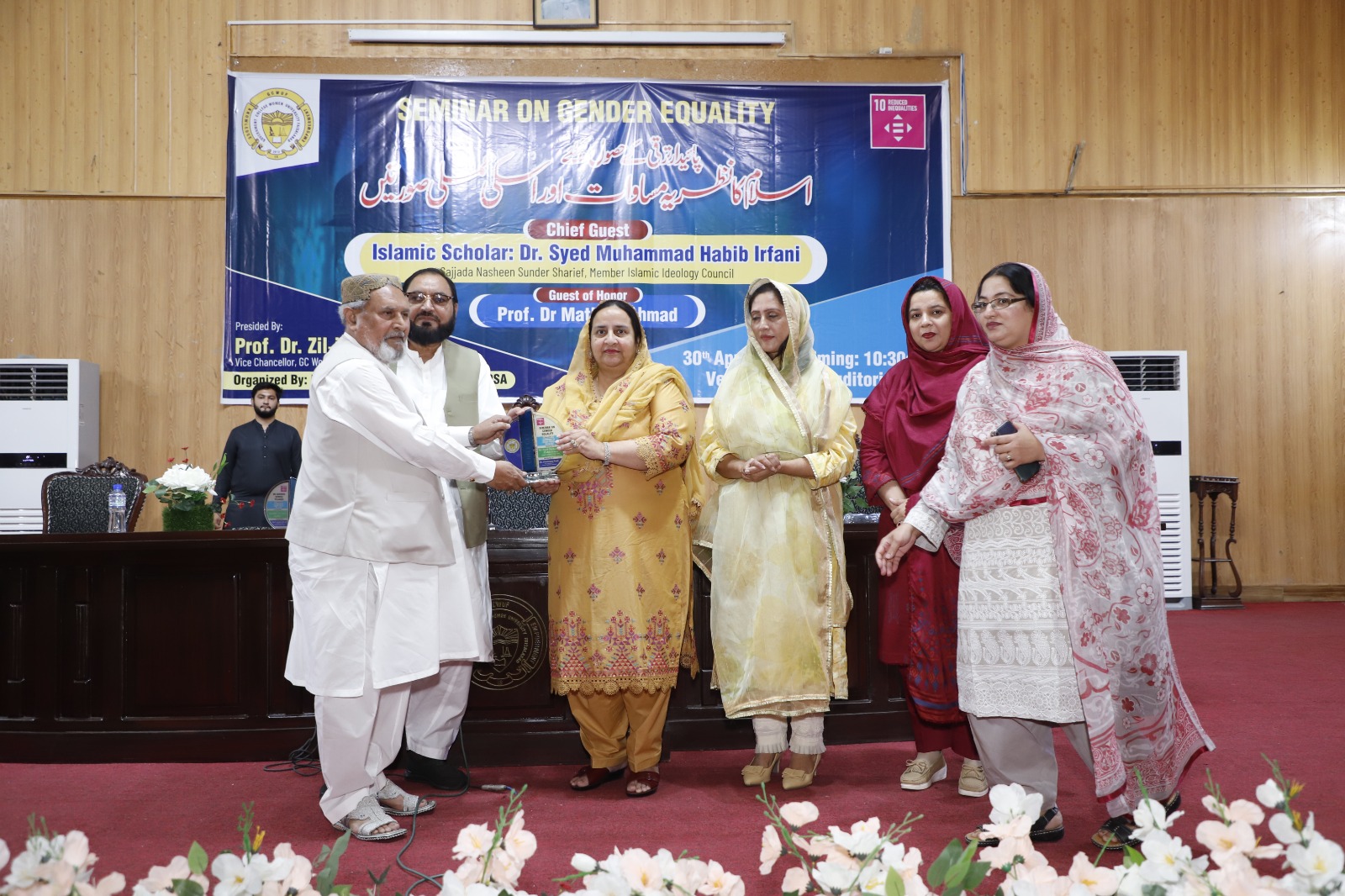
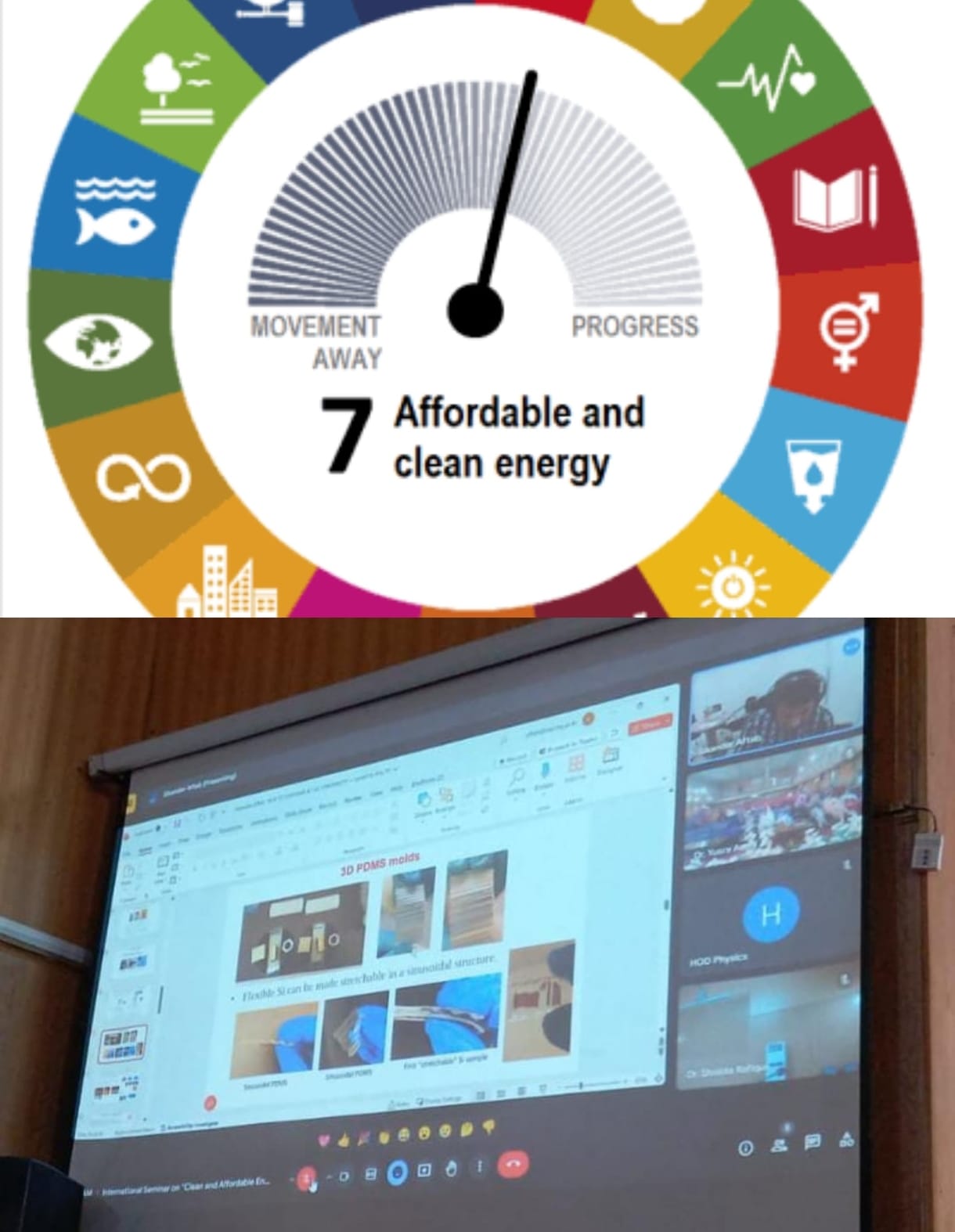
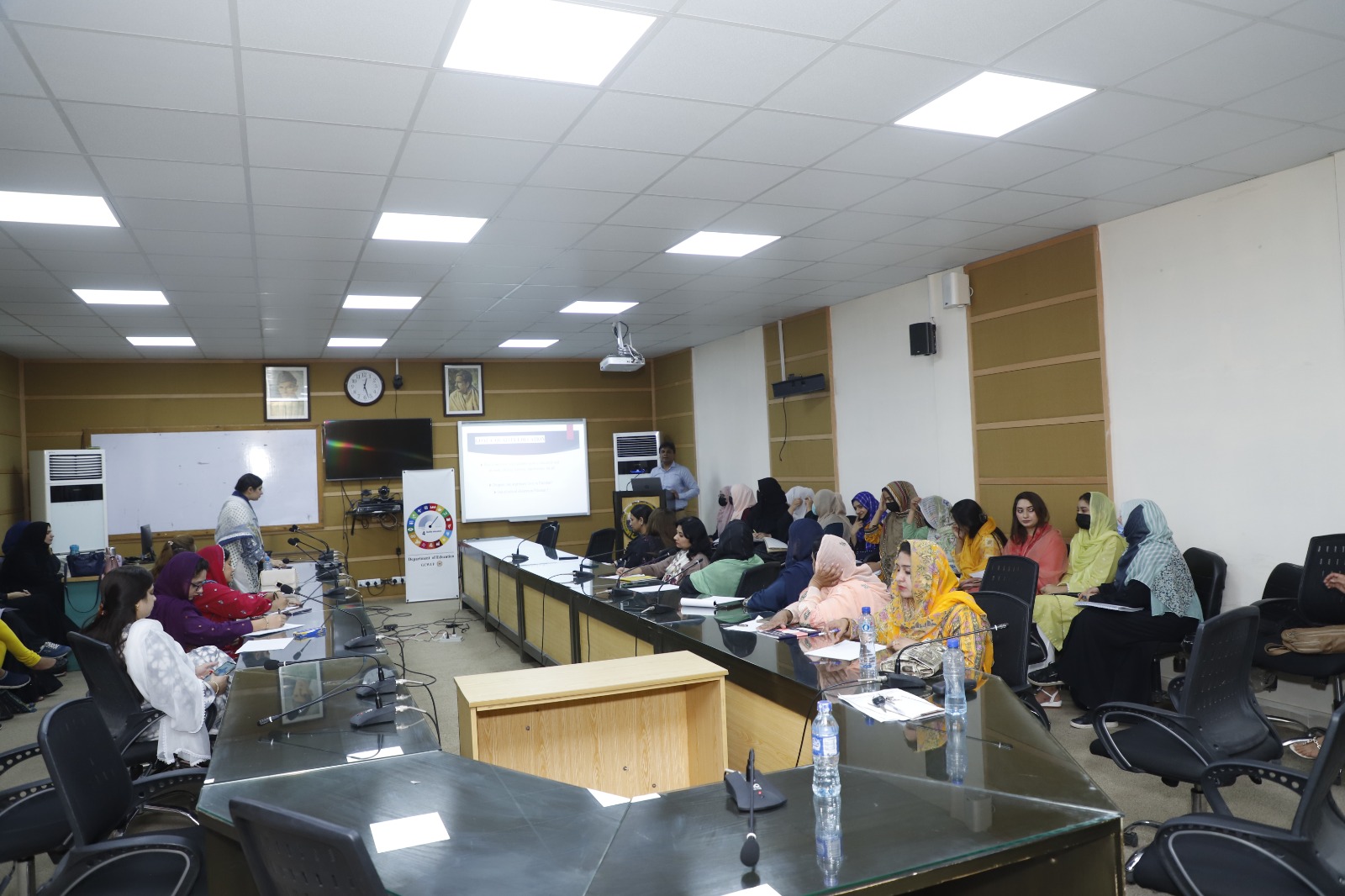
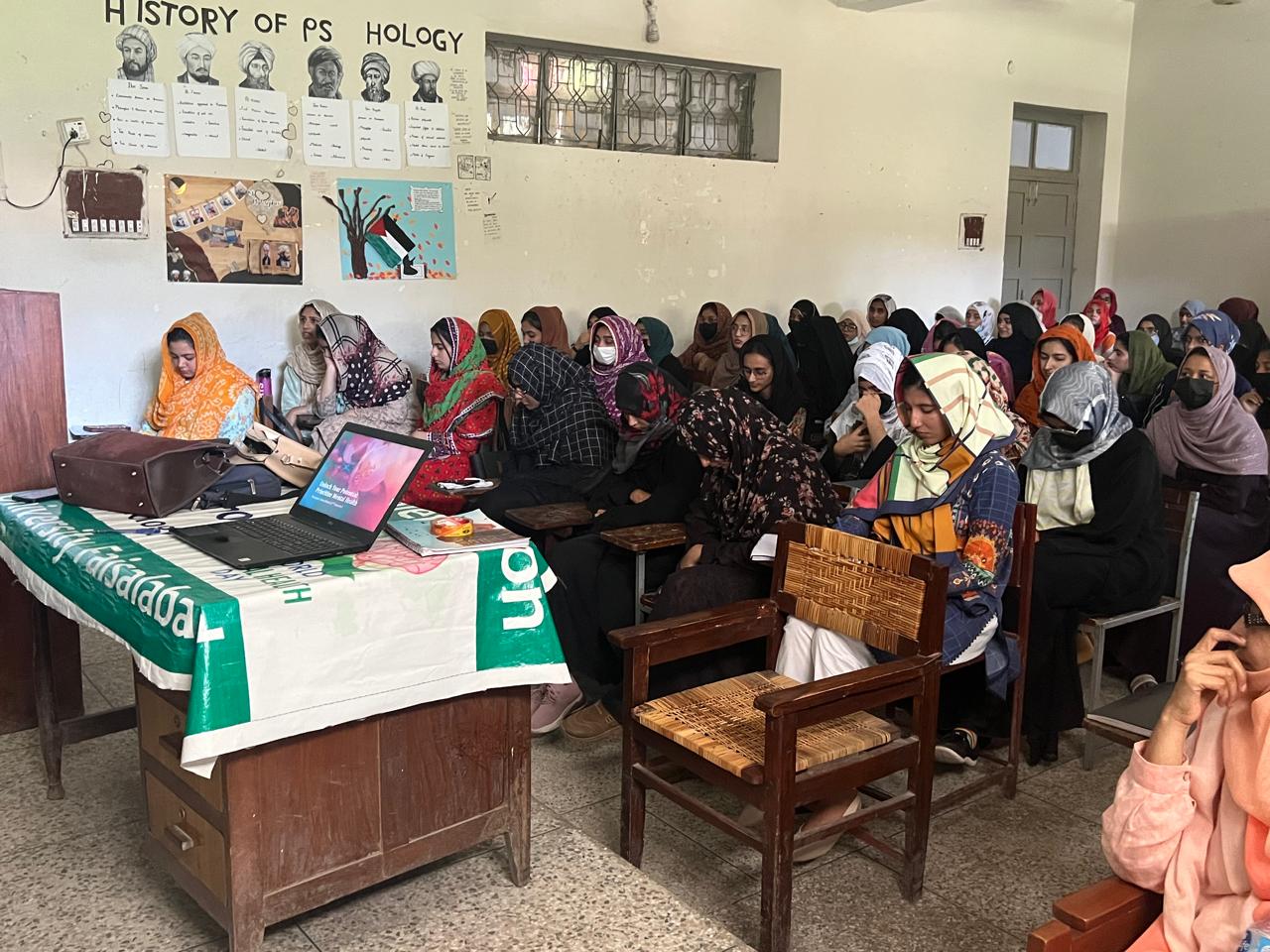

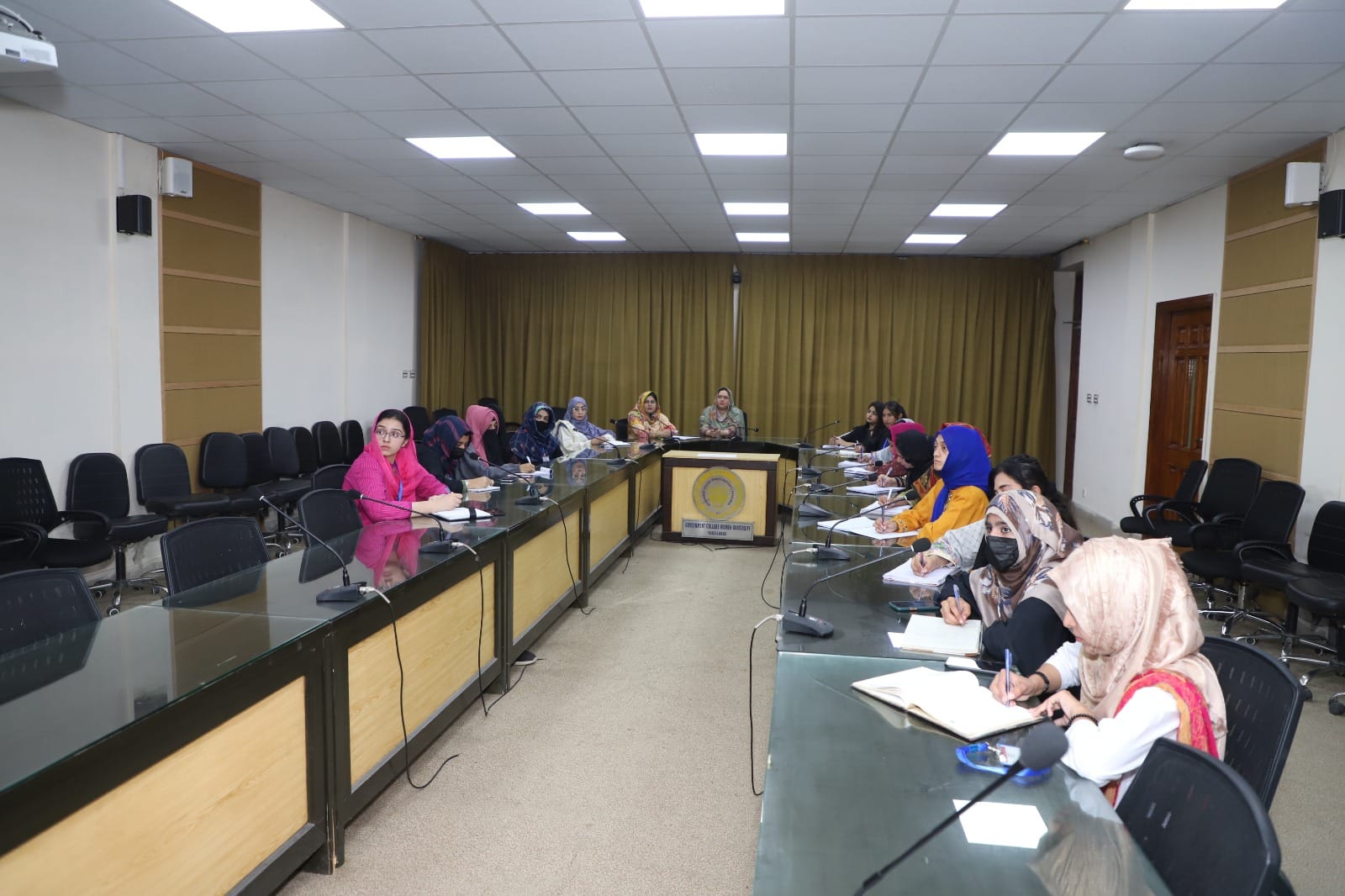
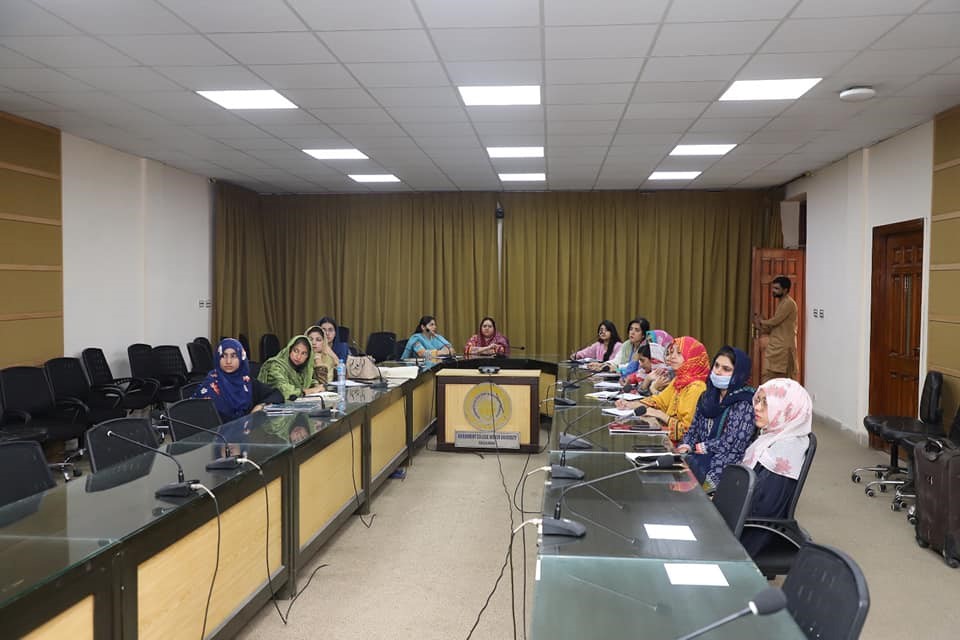
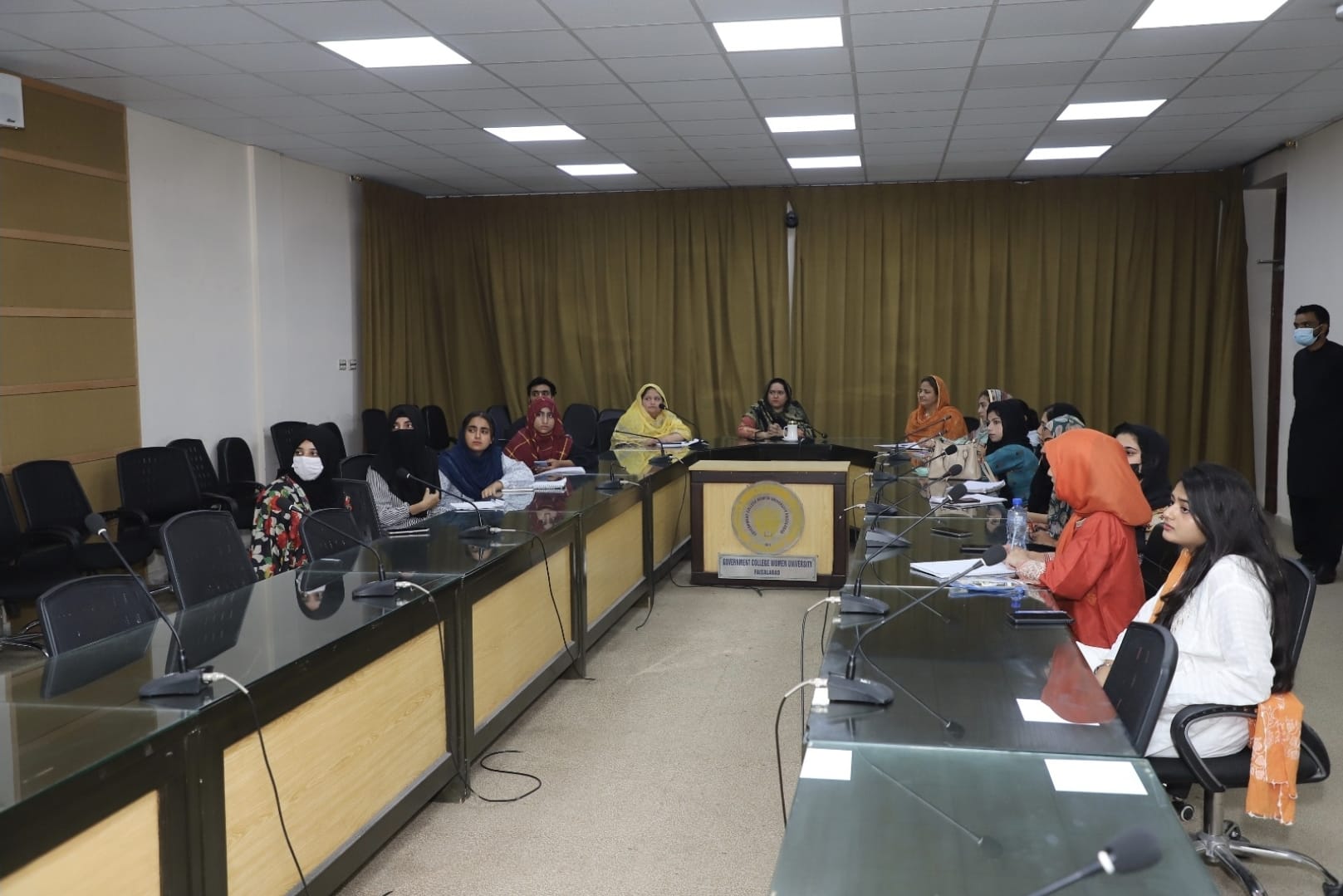
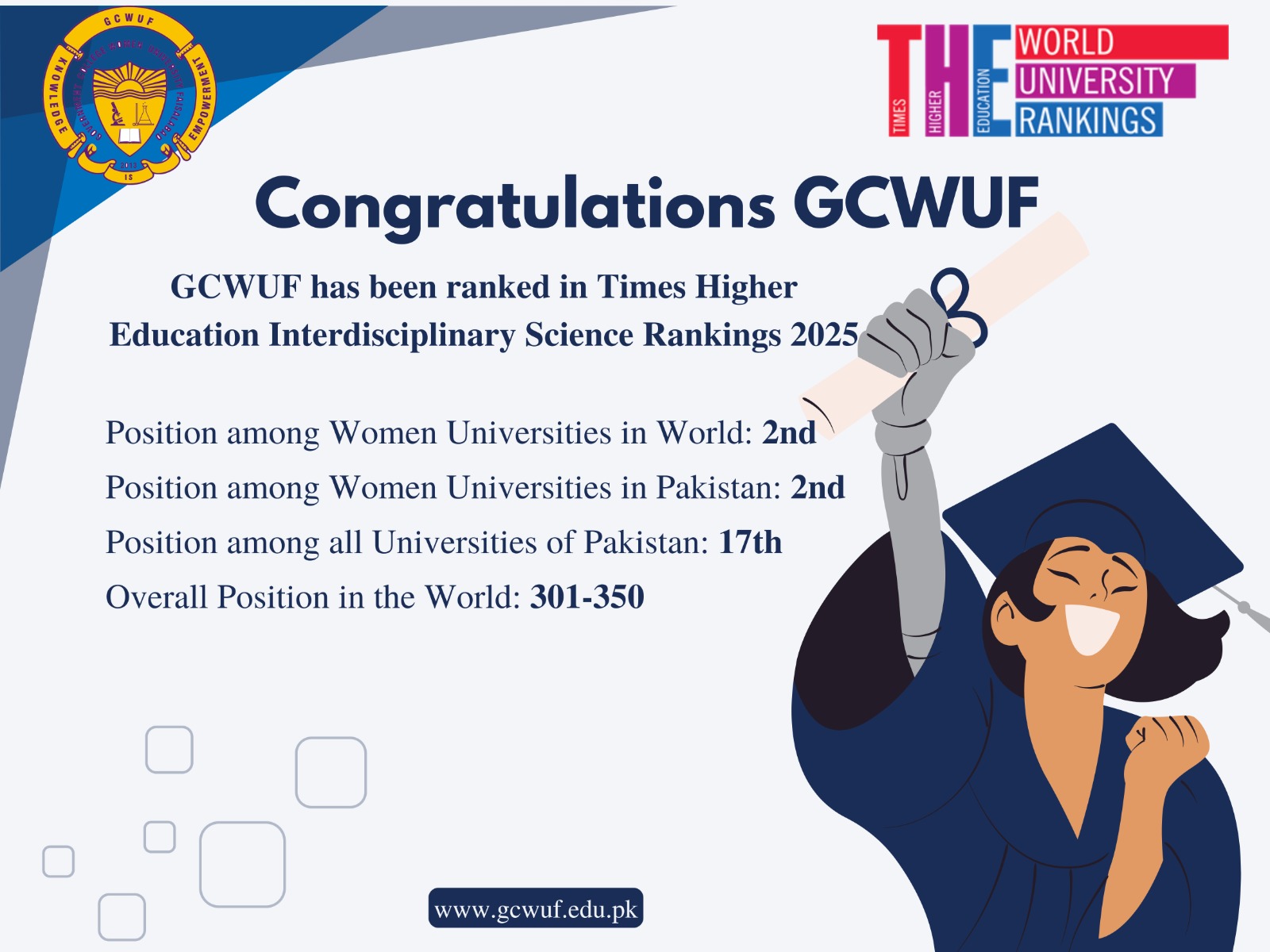
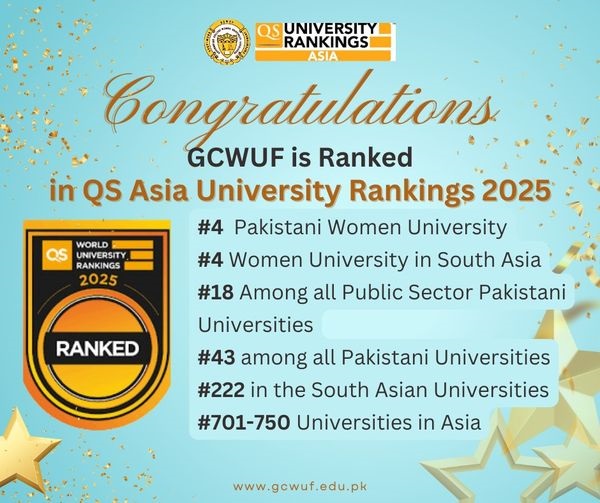
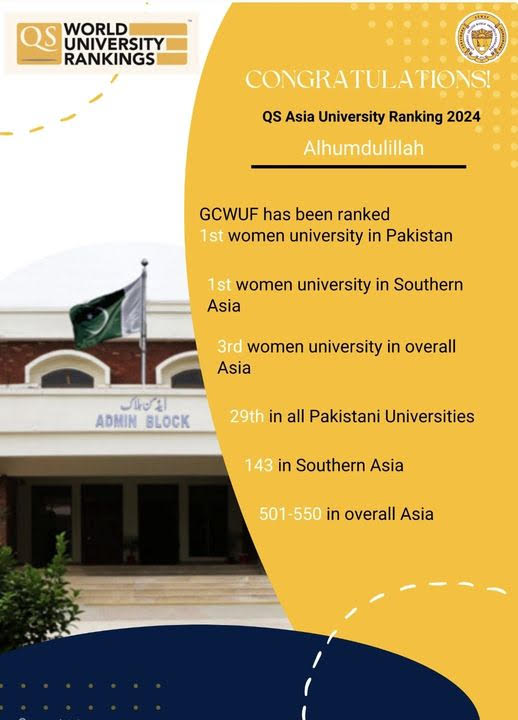
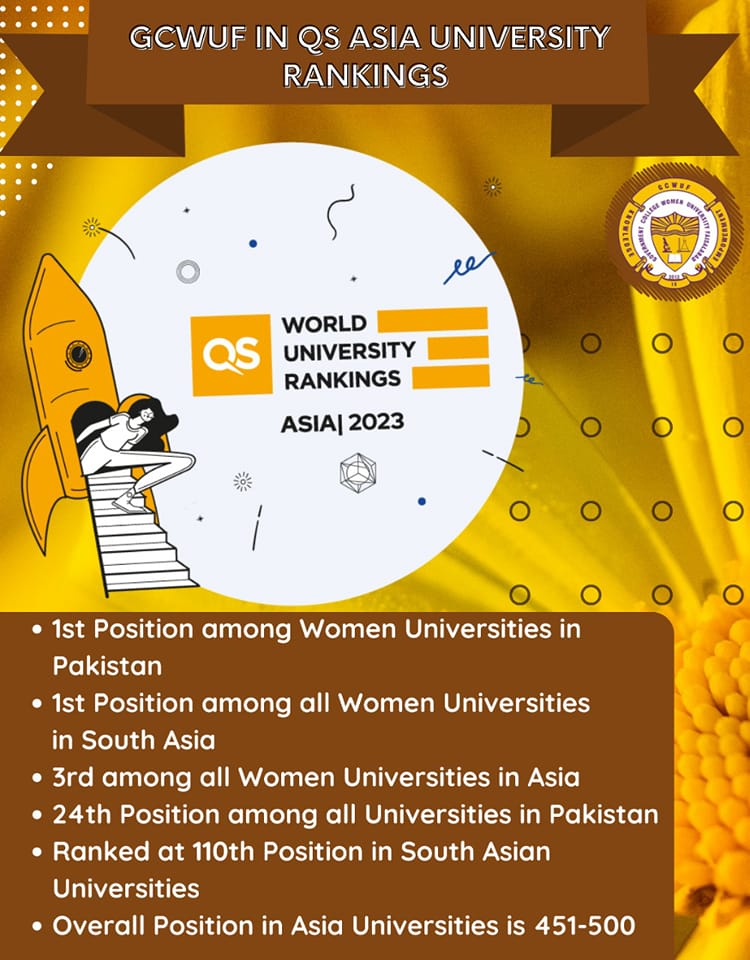

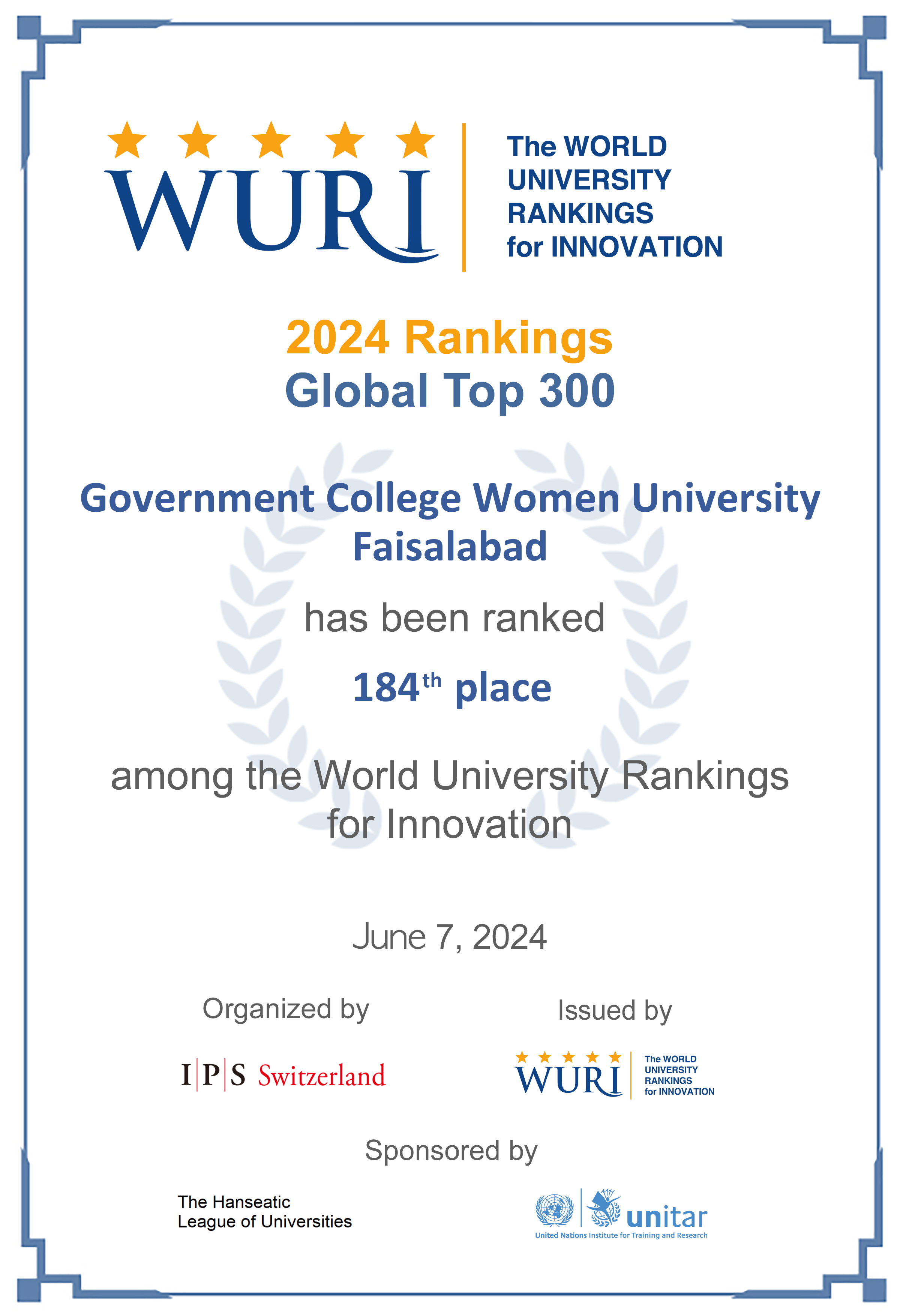
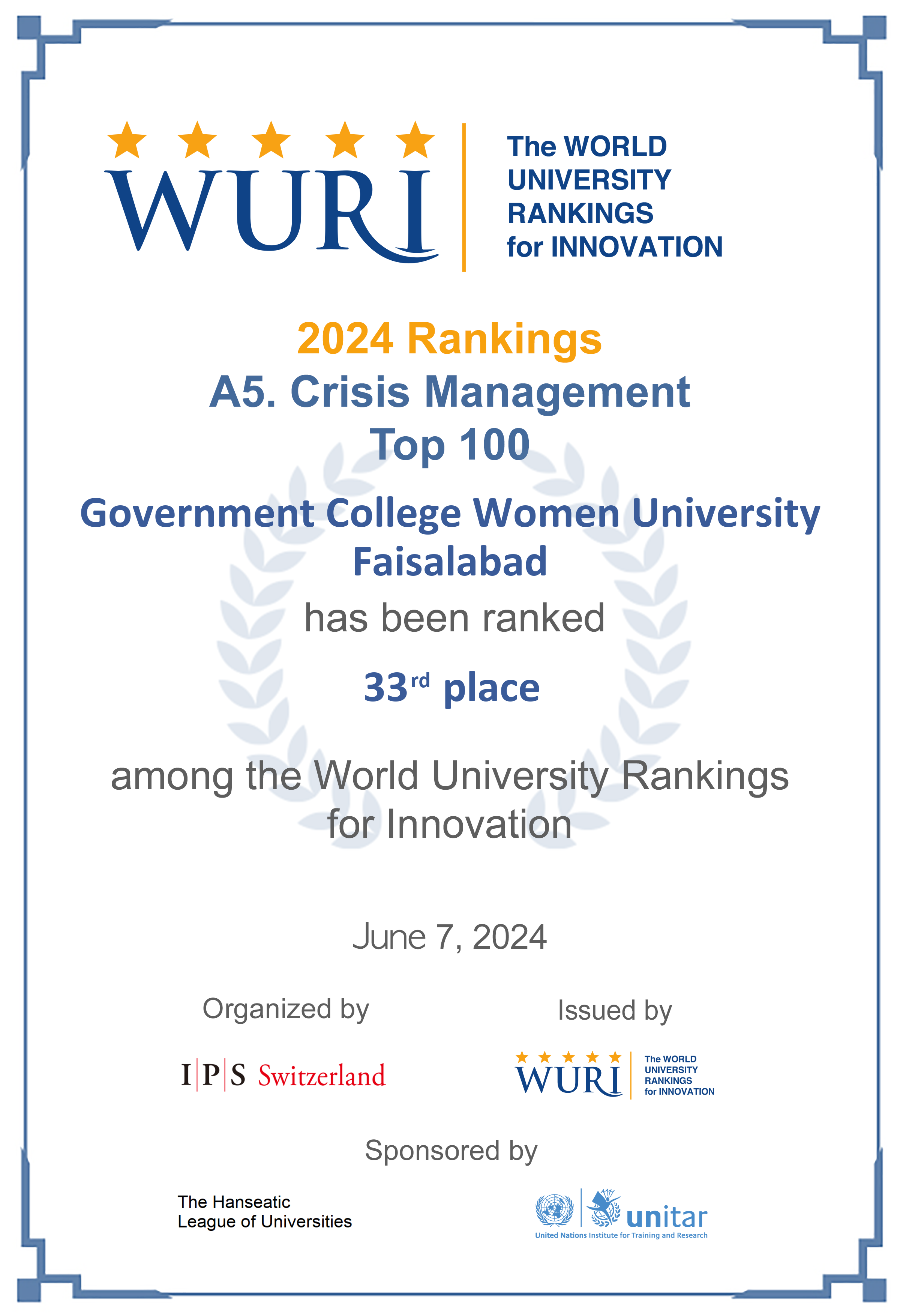
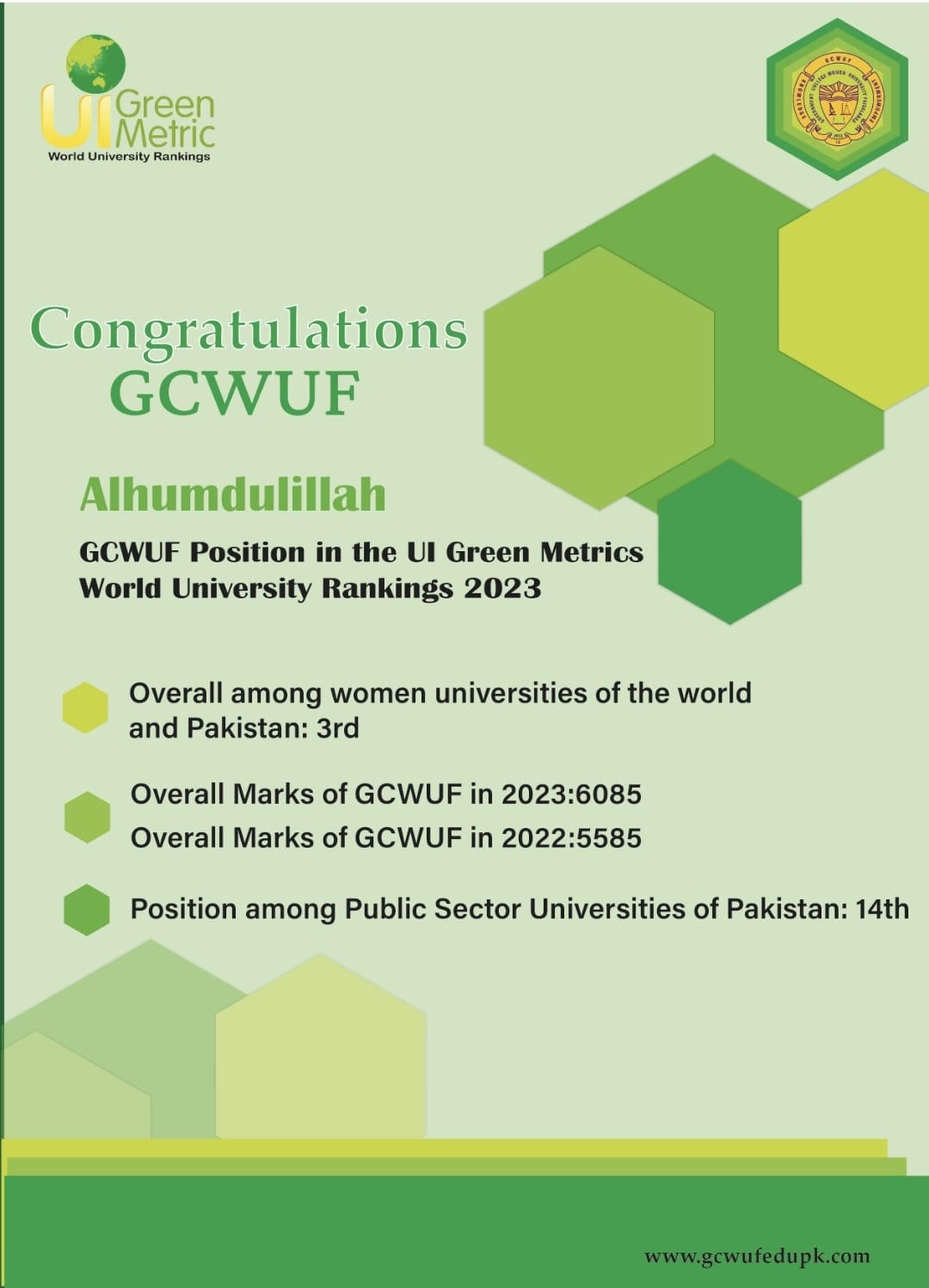

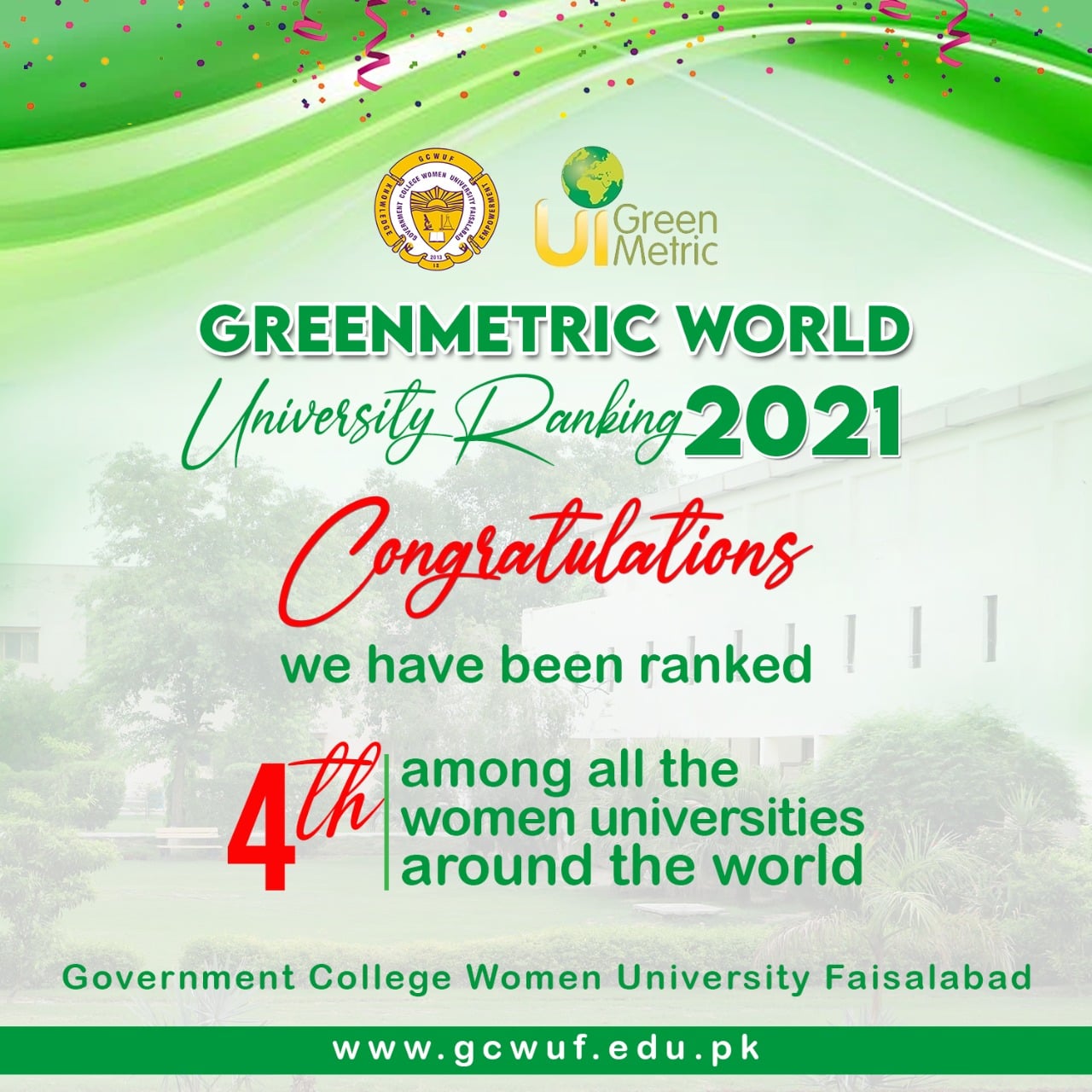




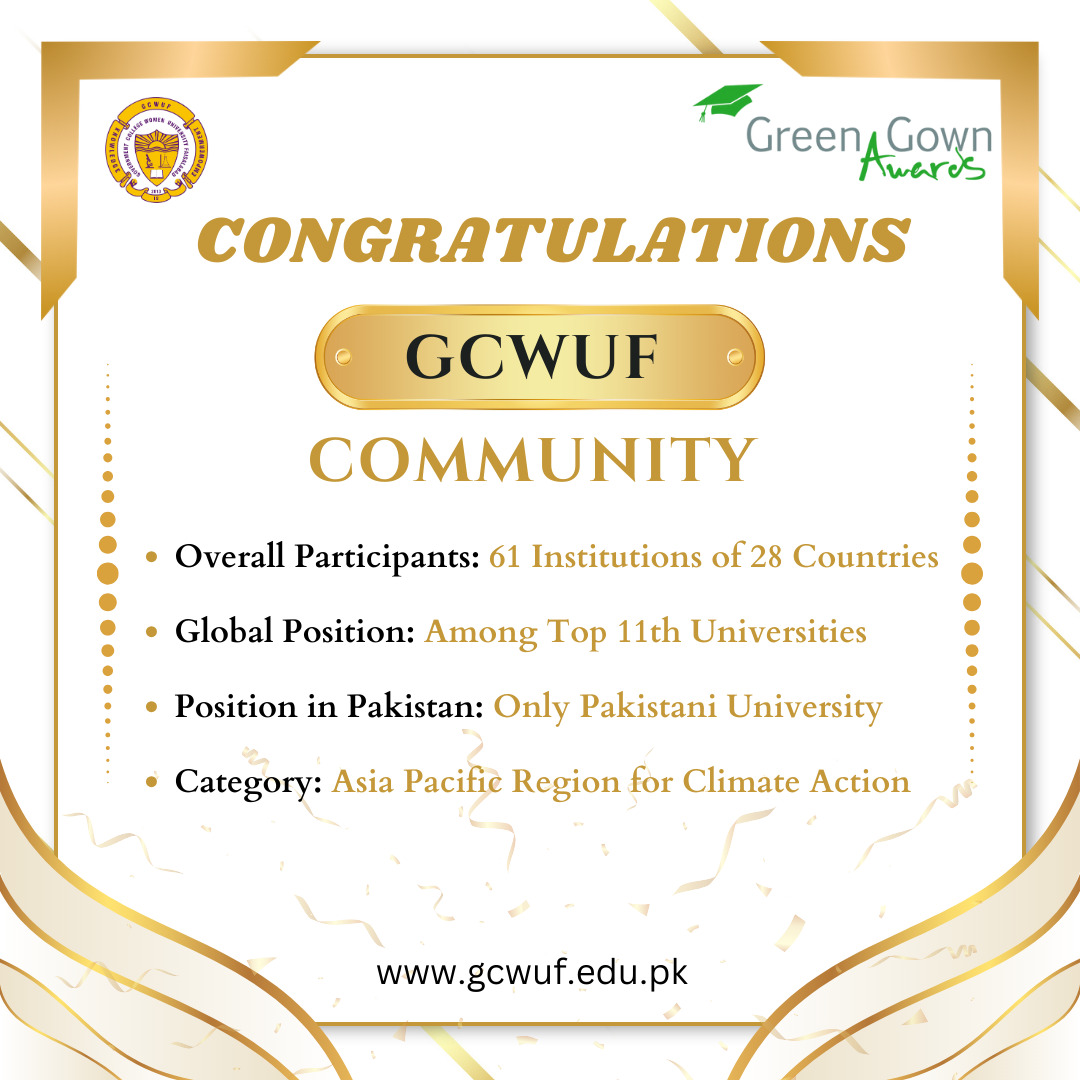
.jpeg)
